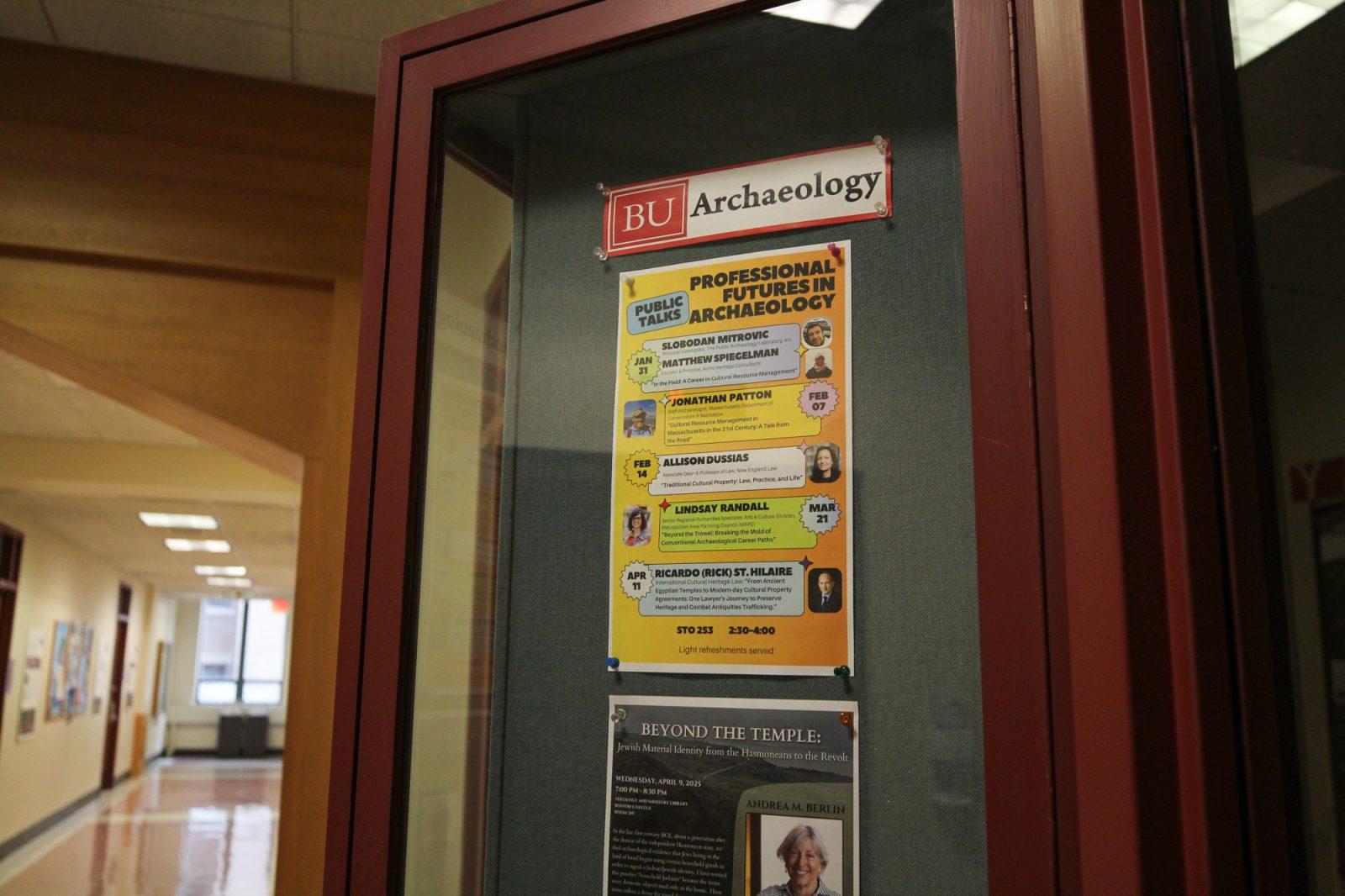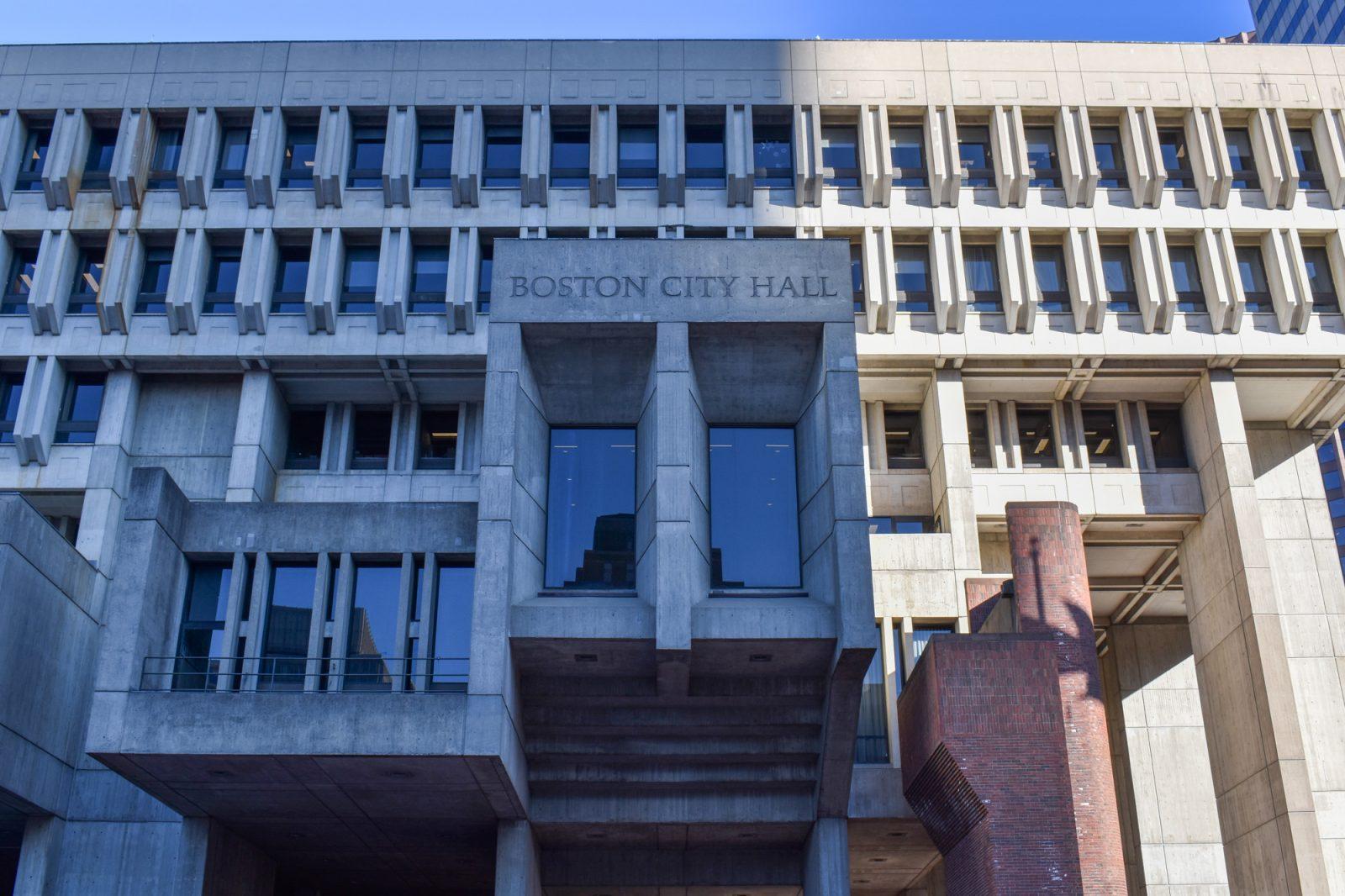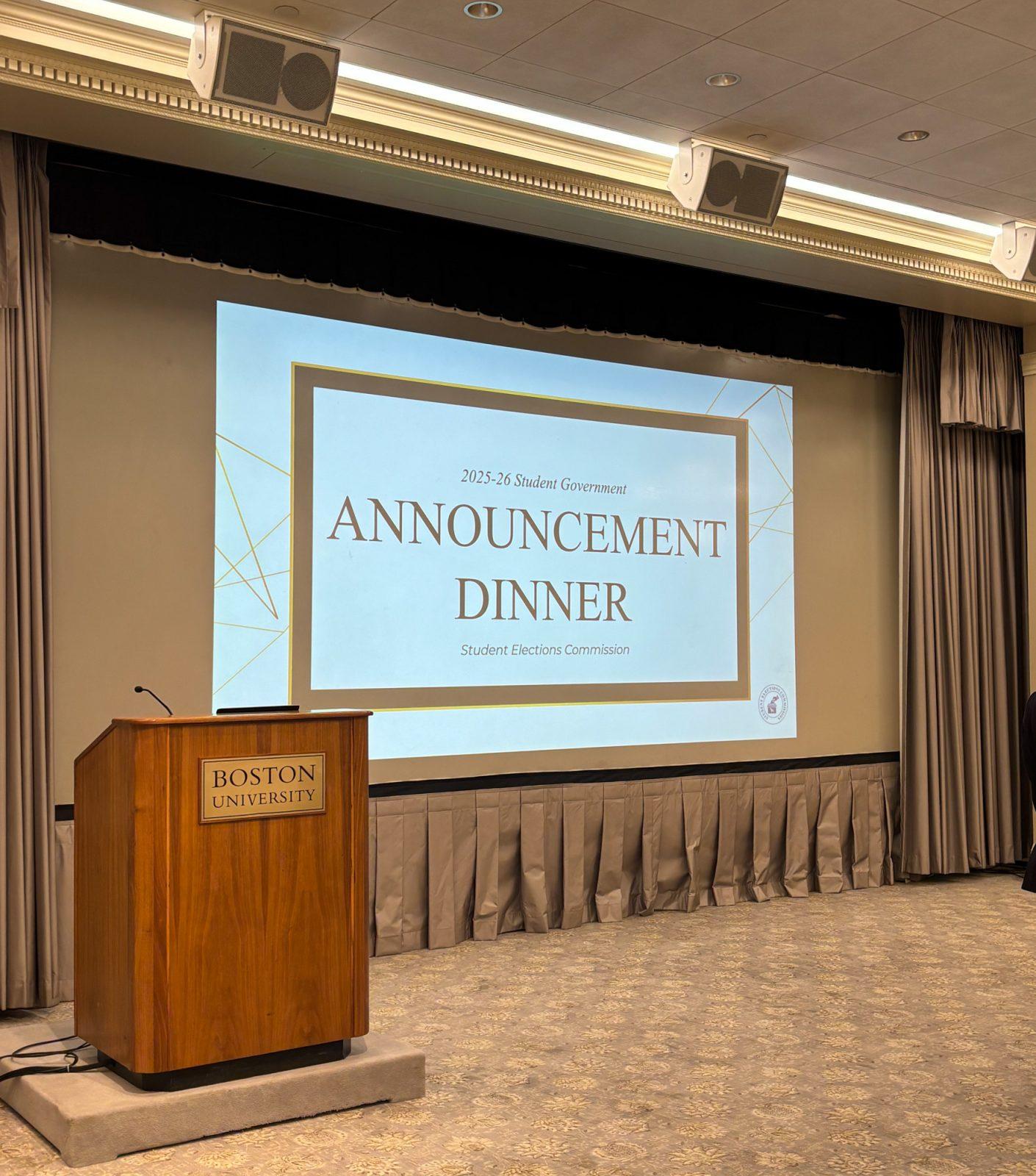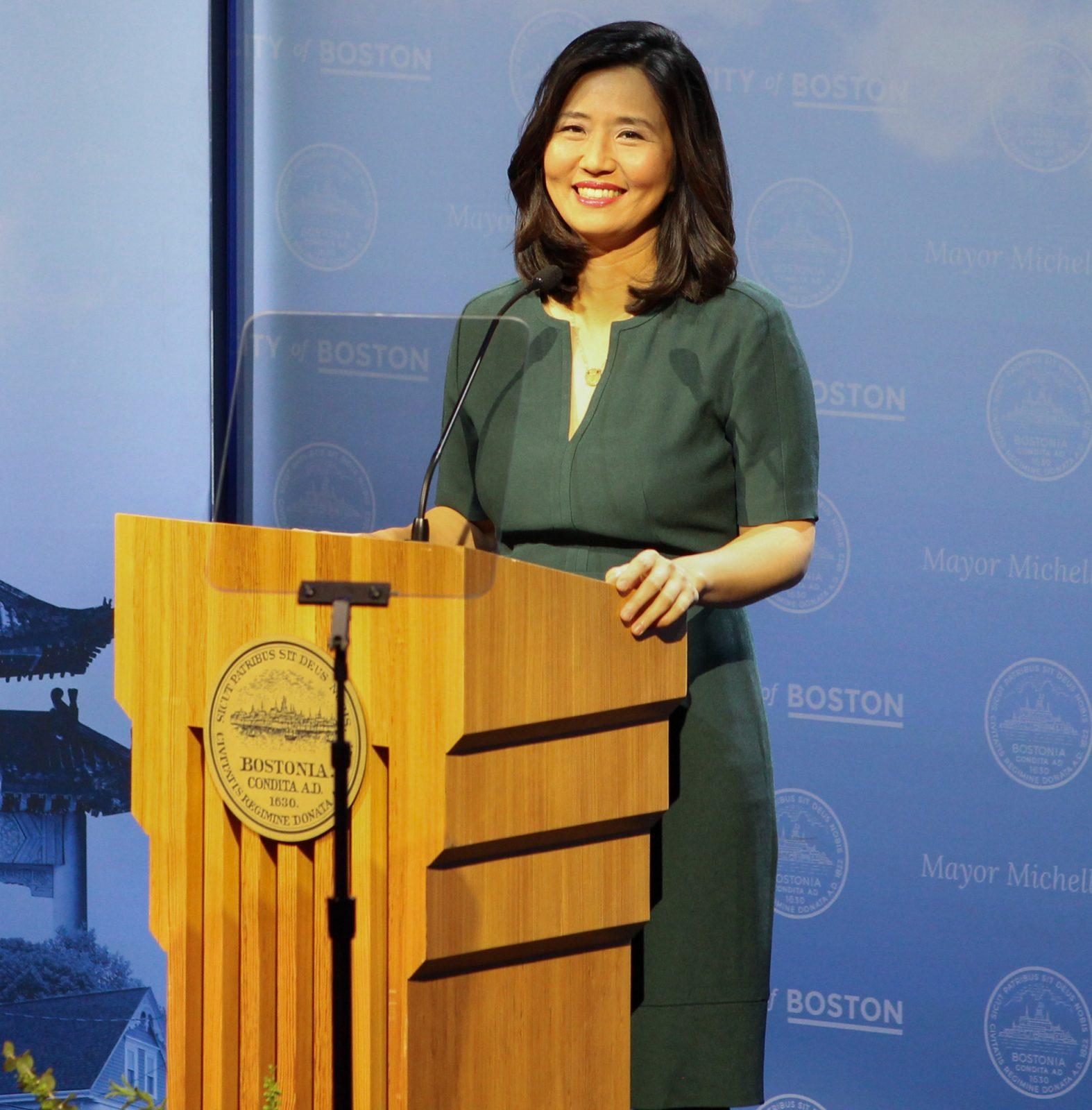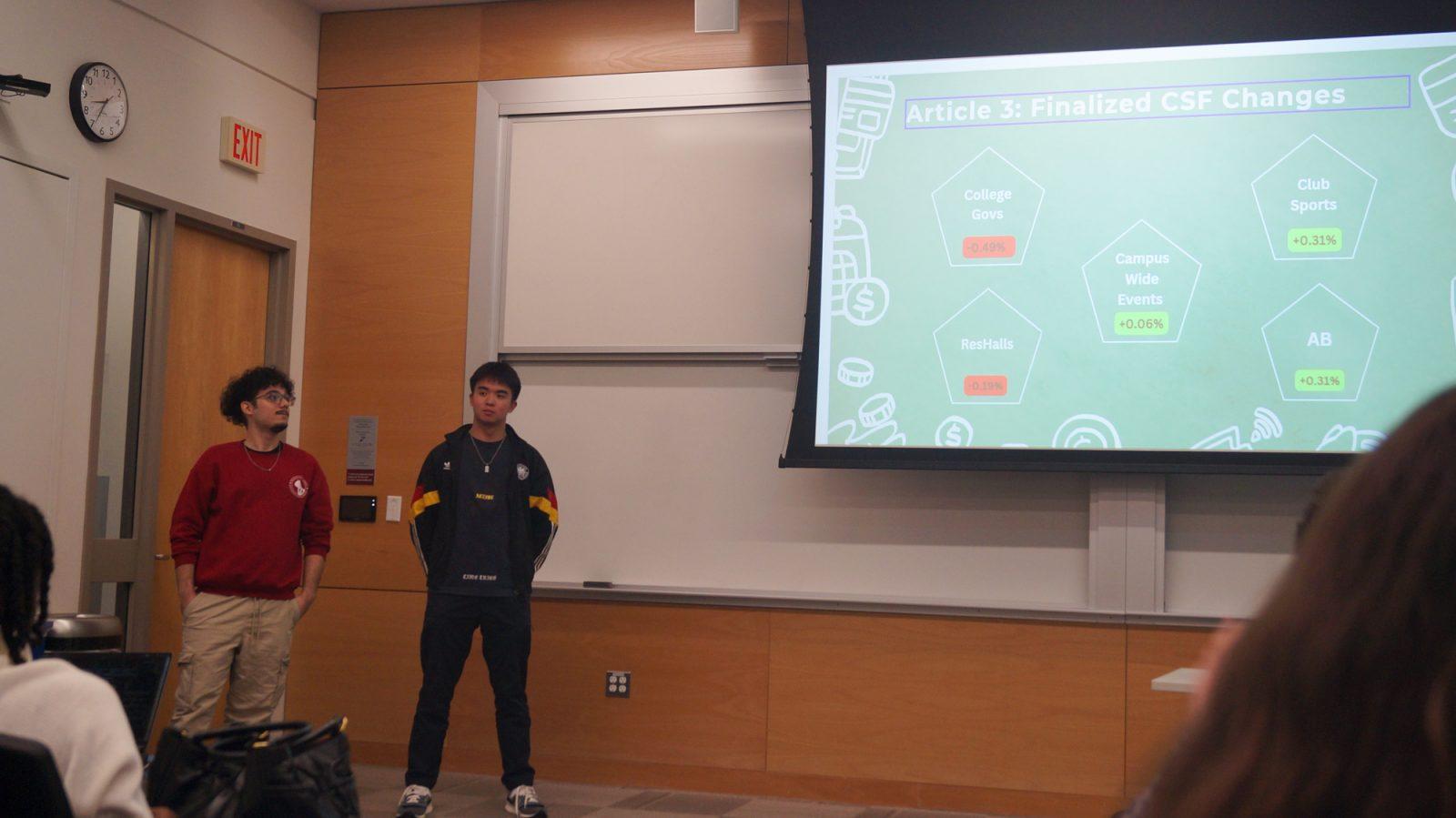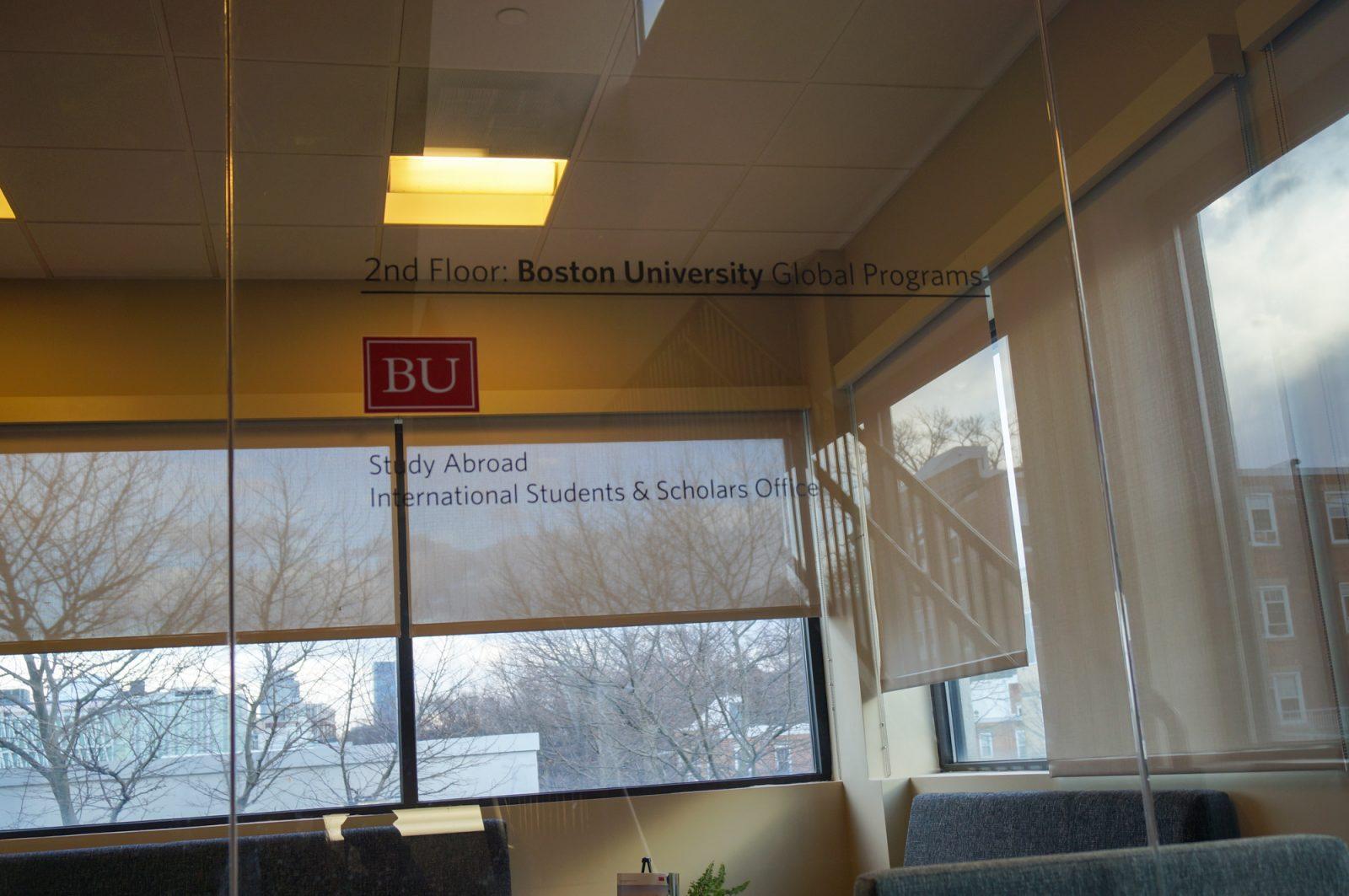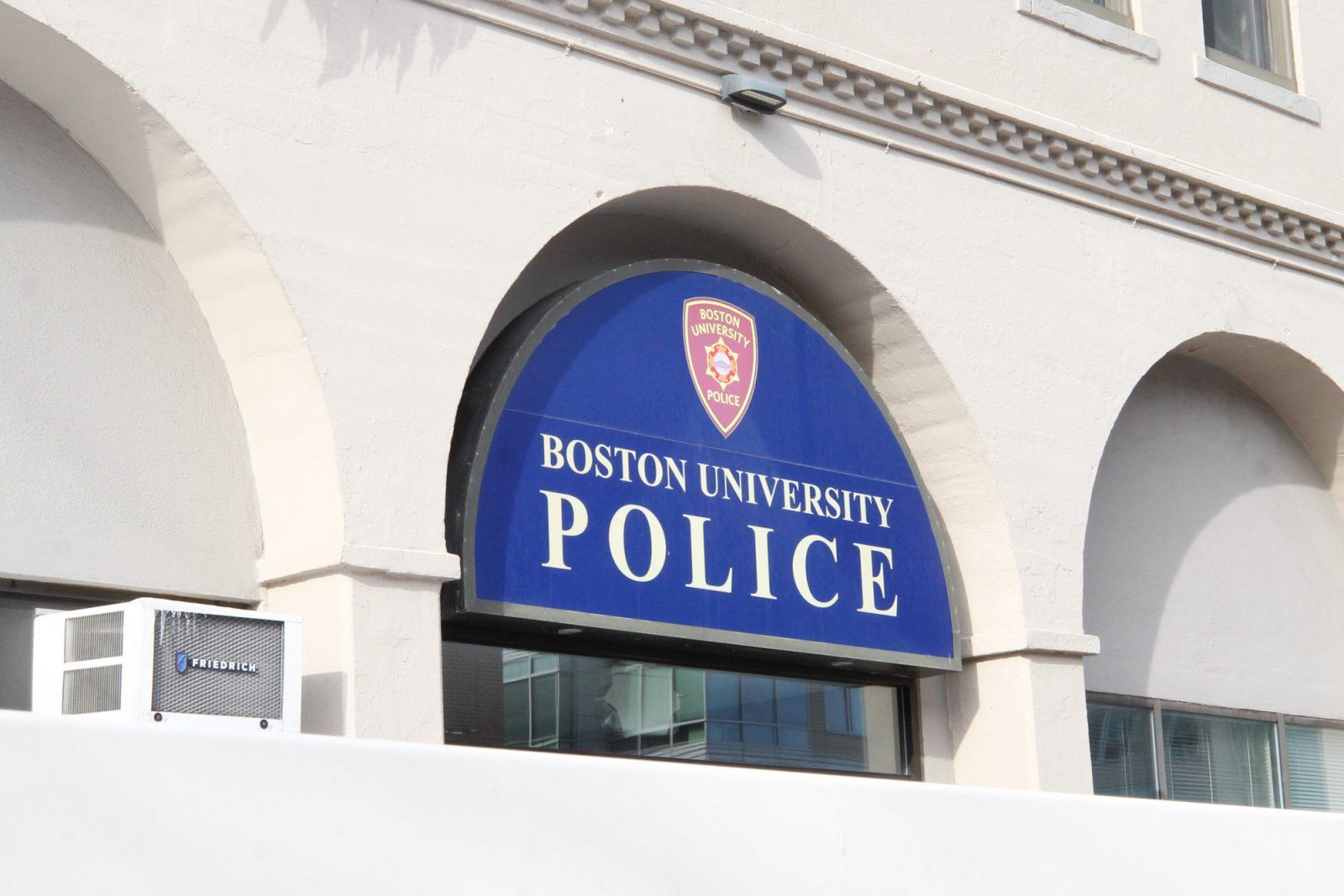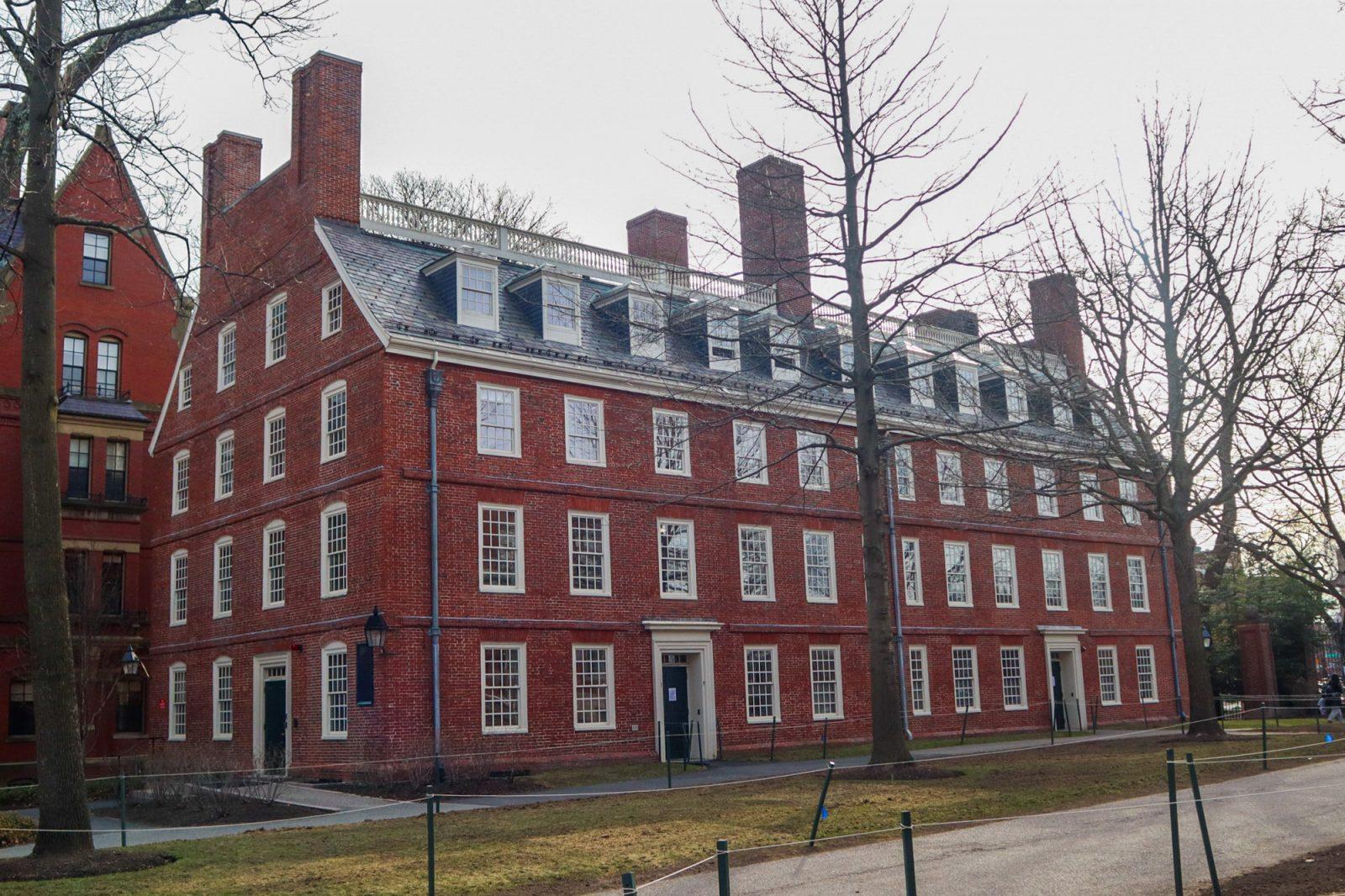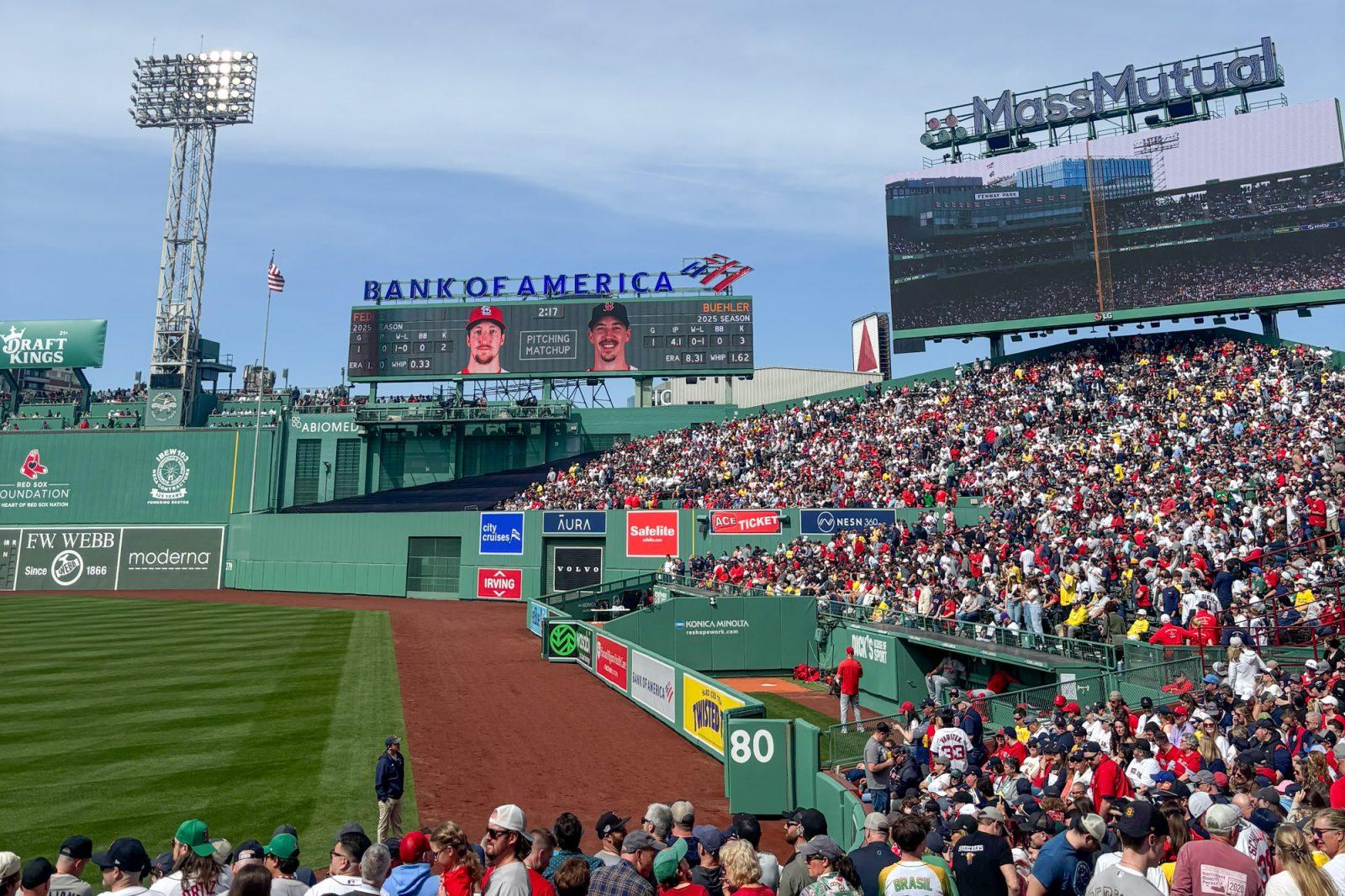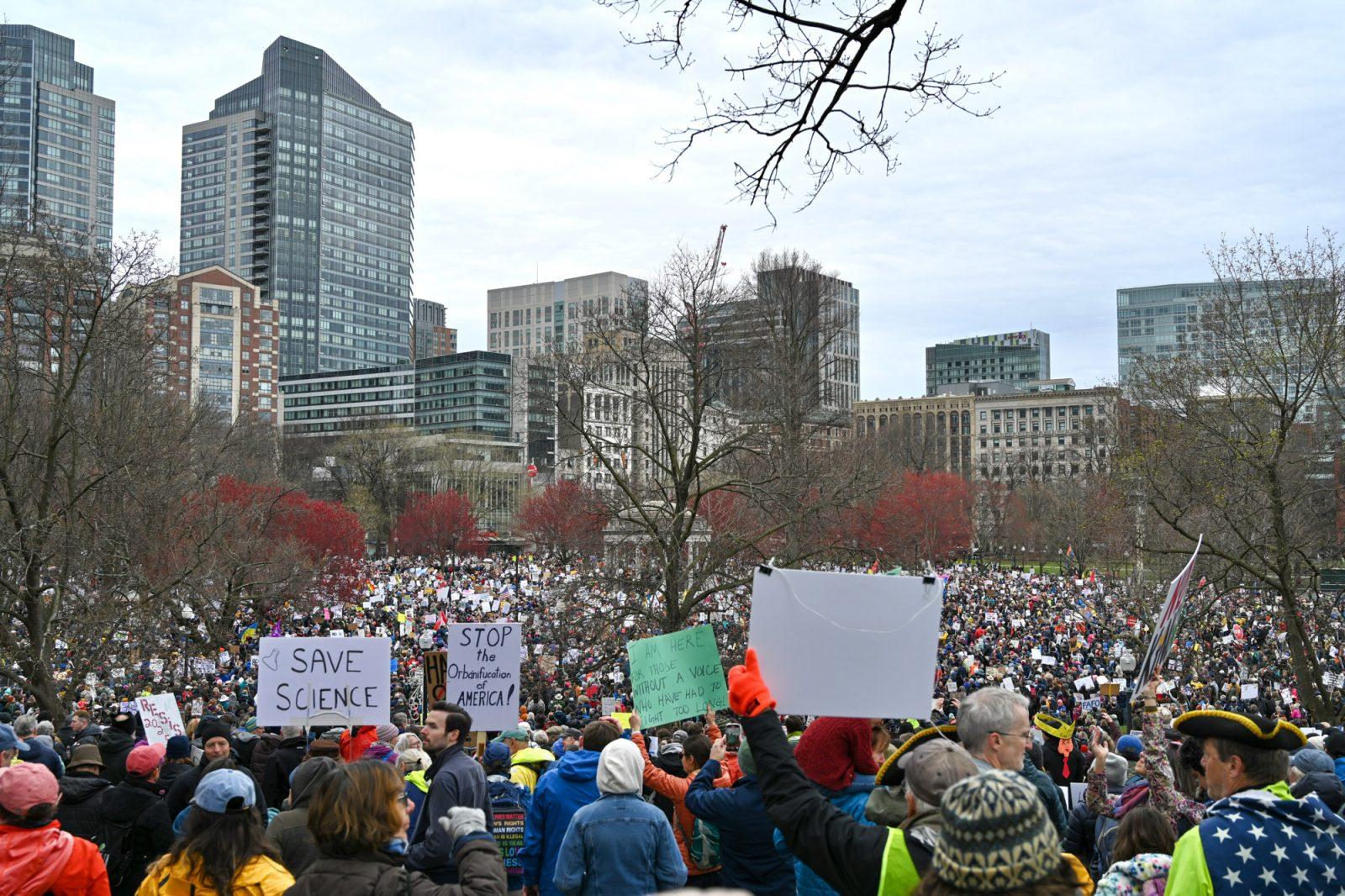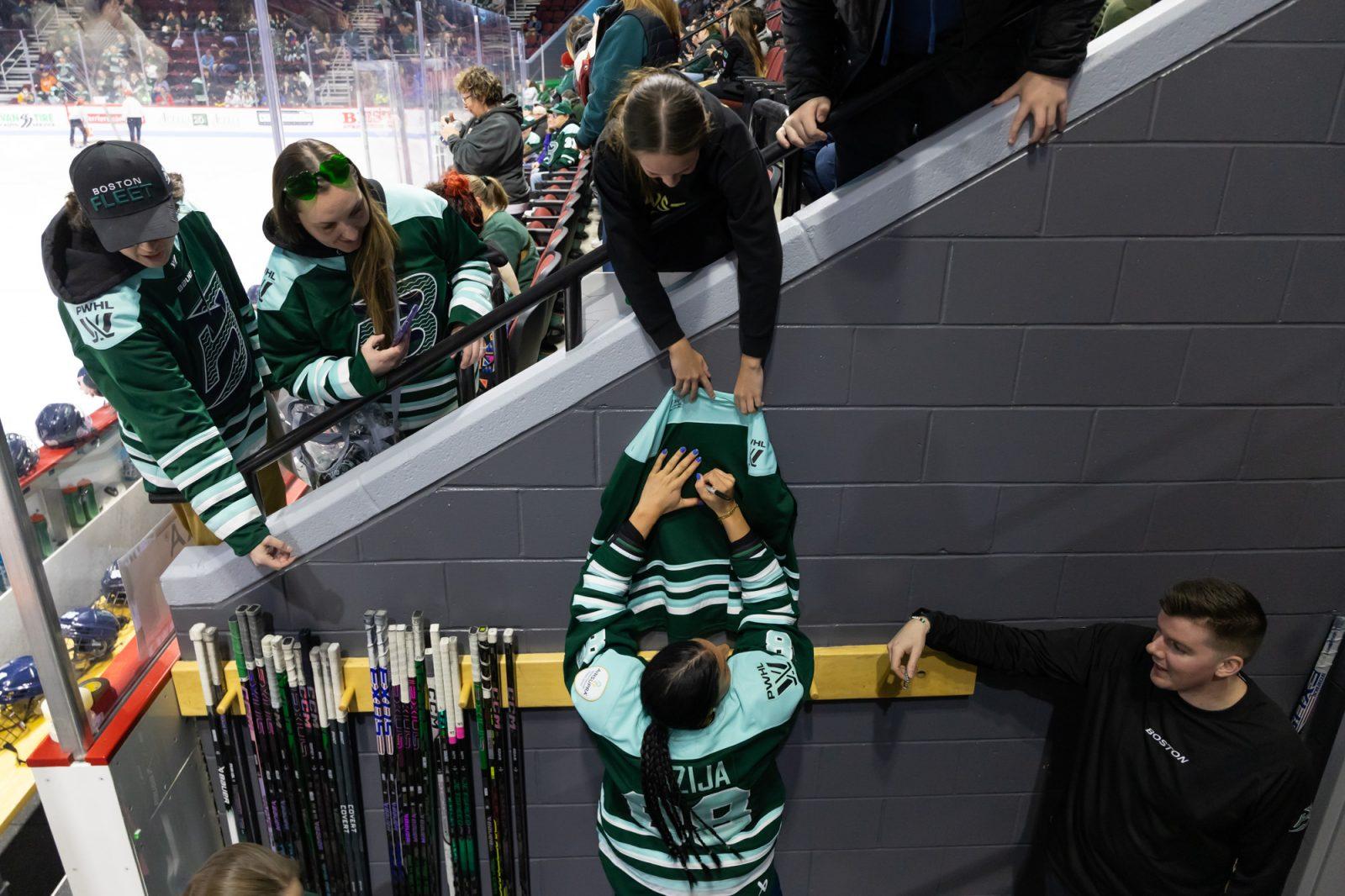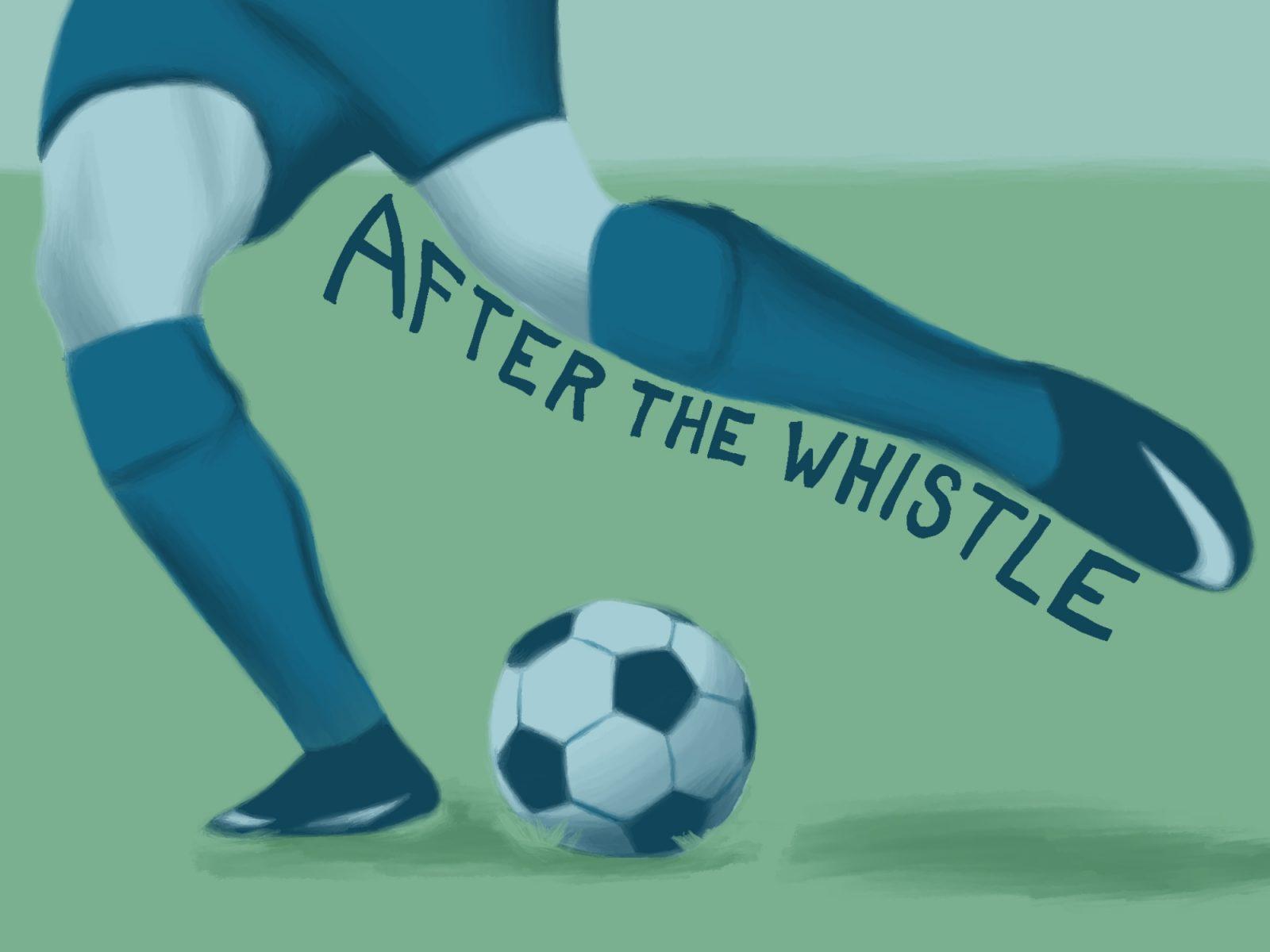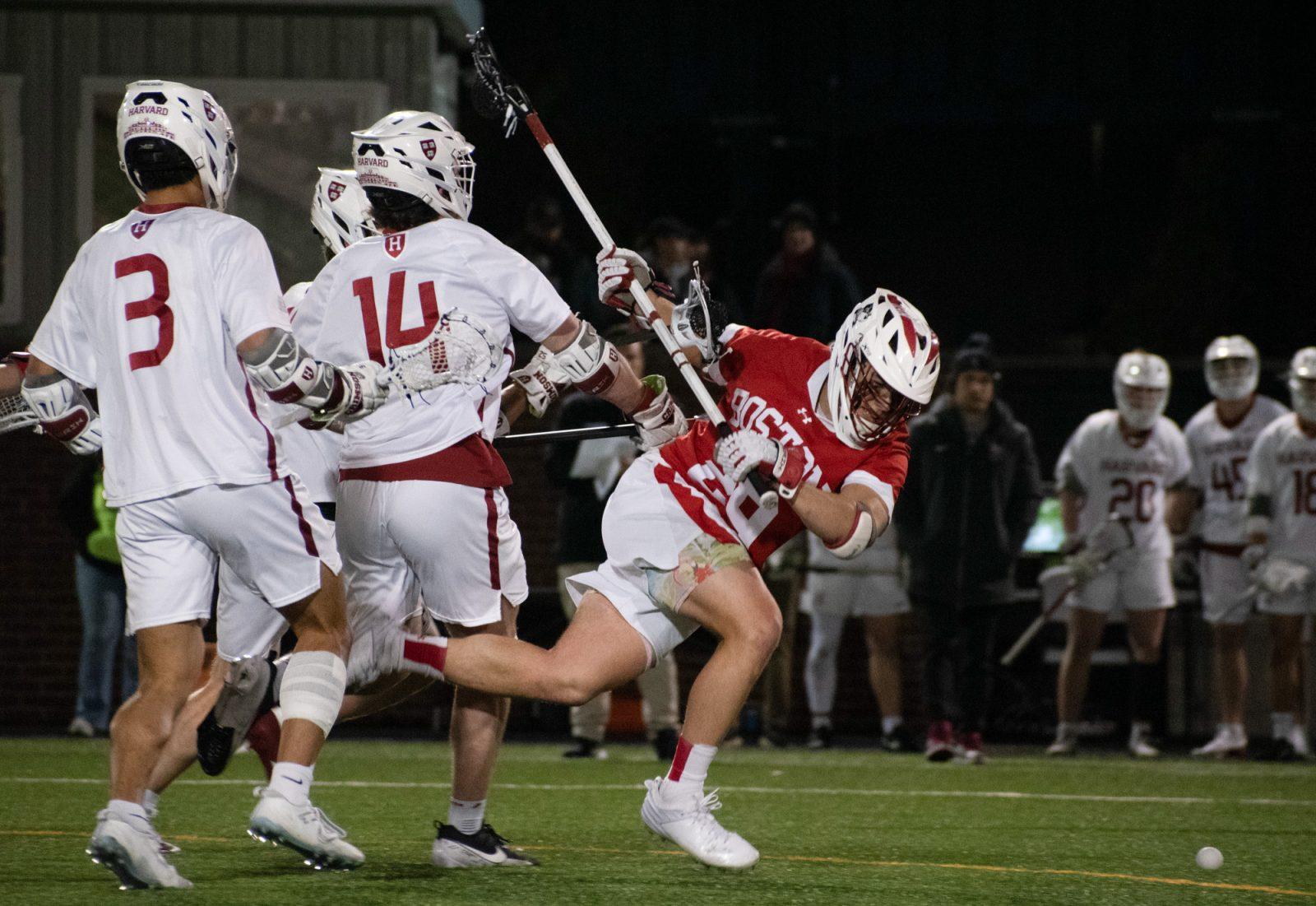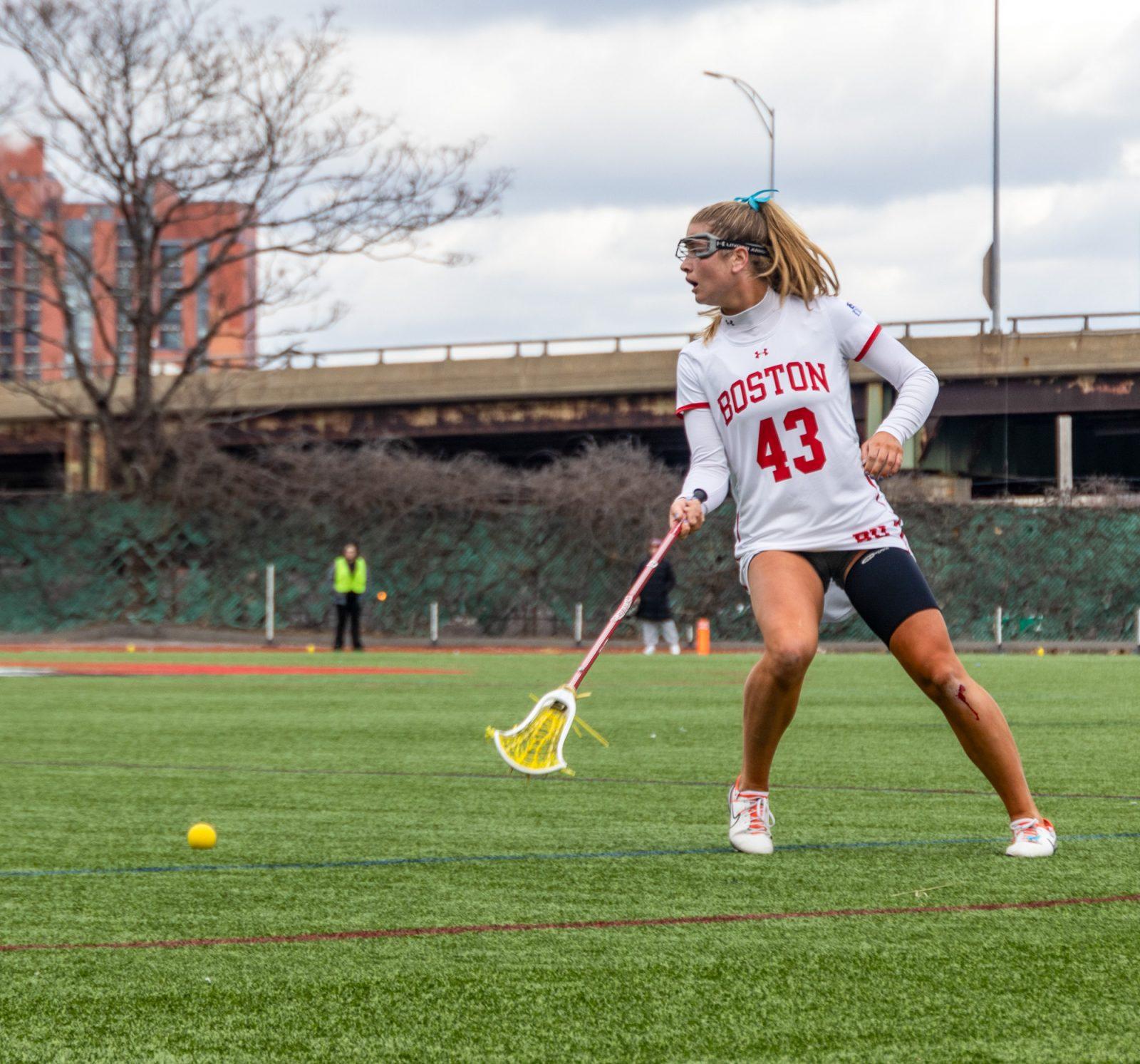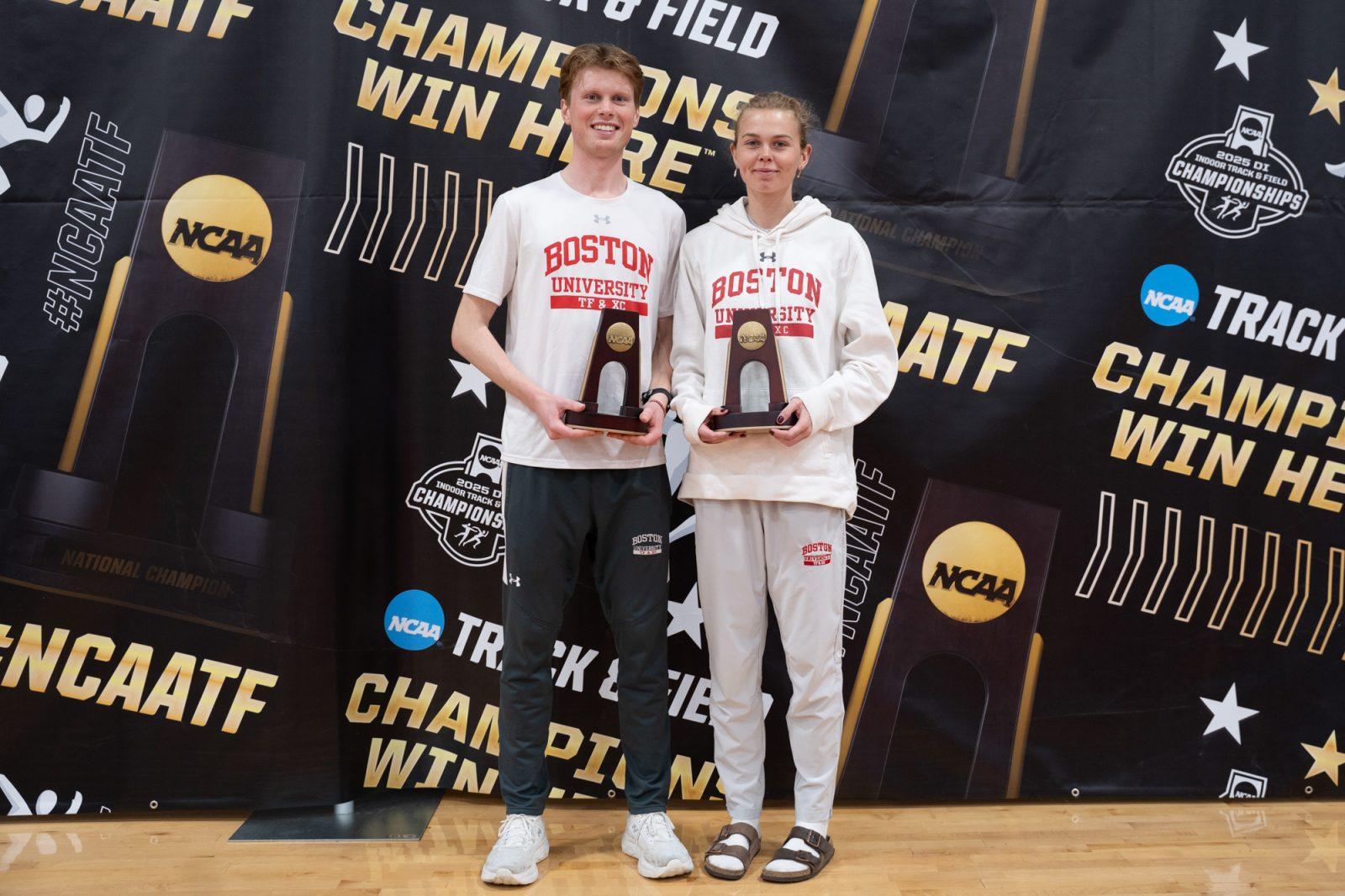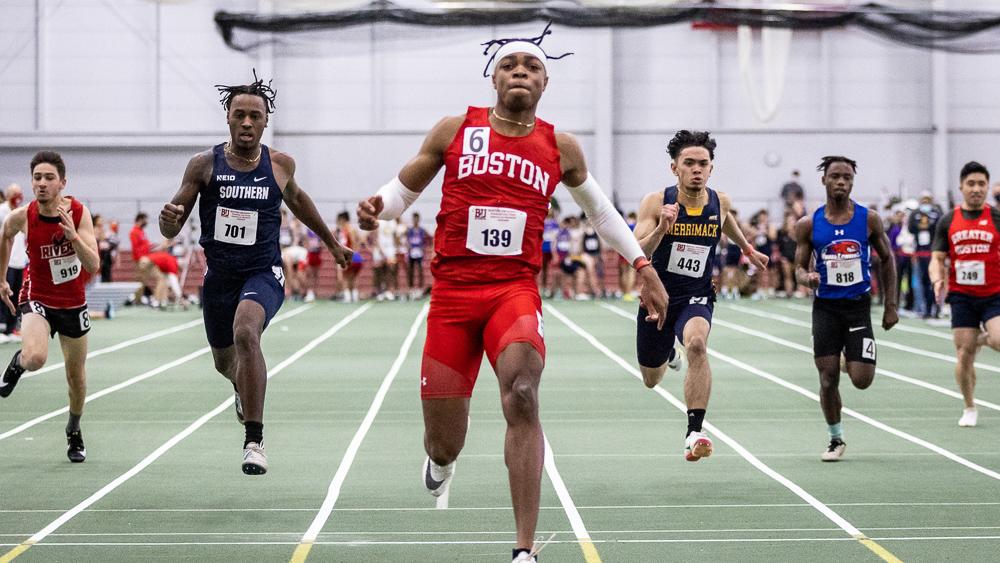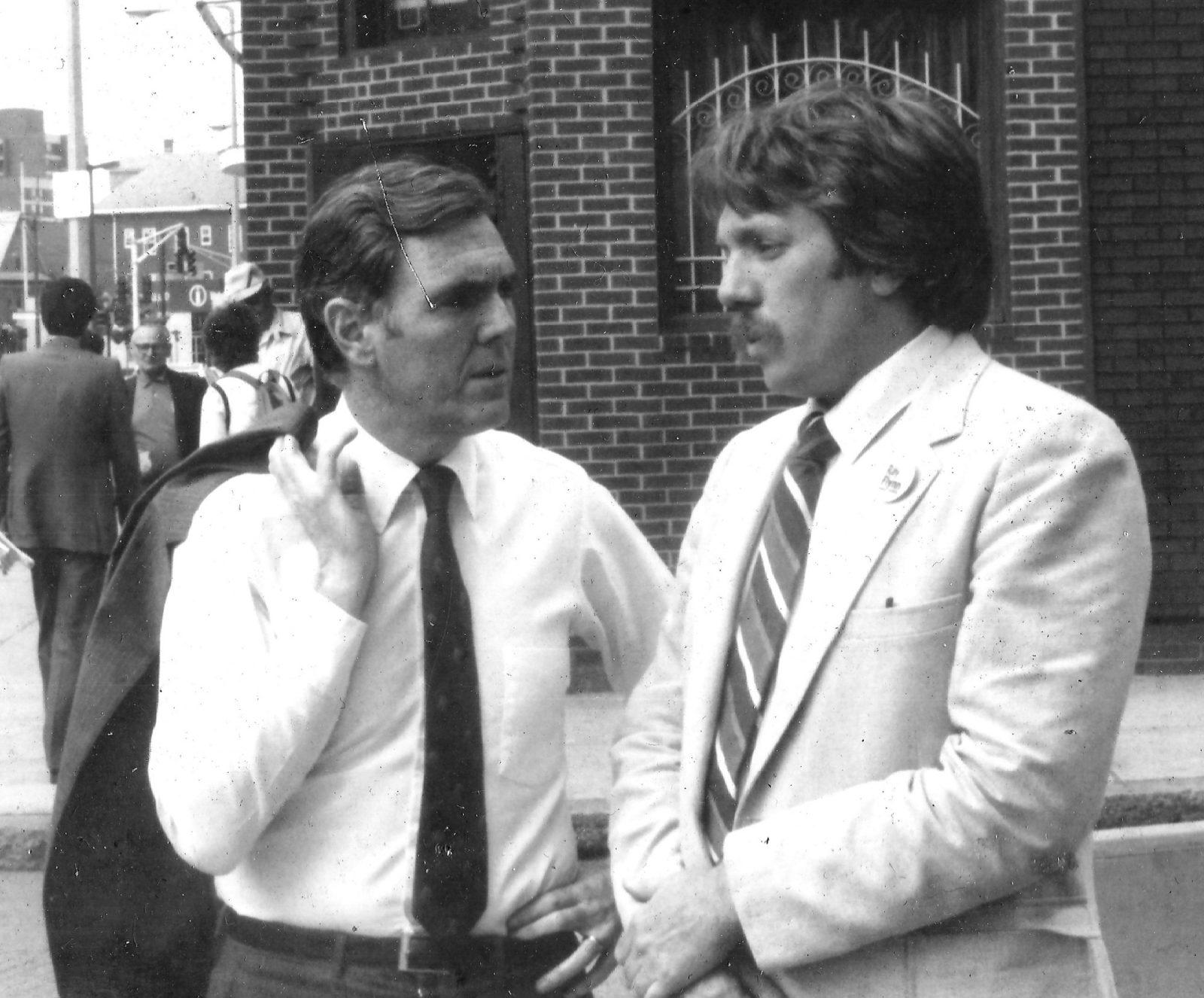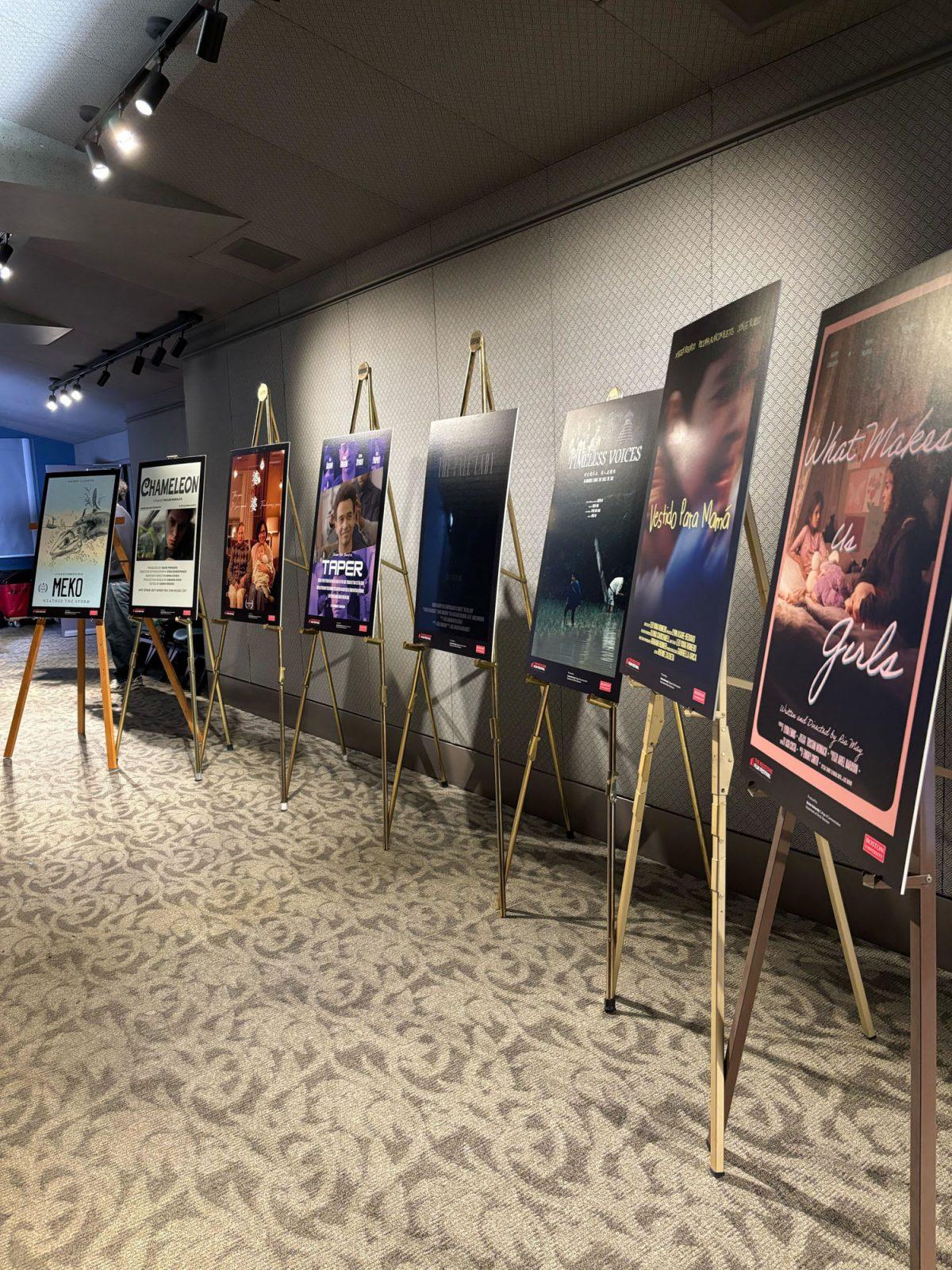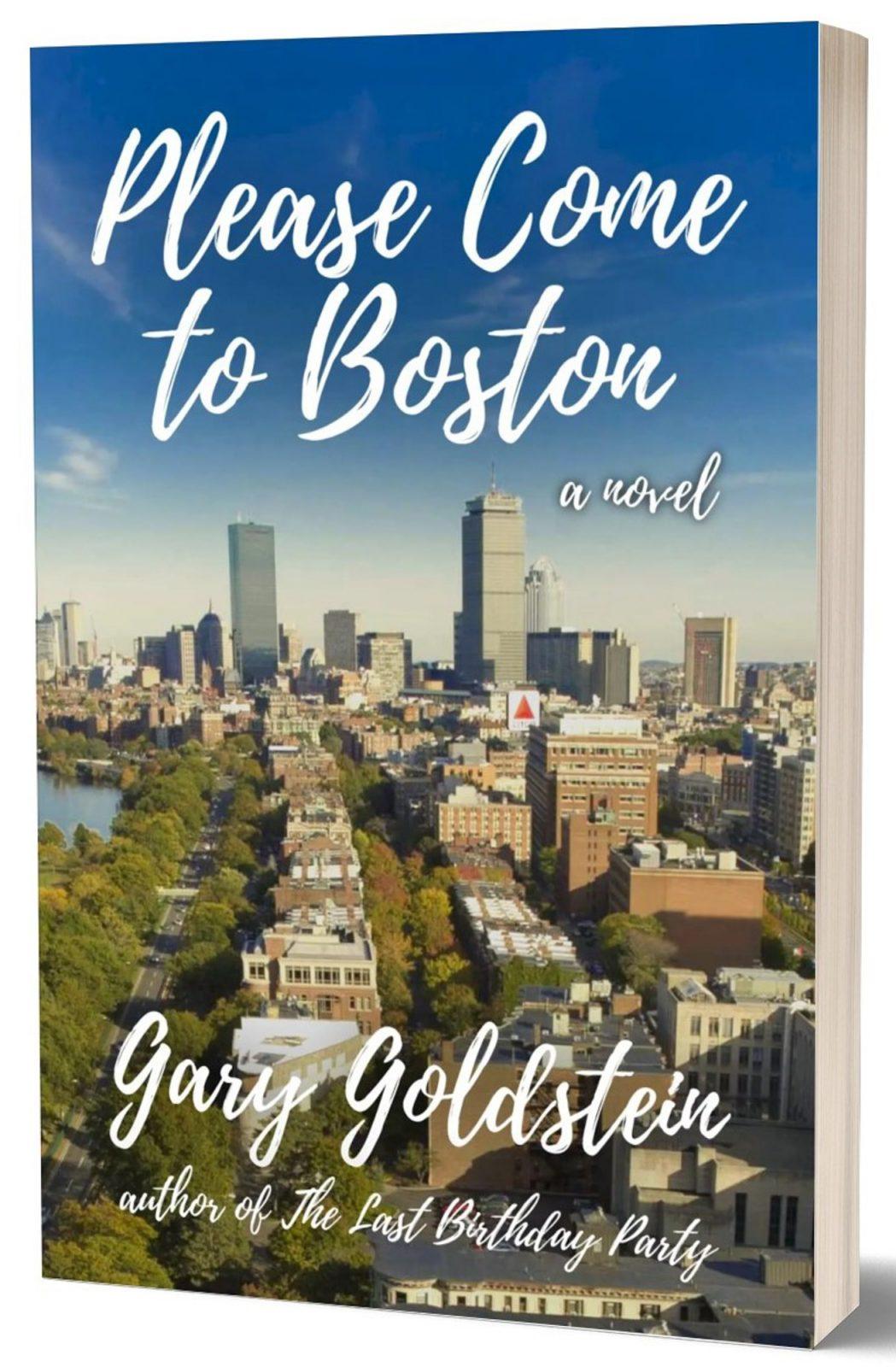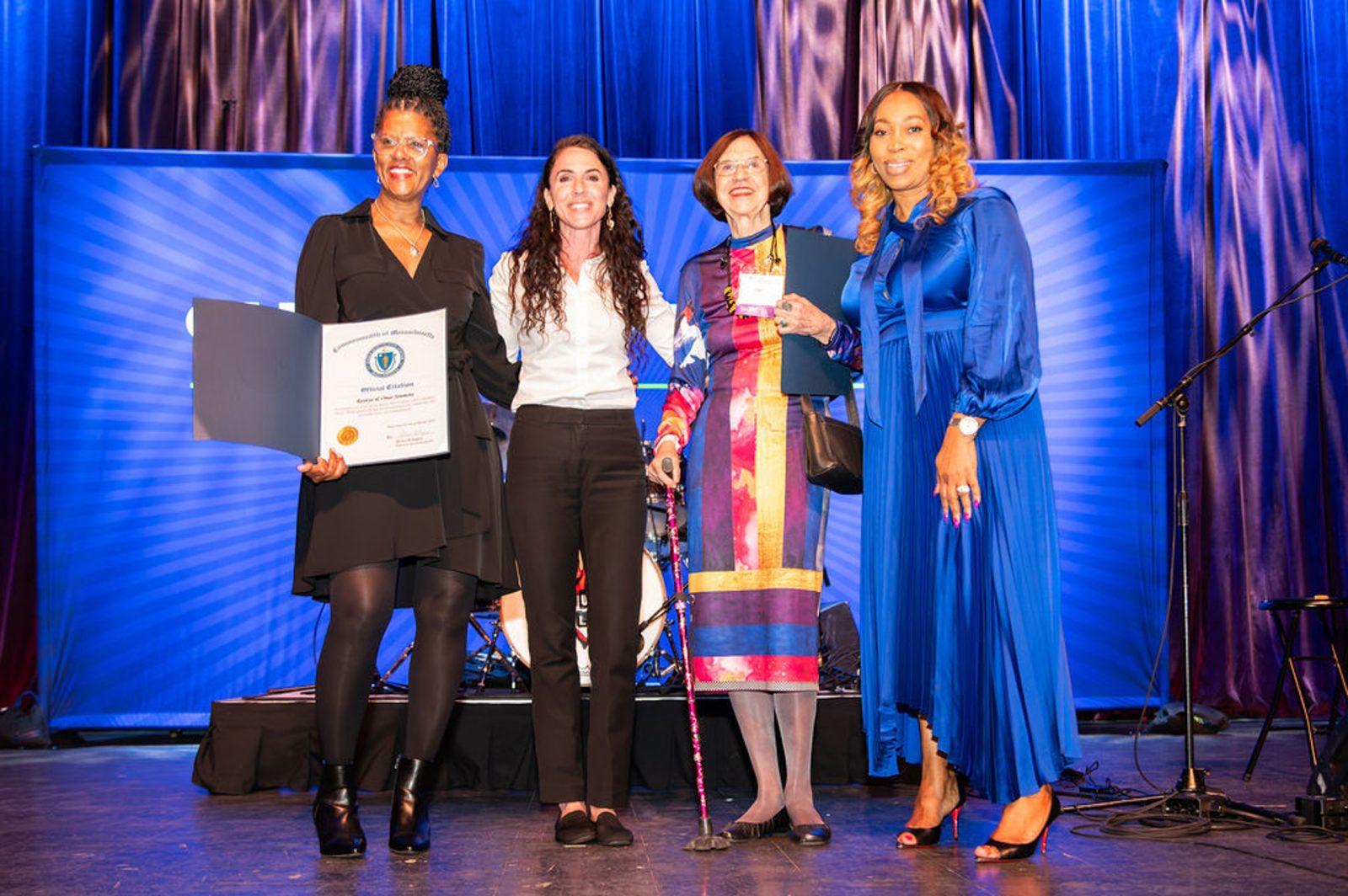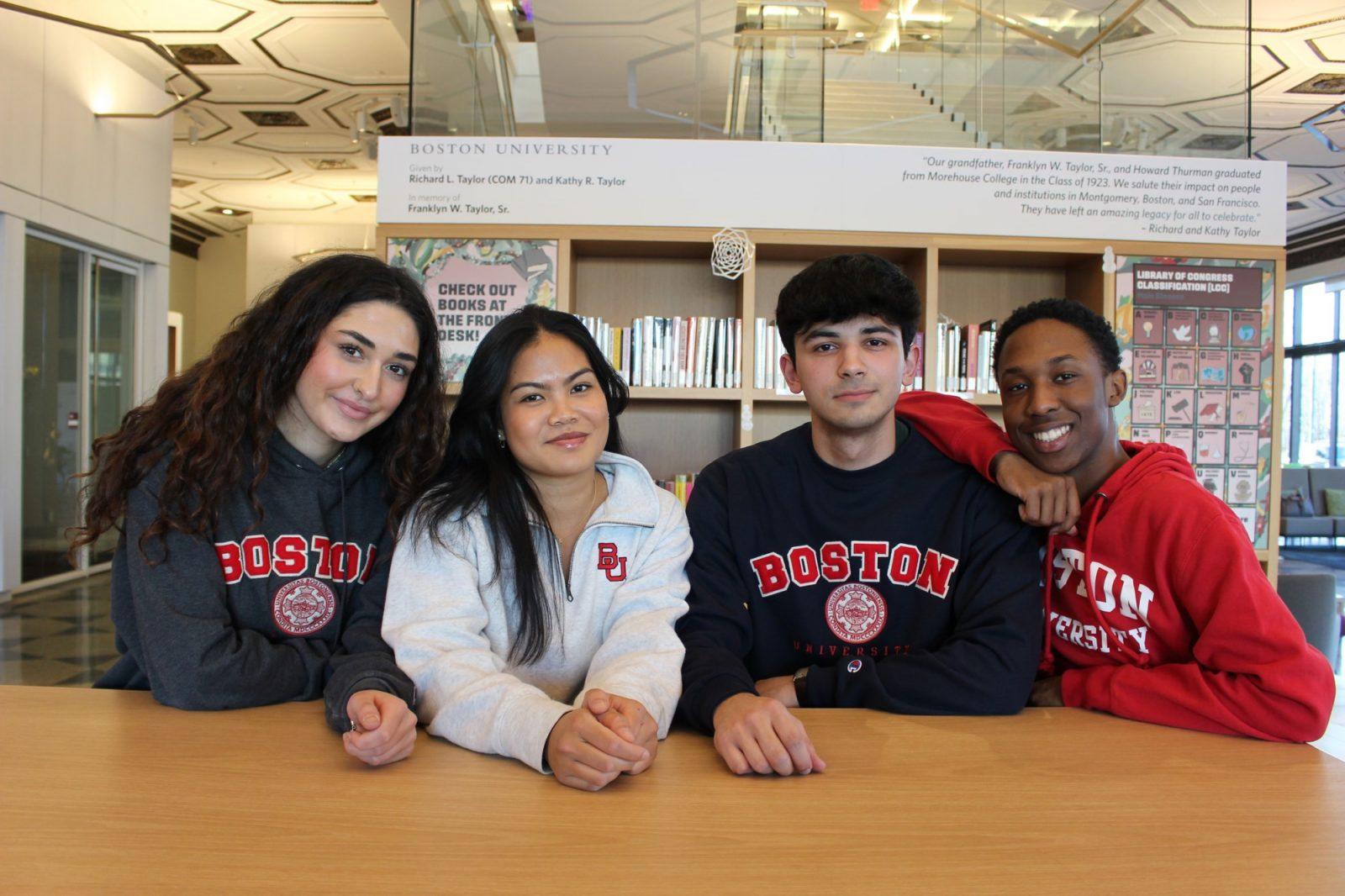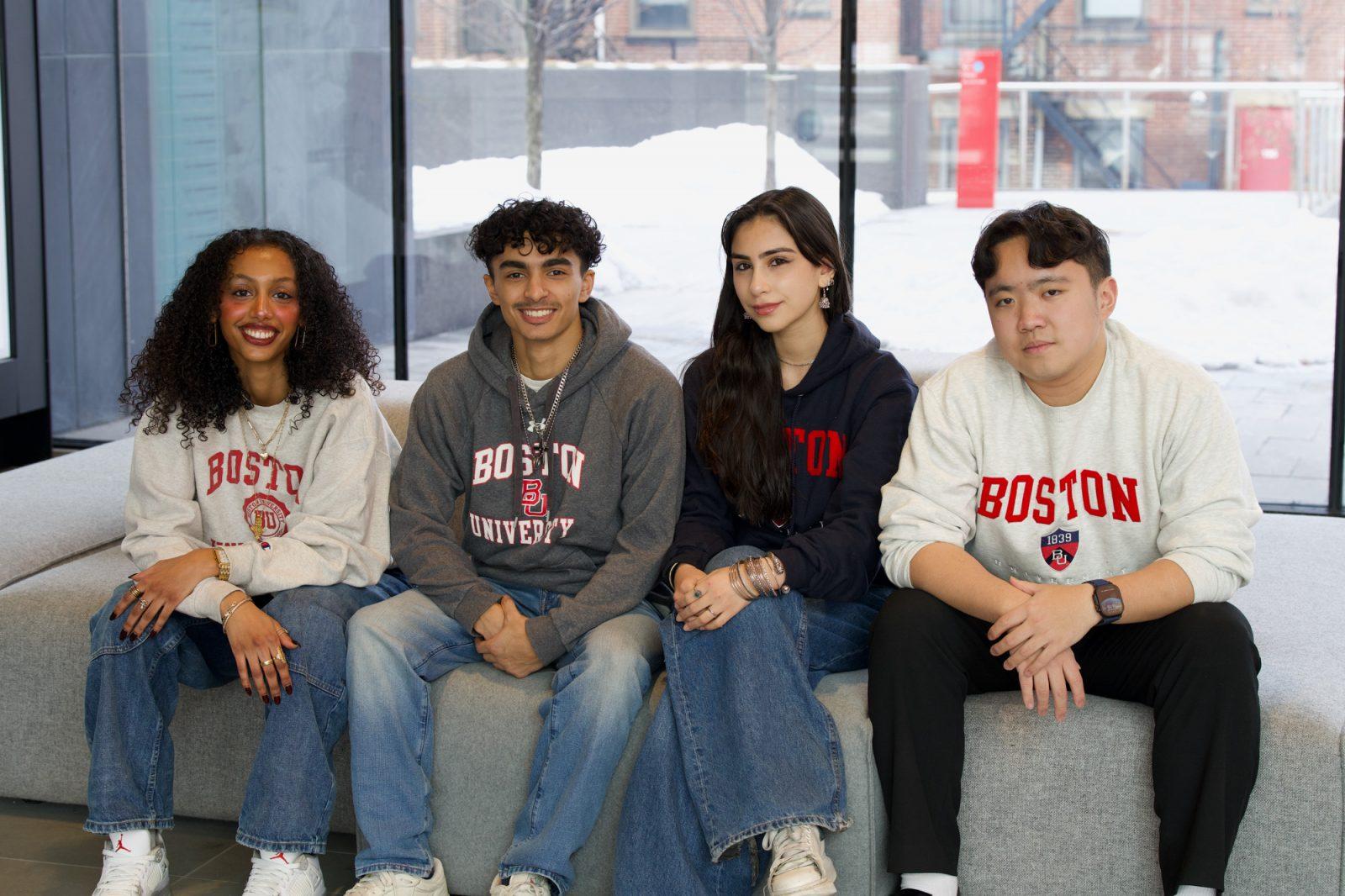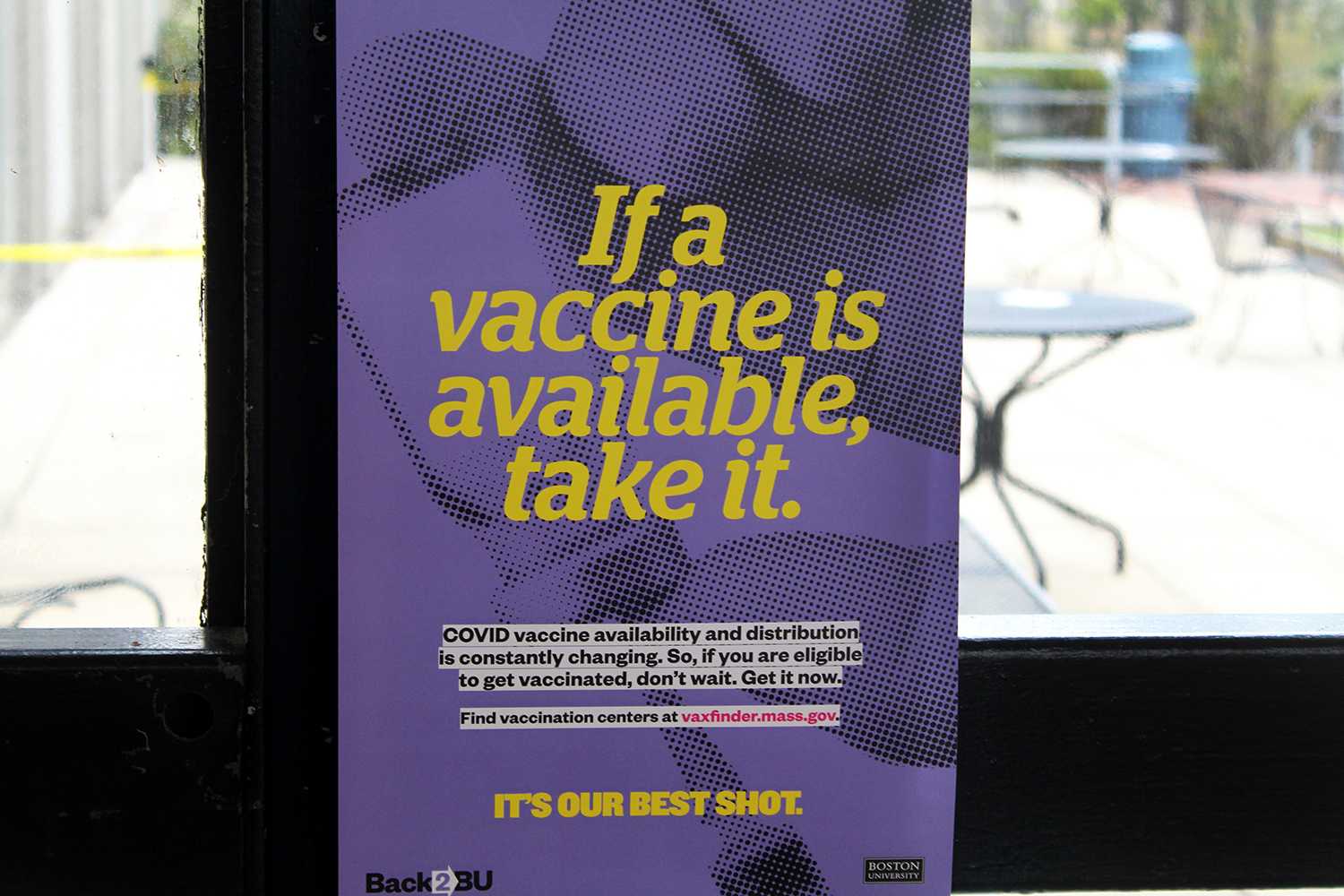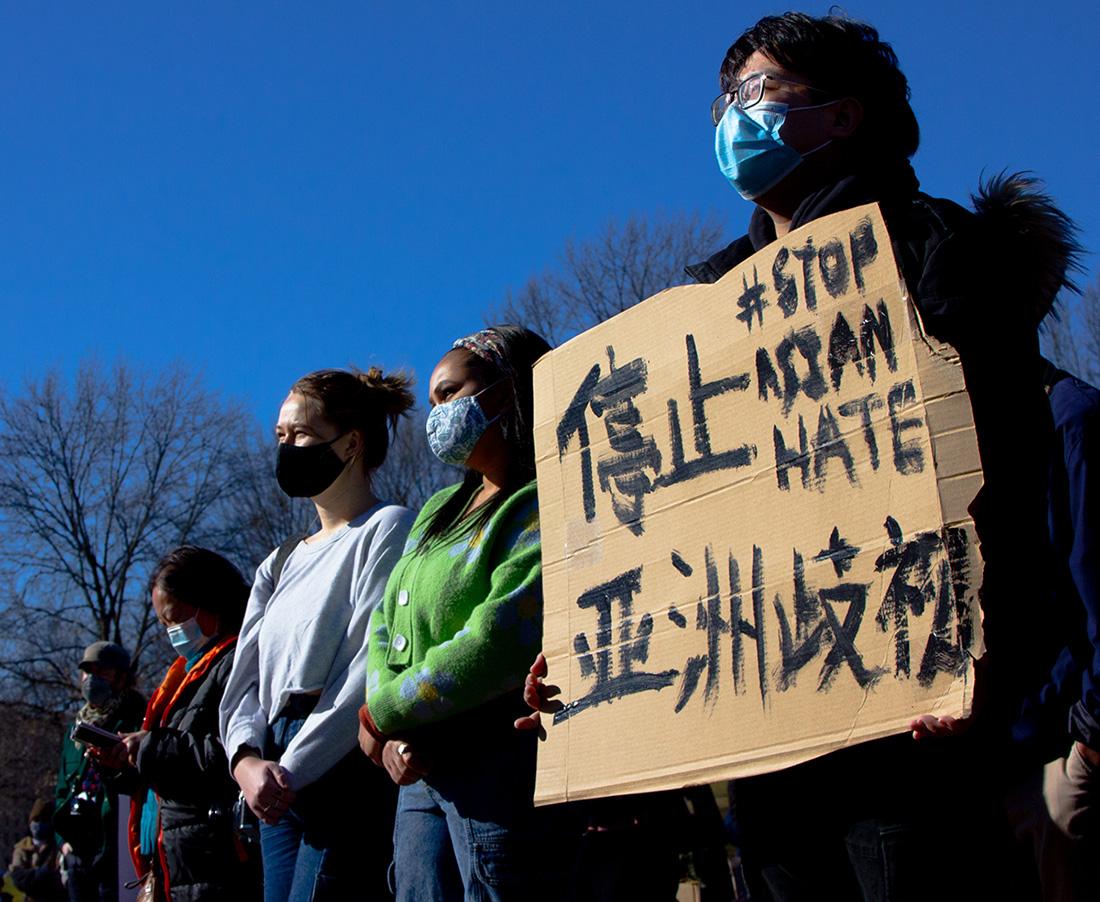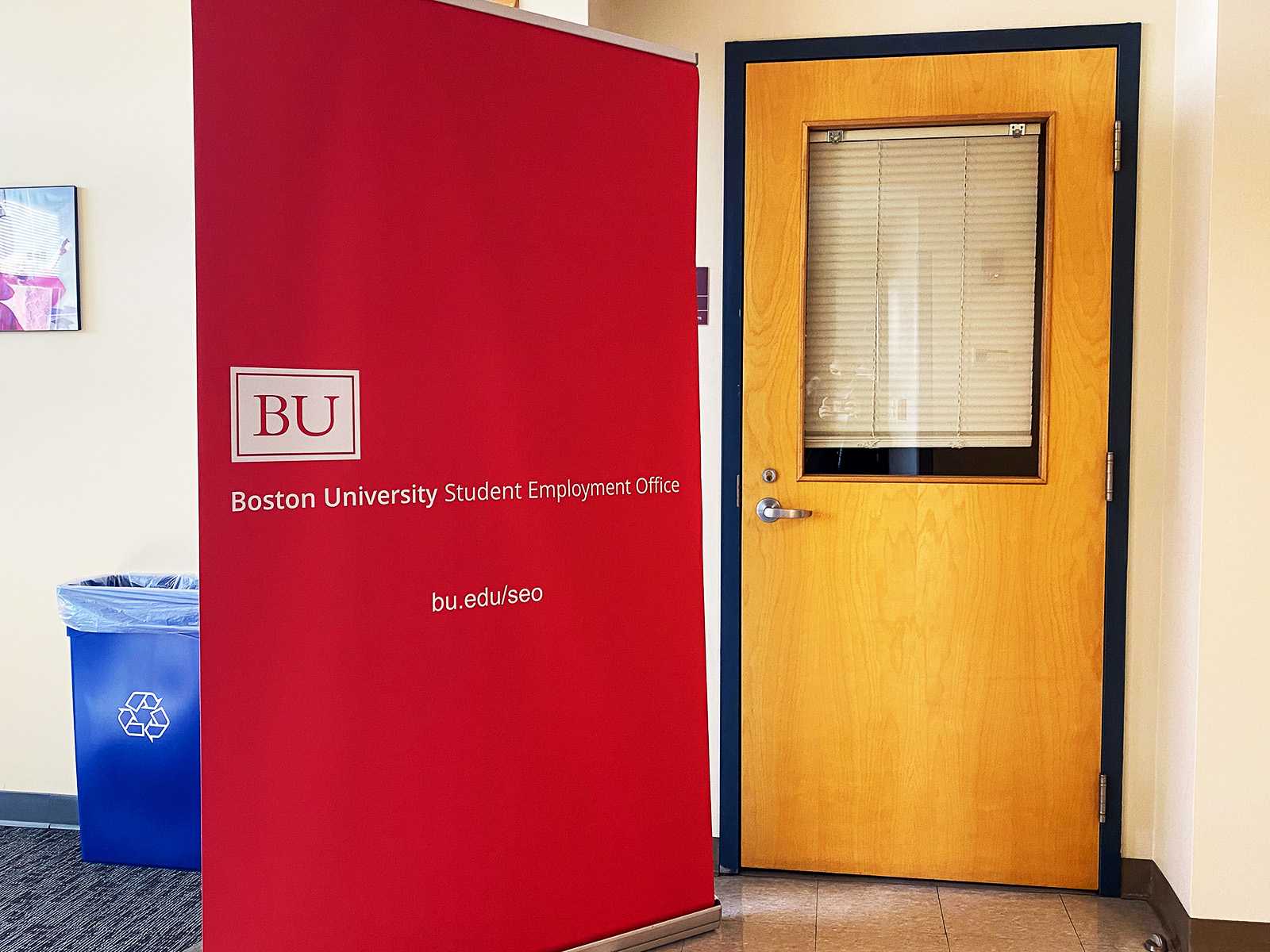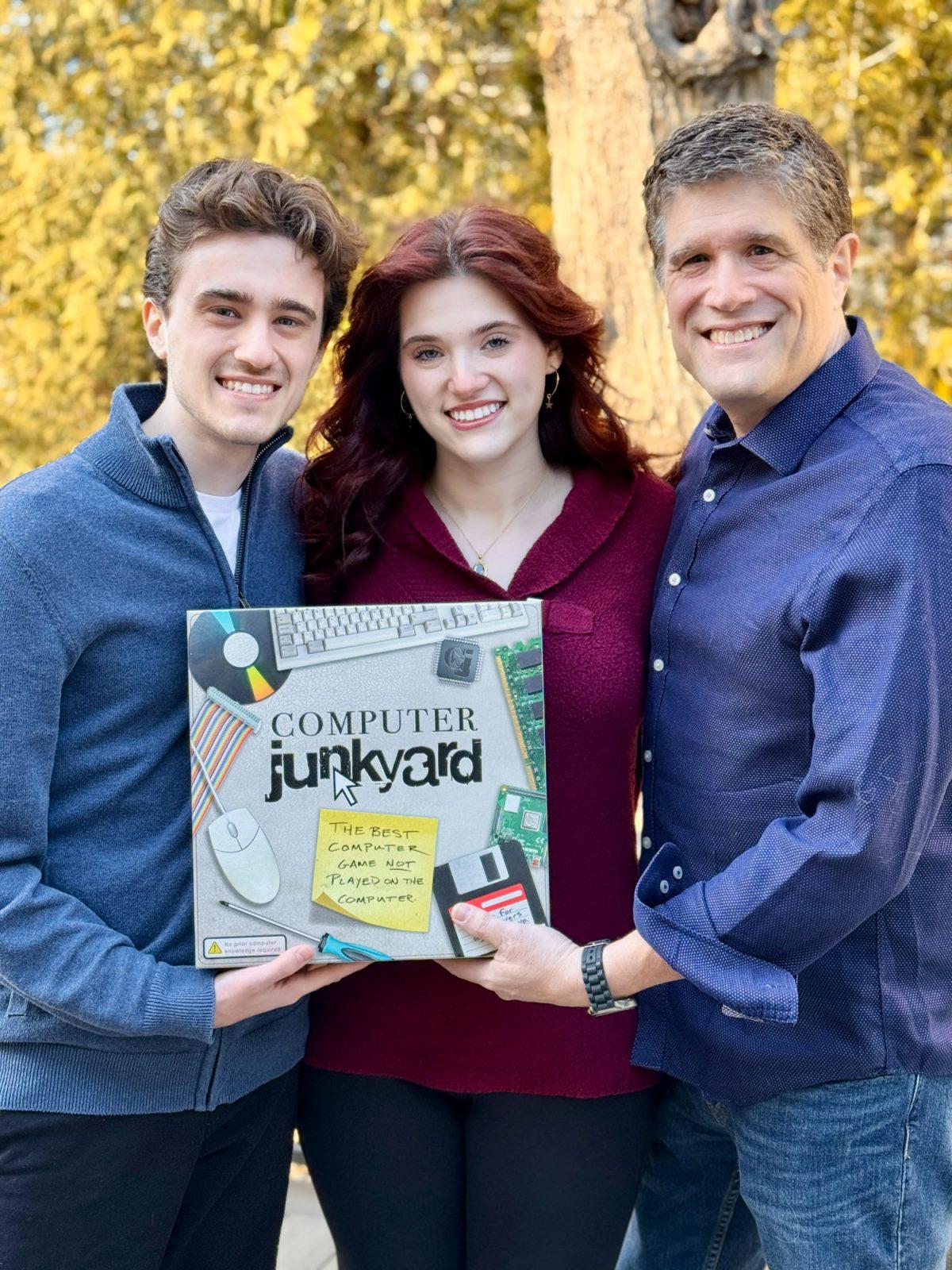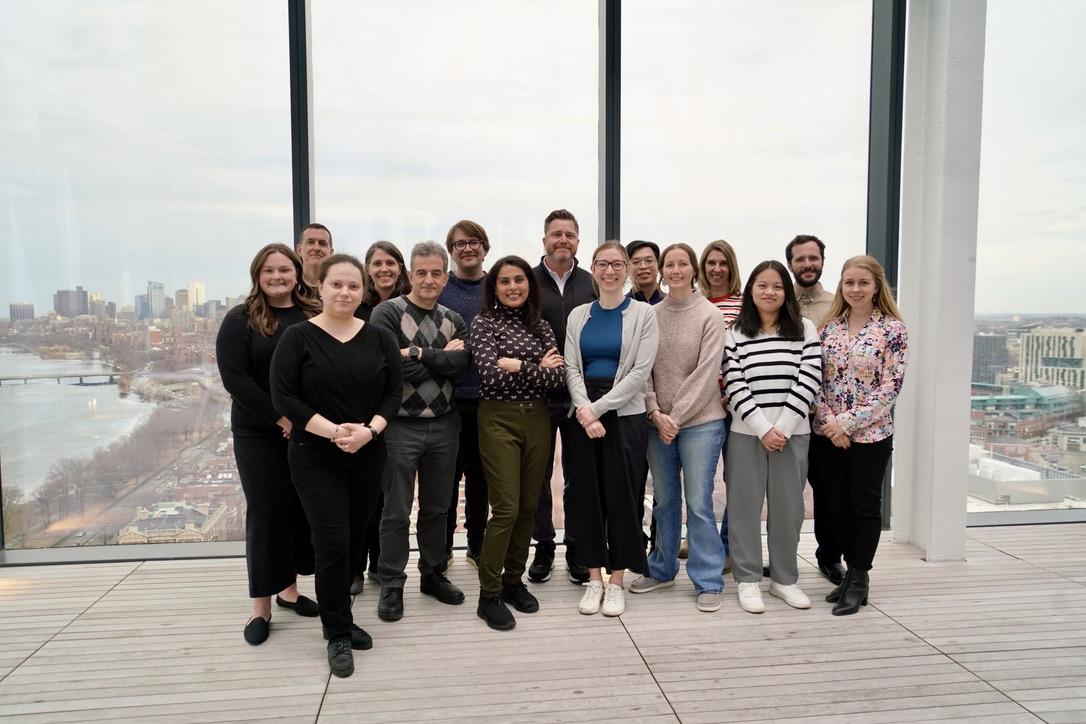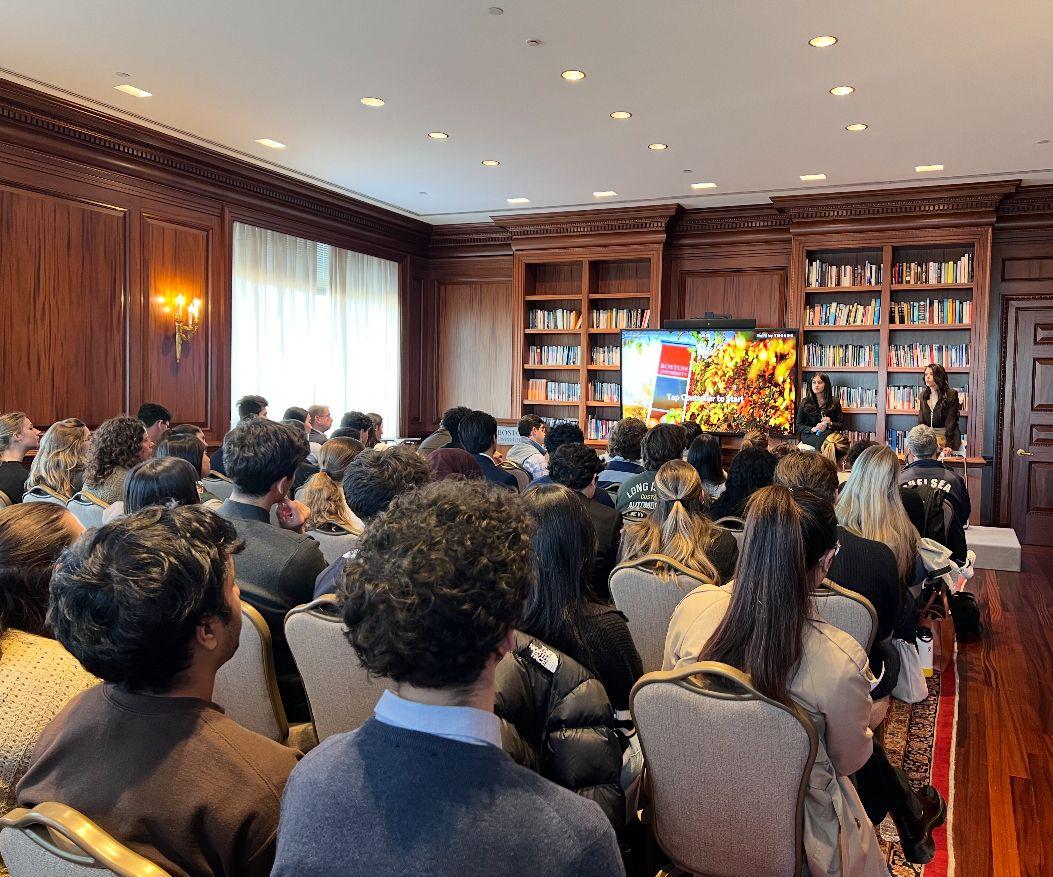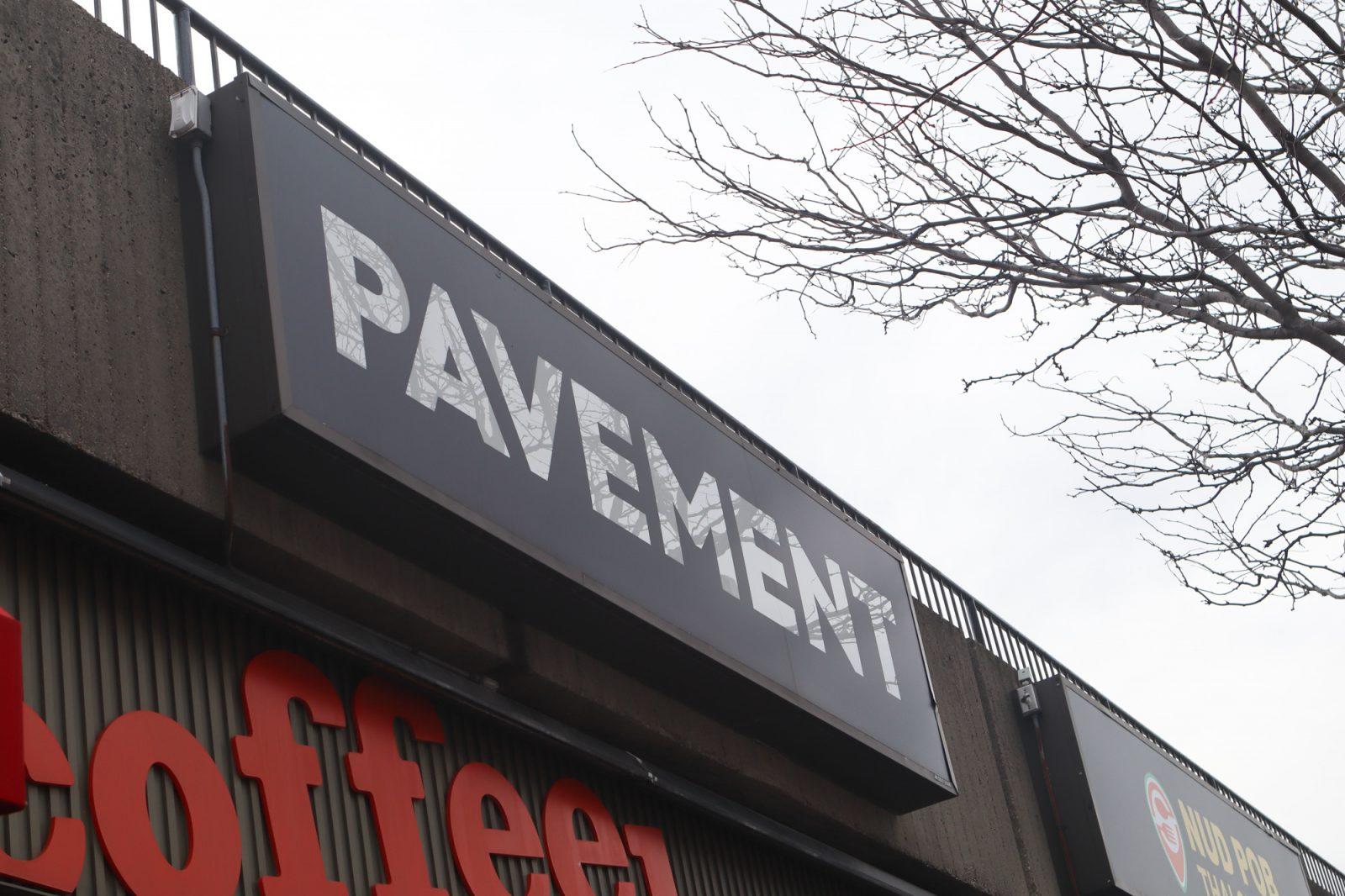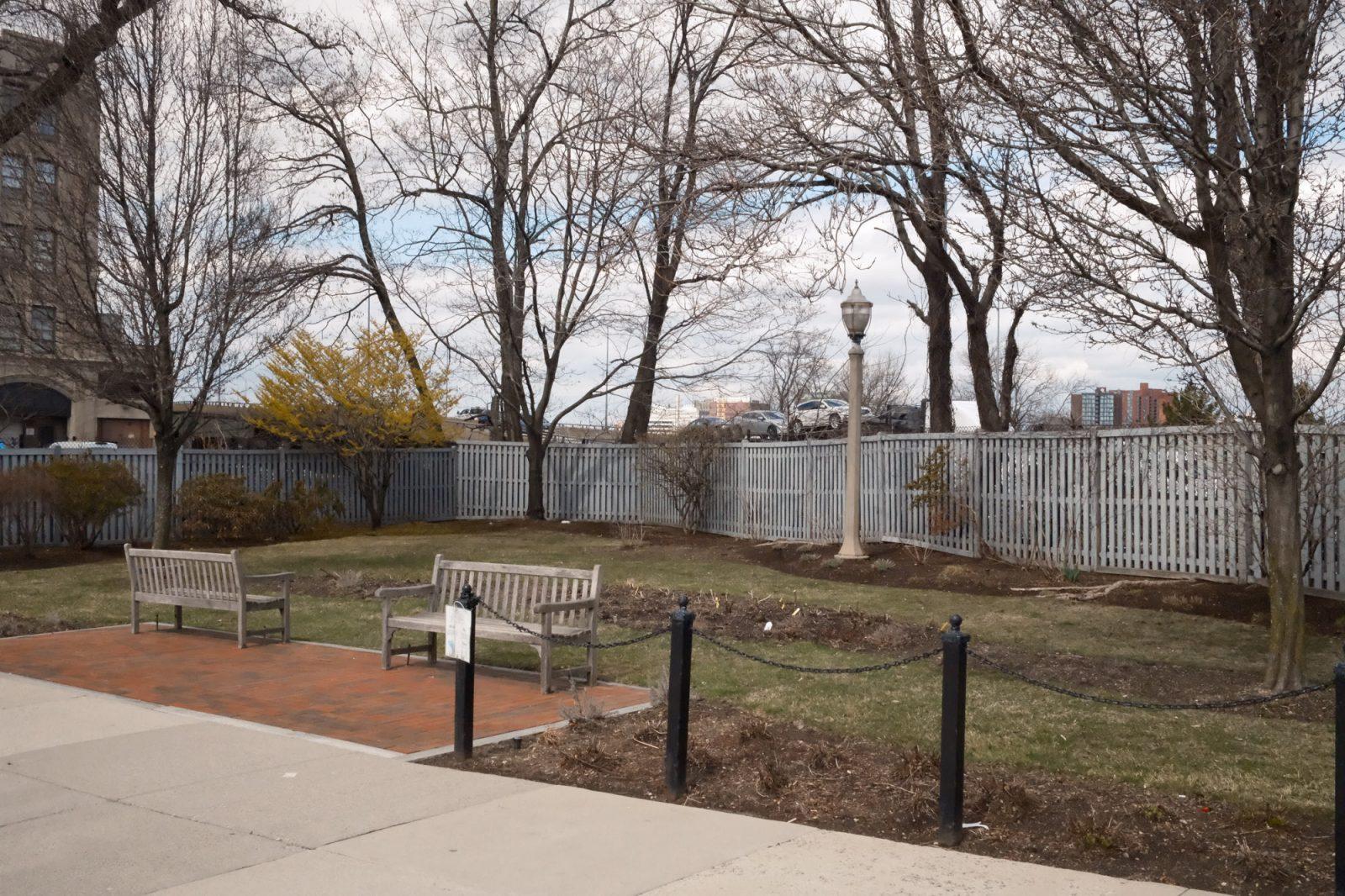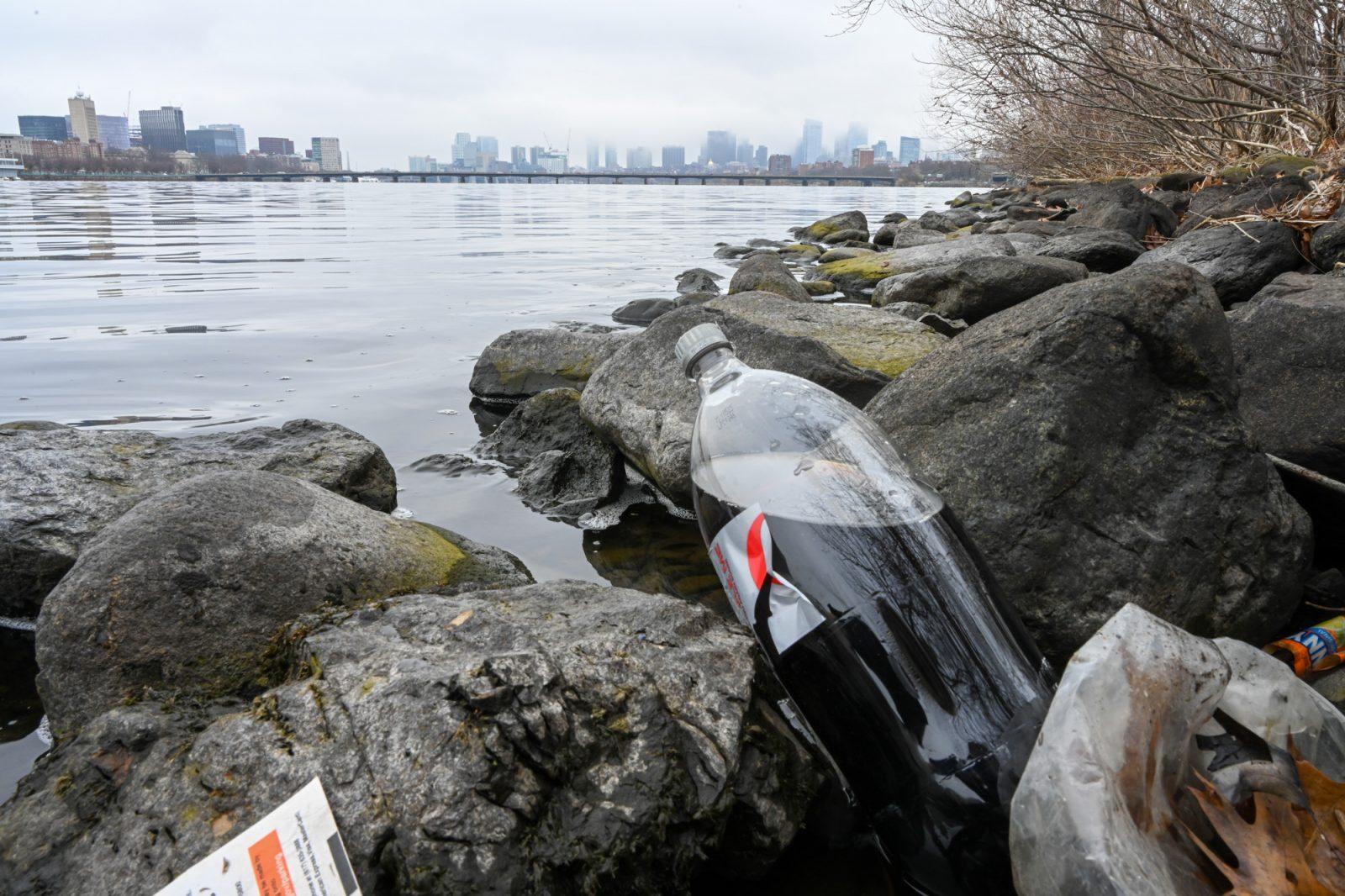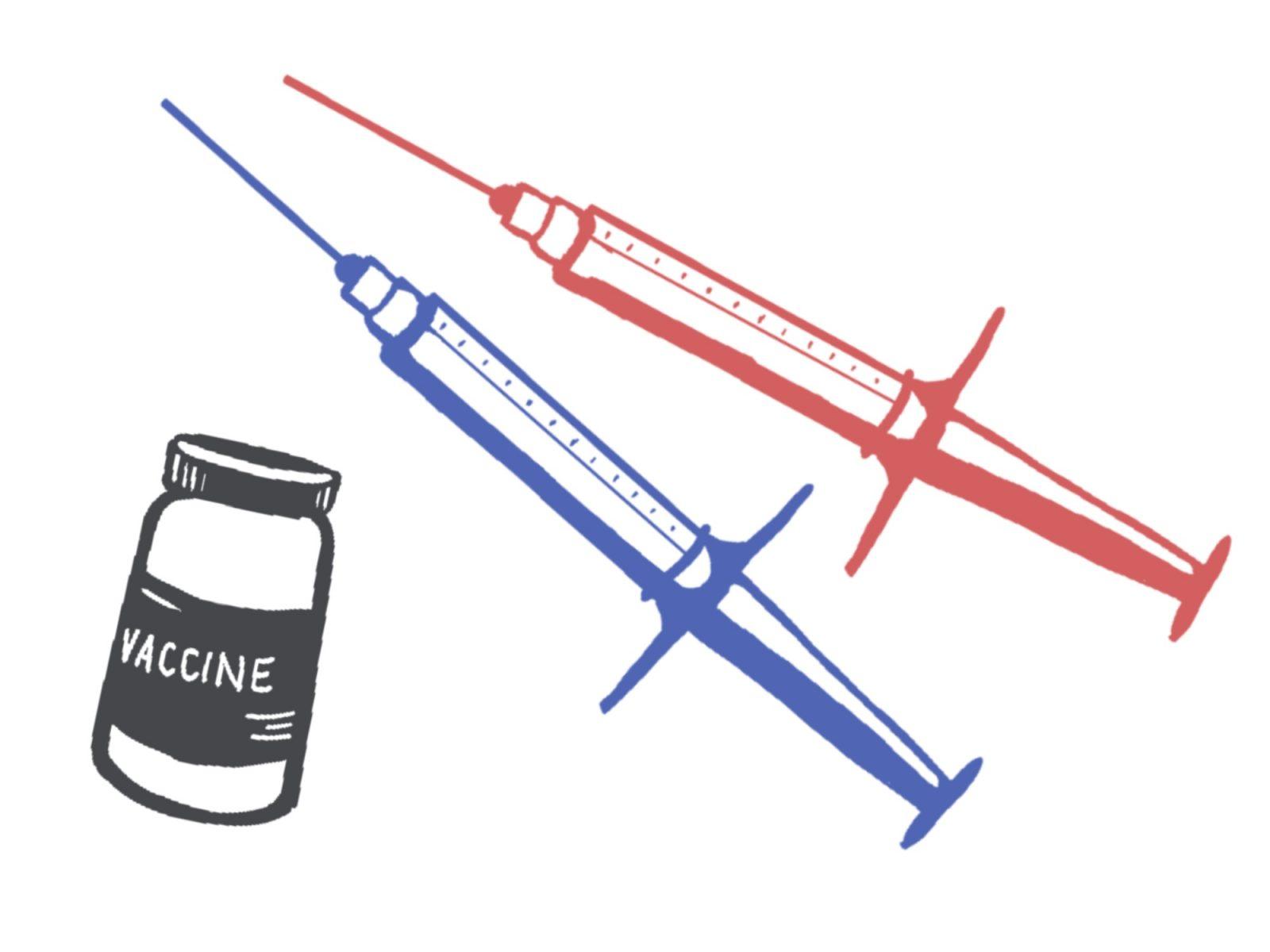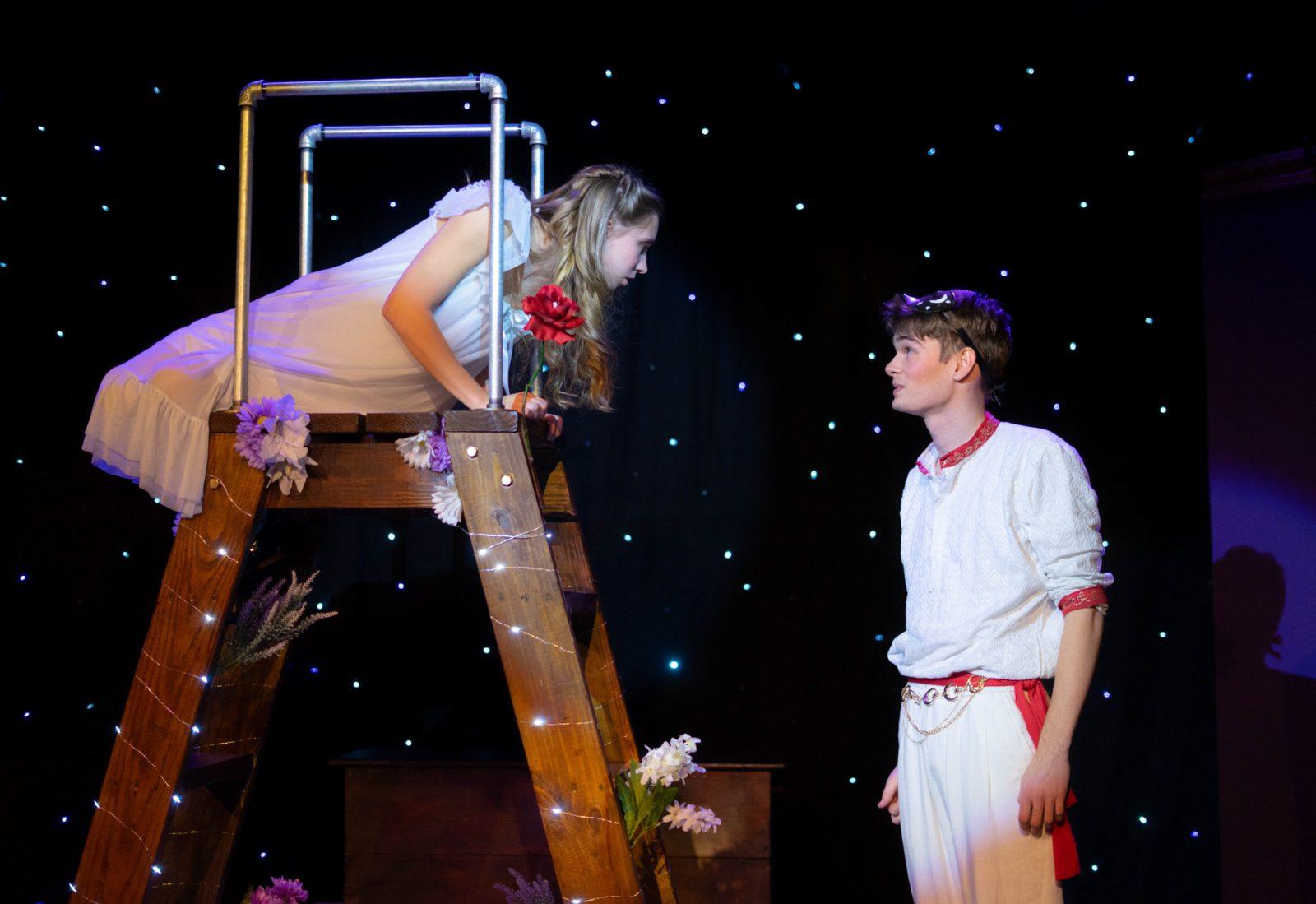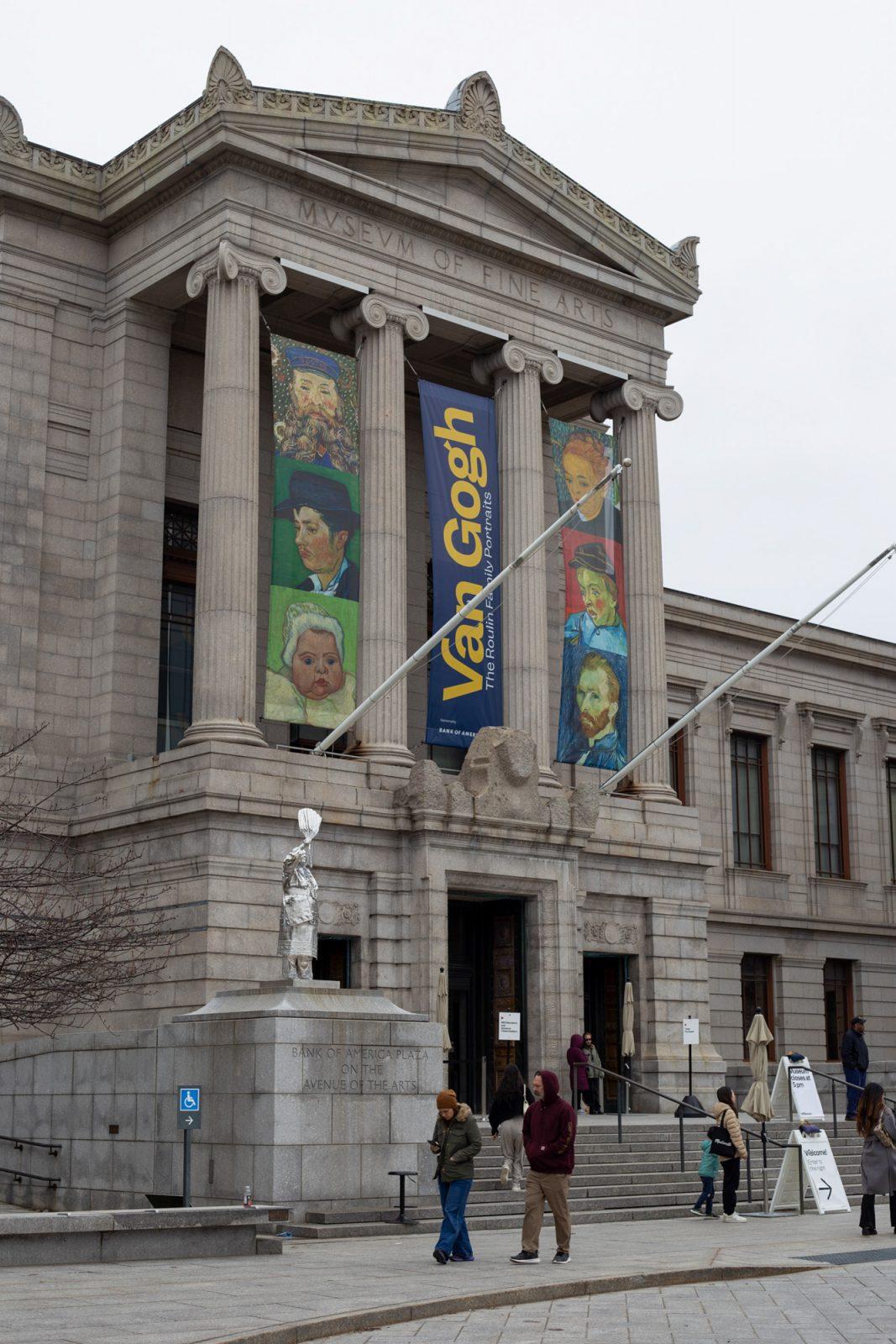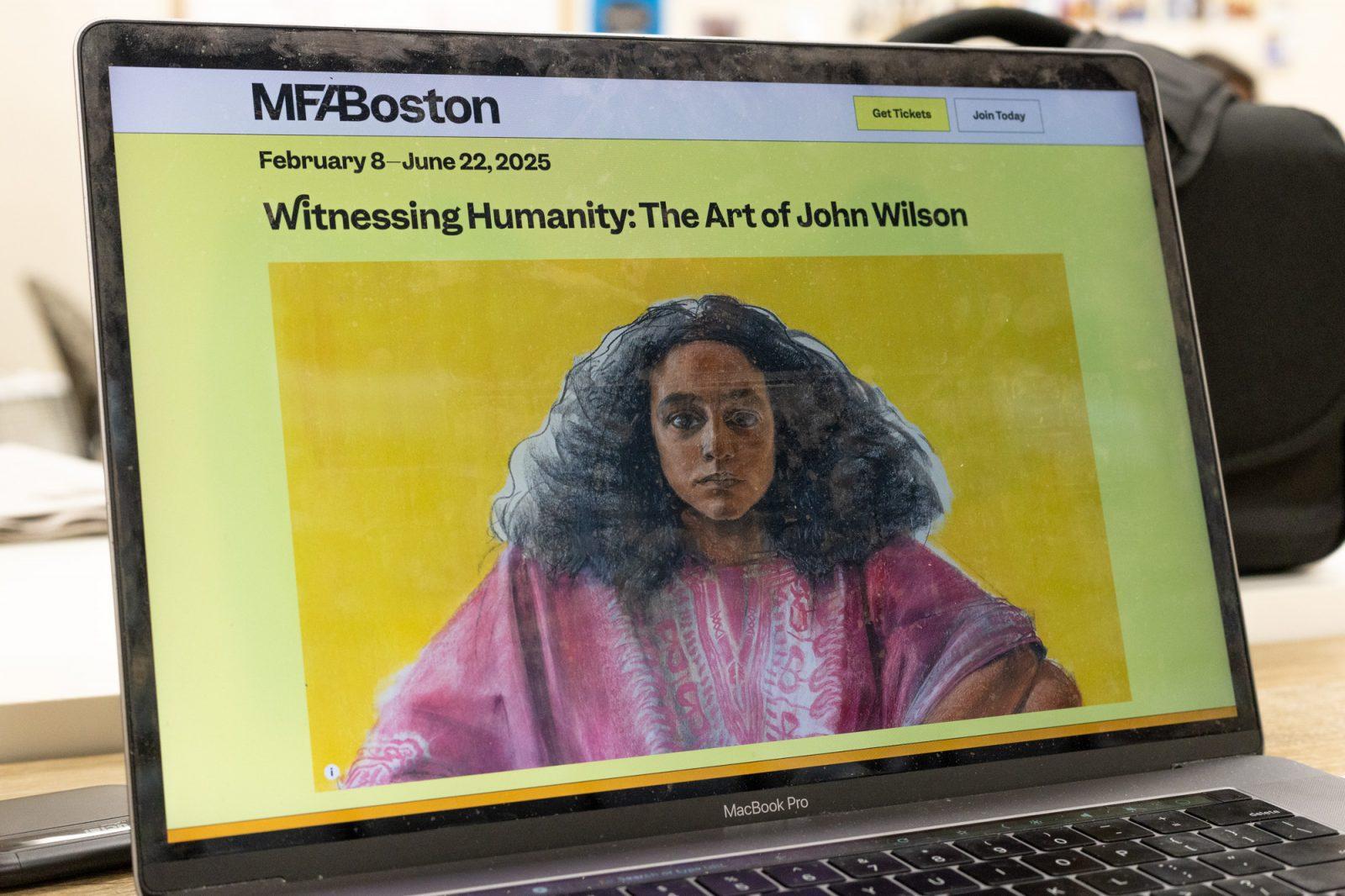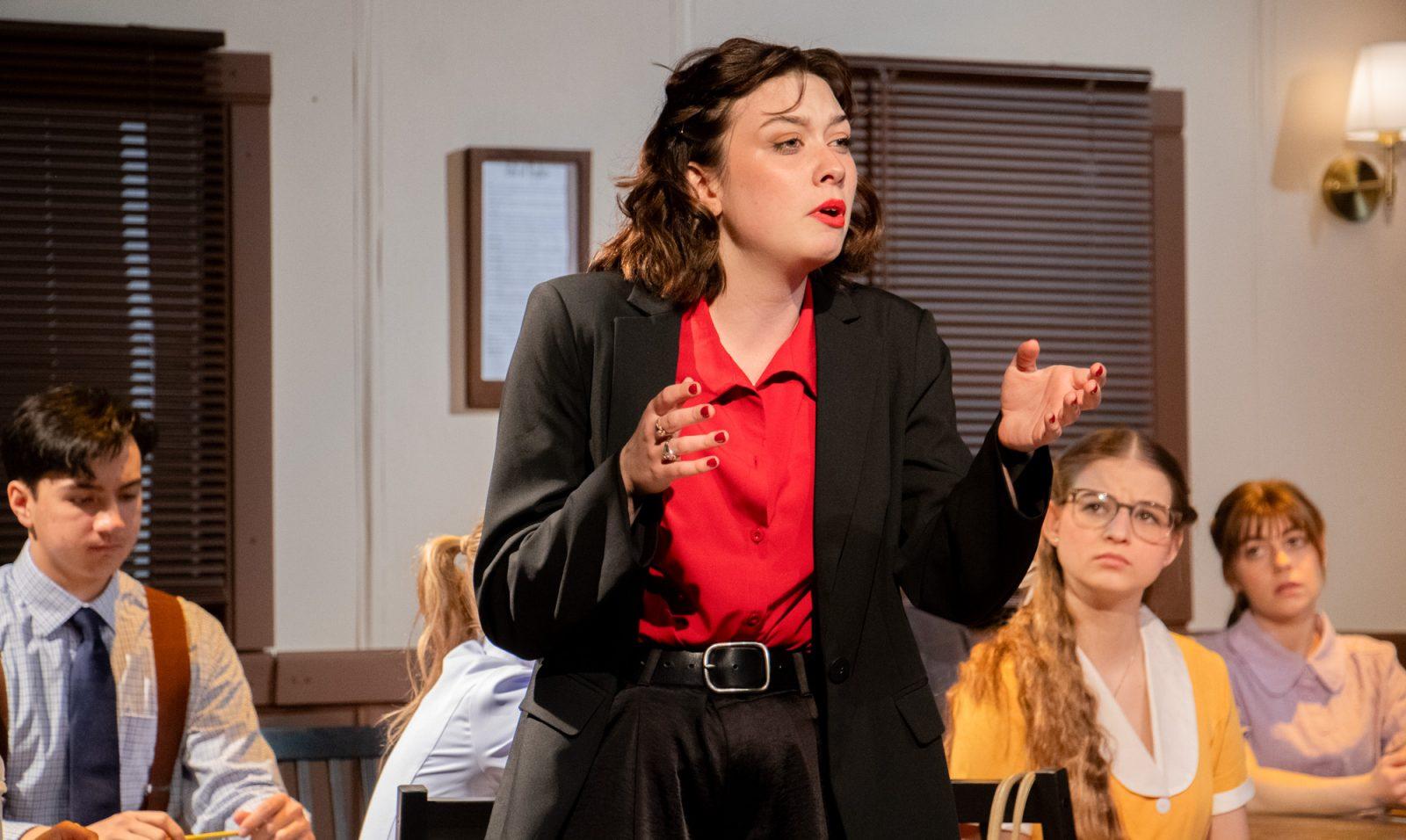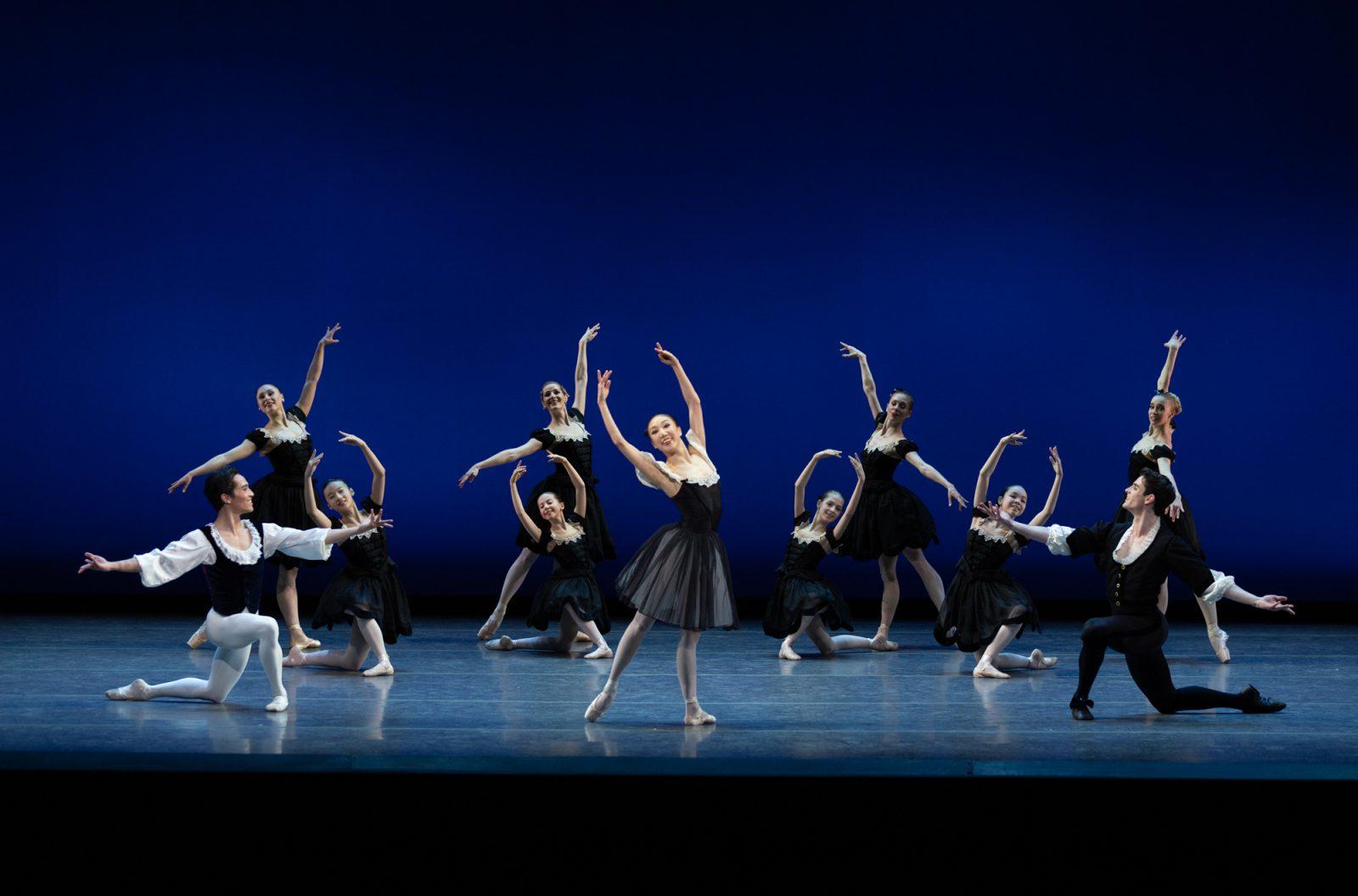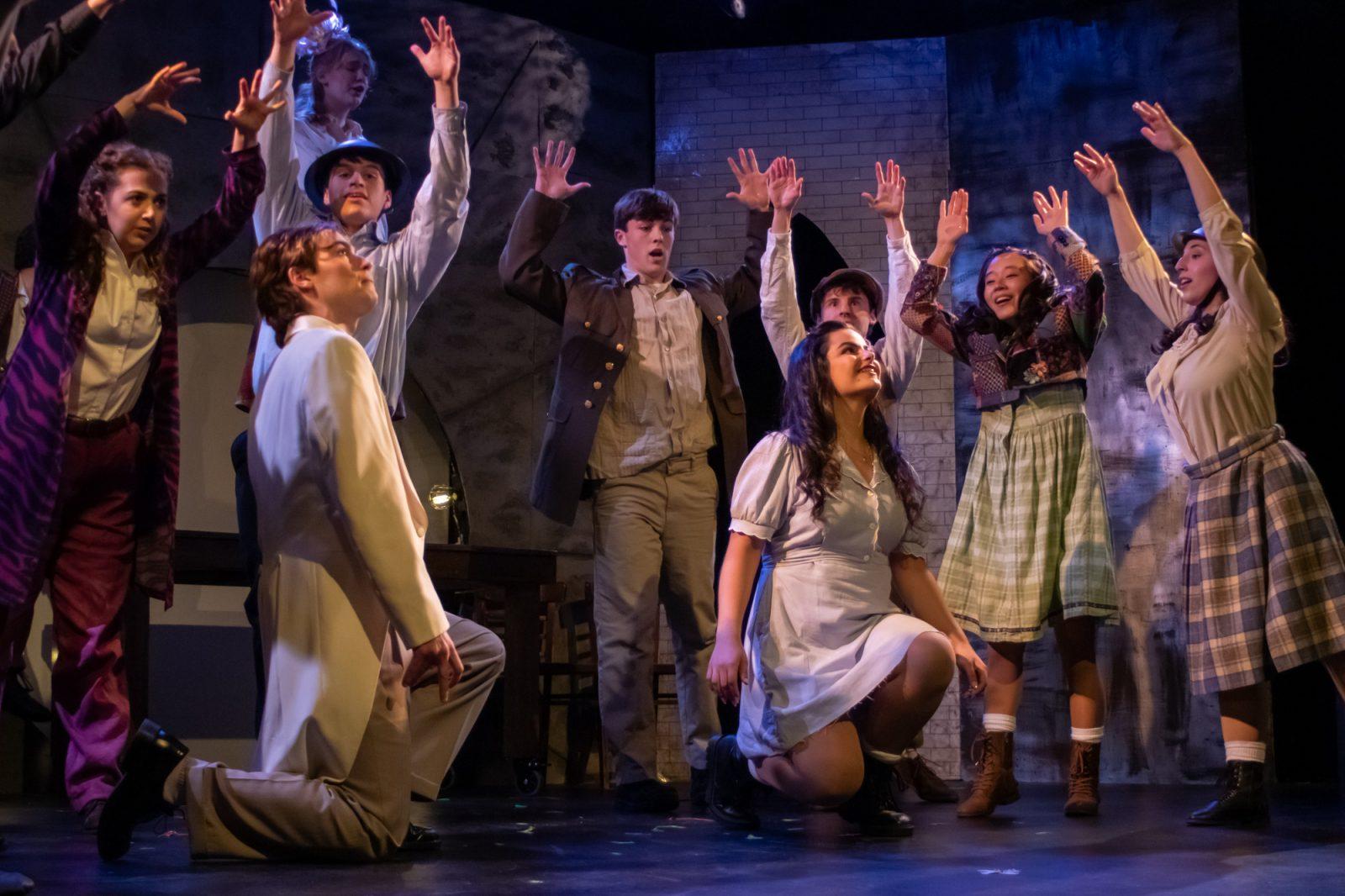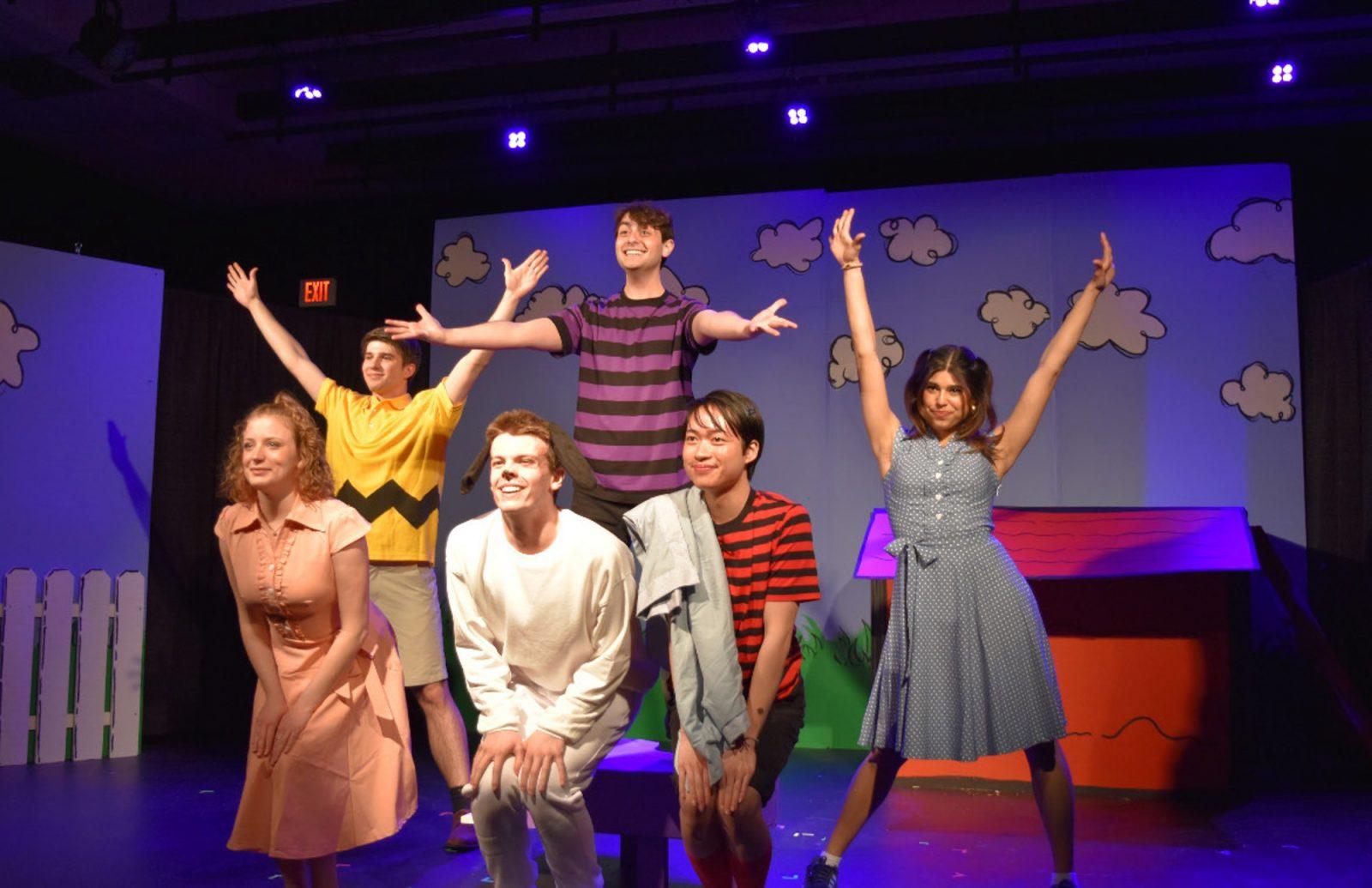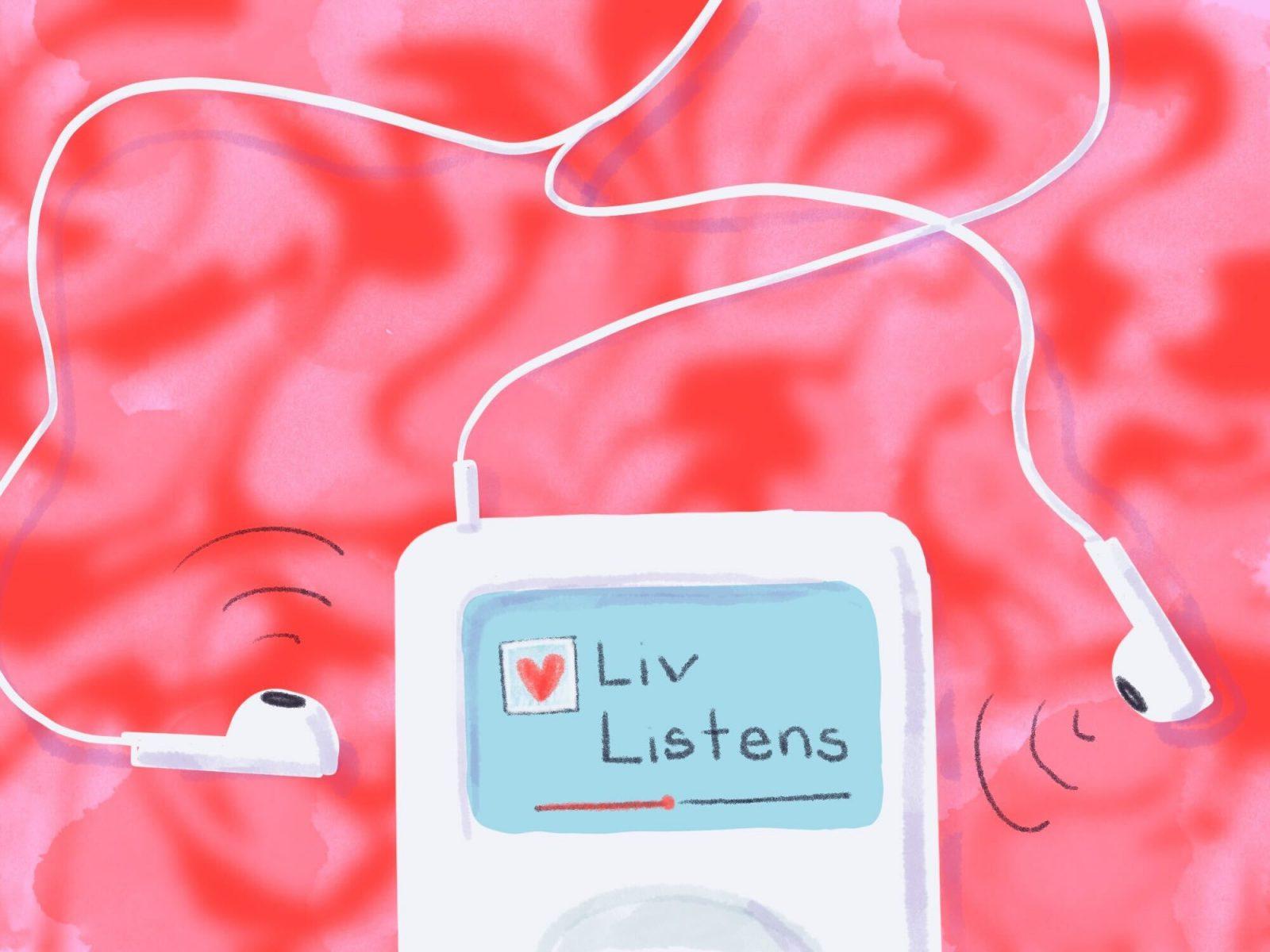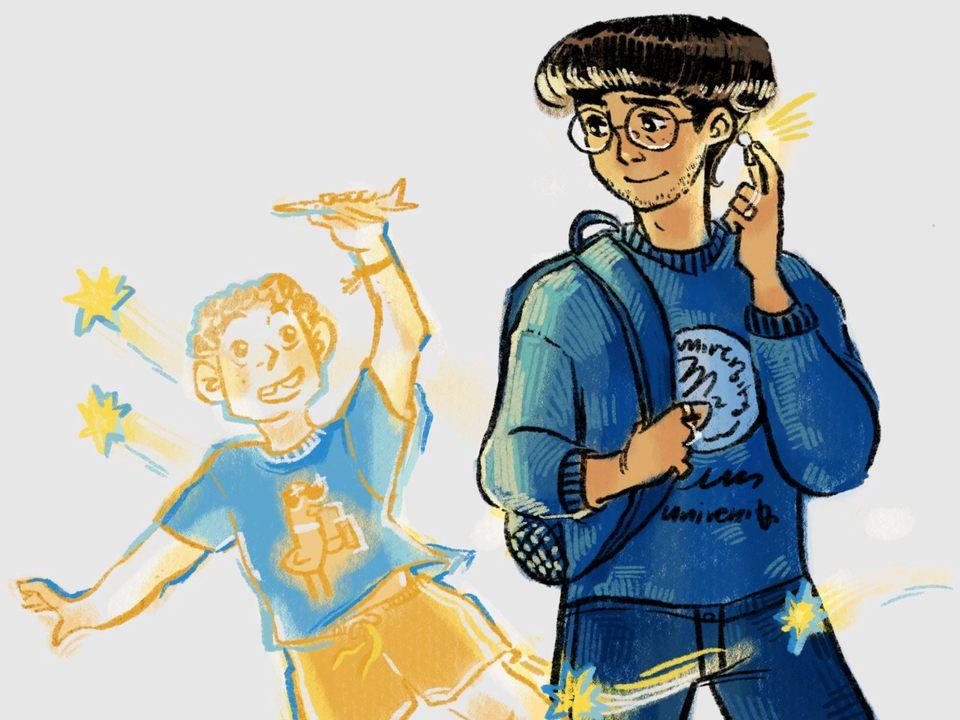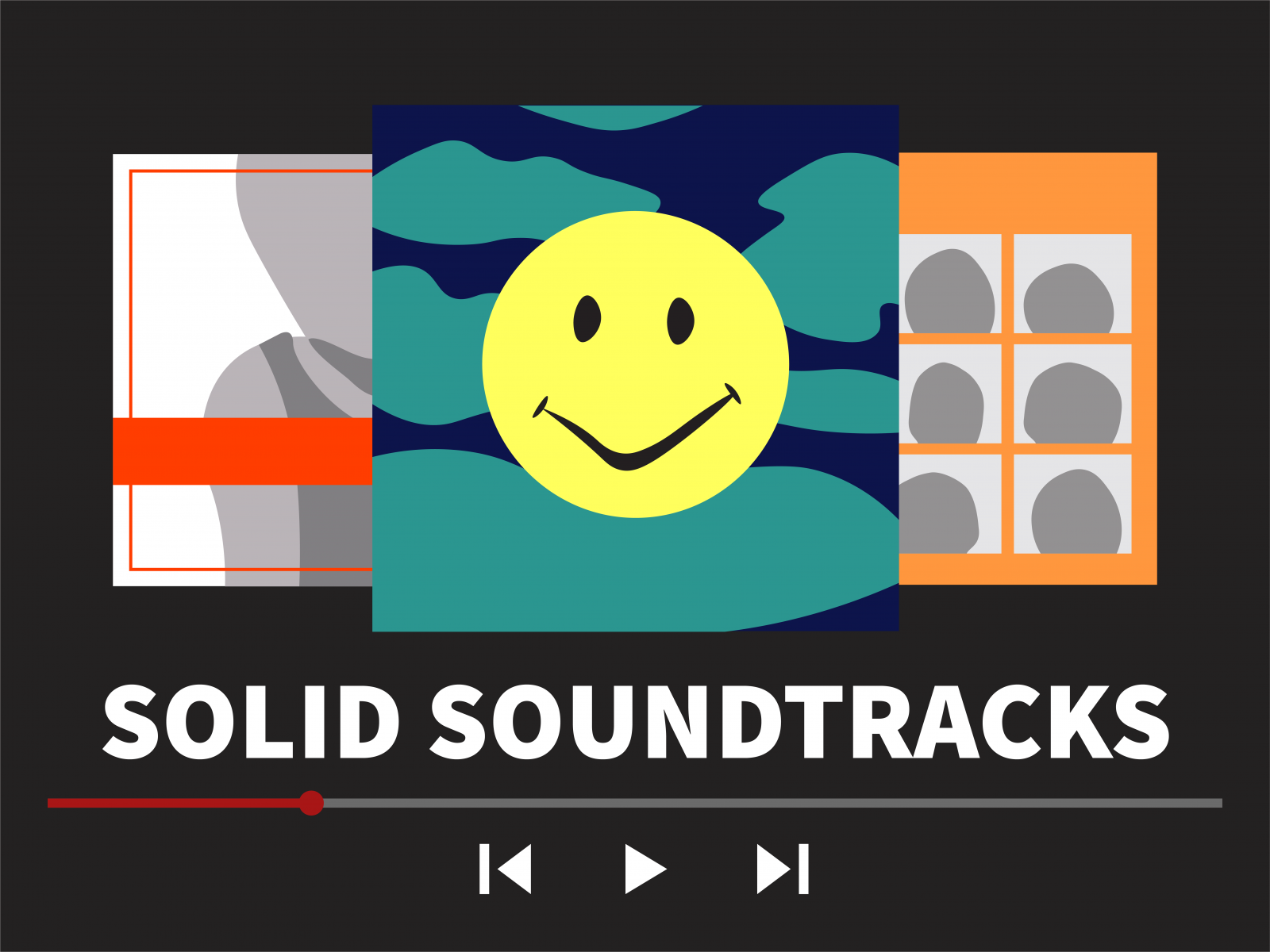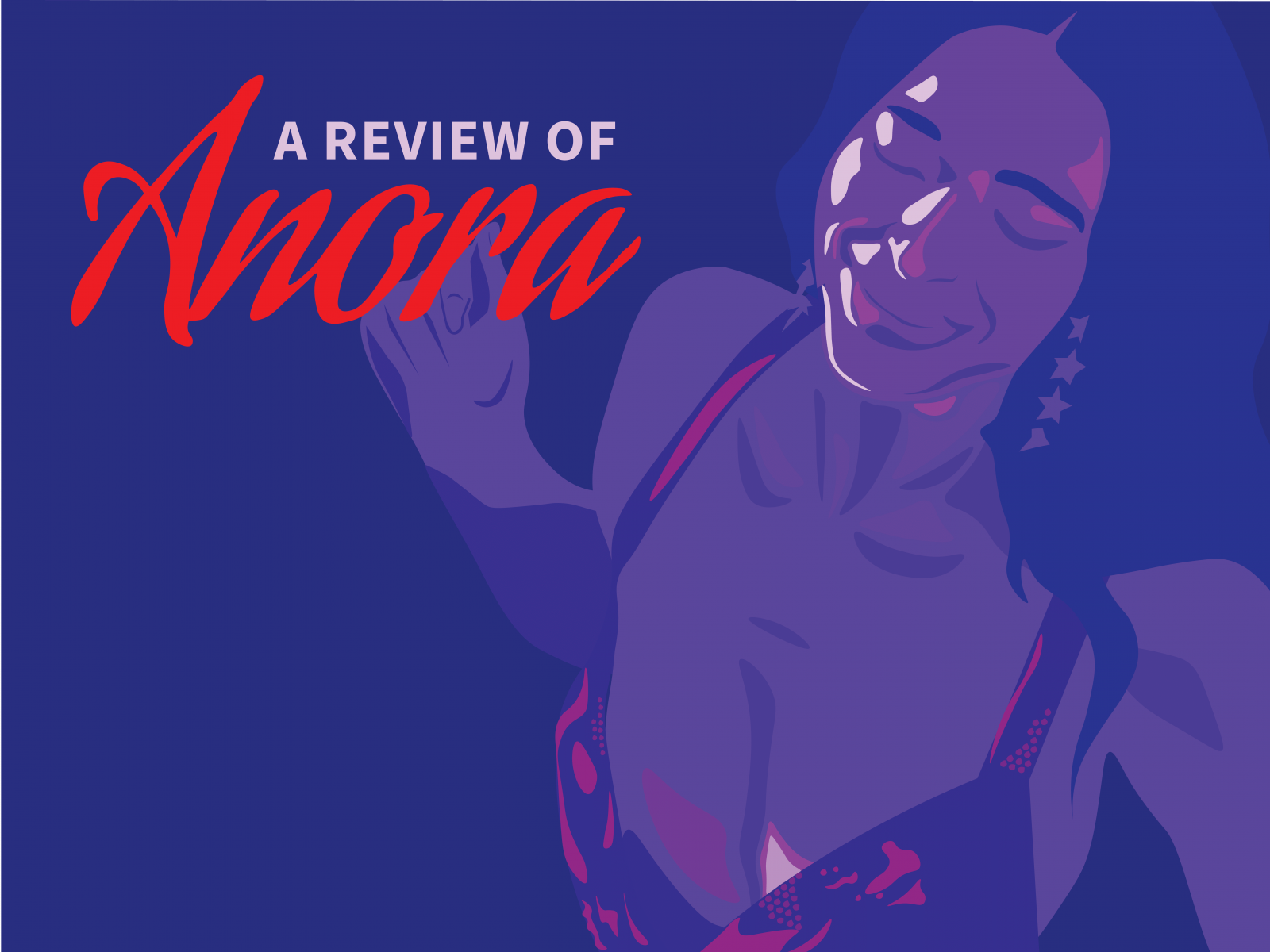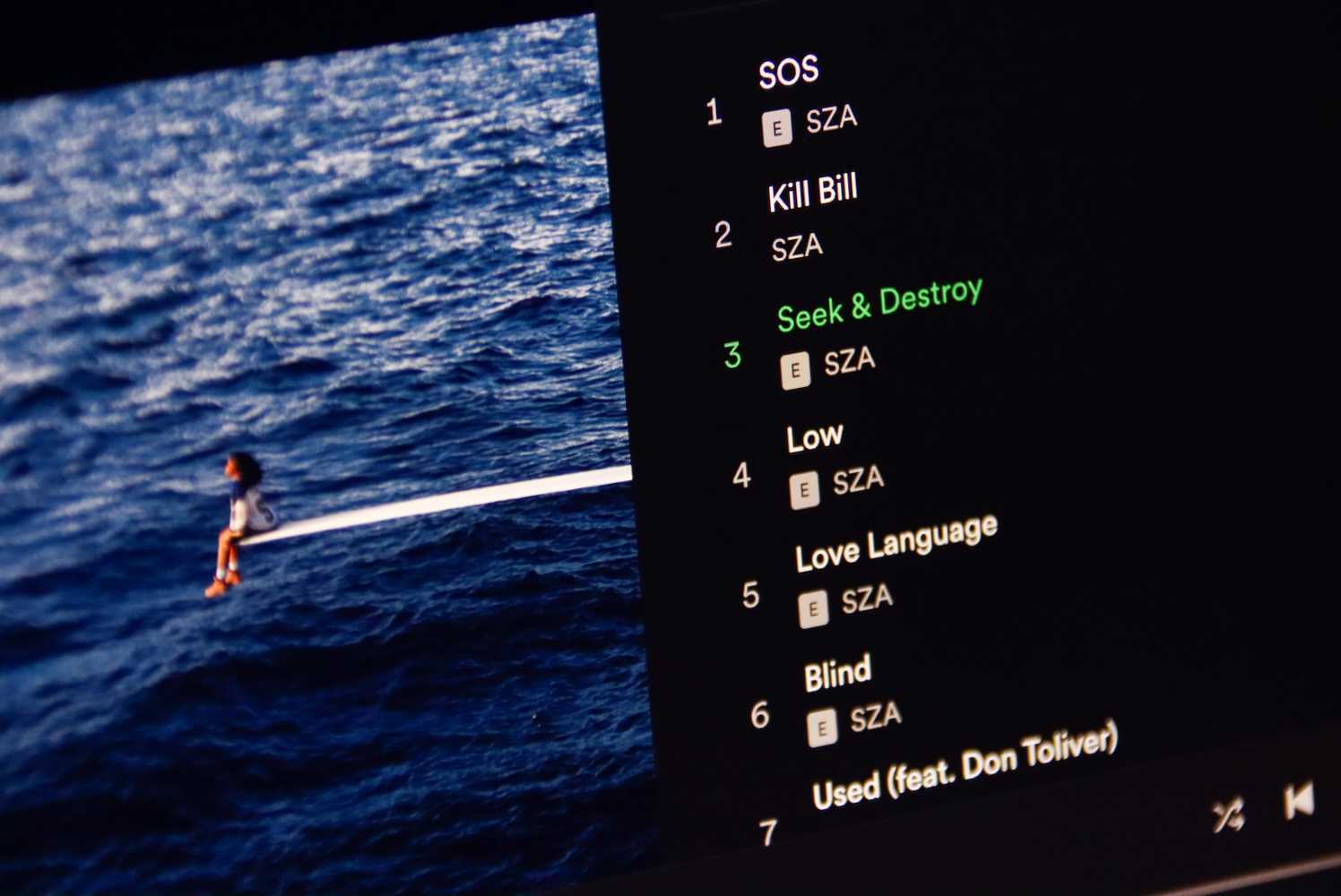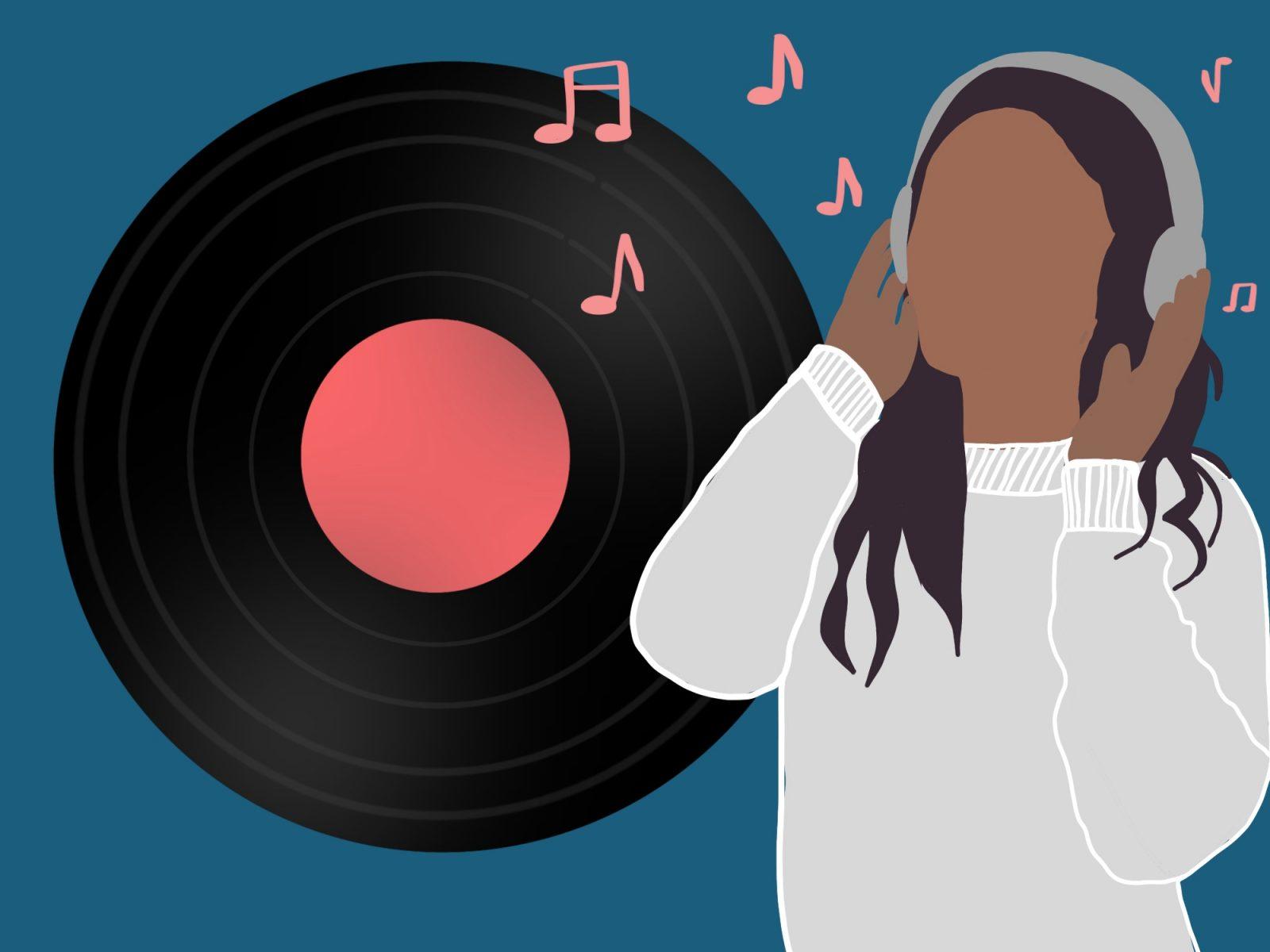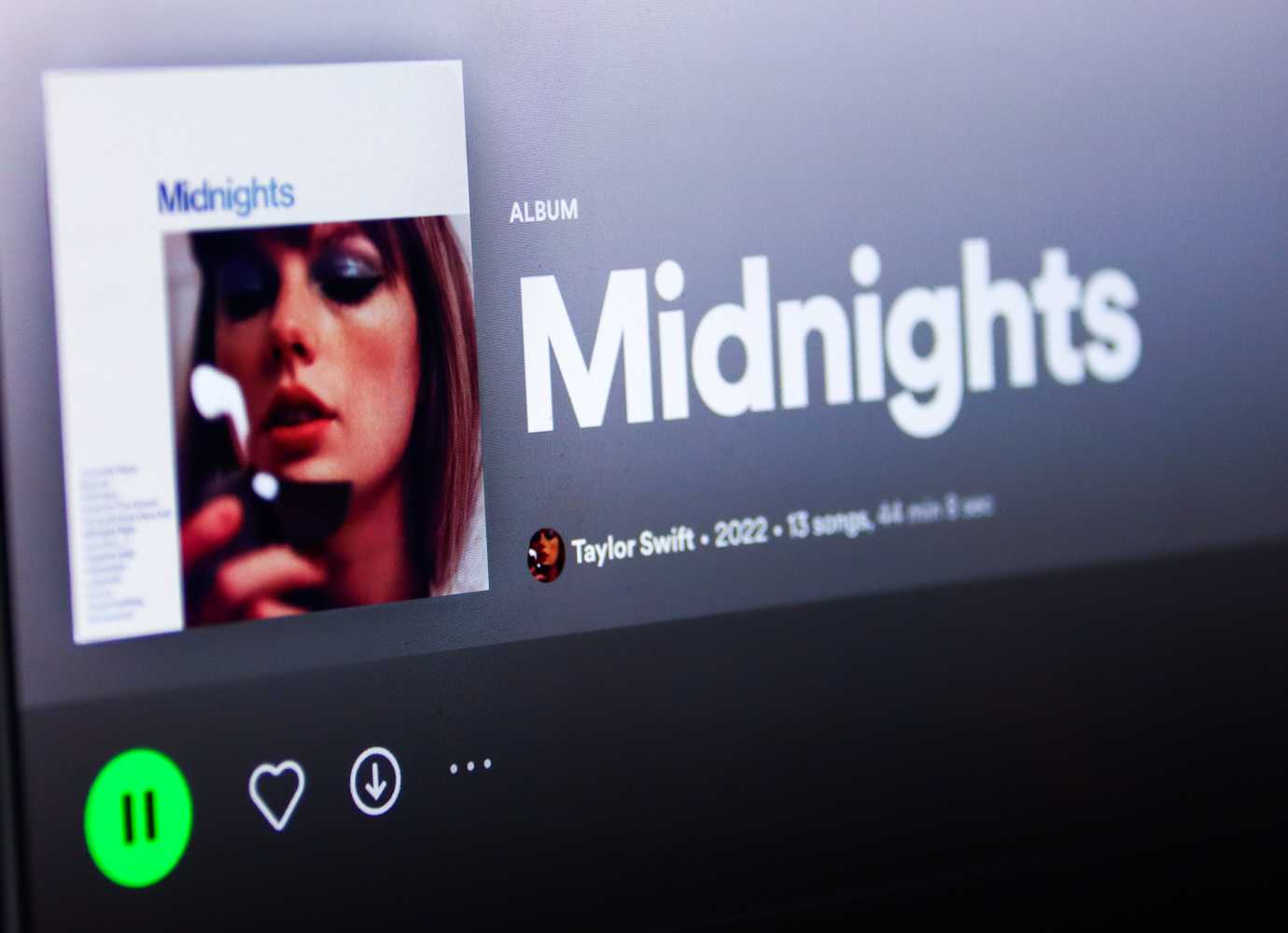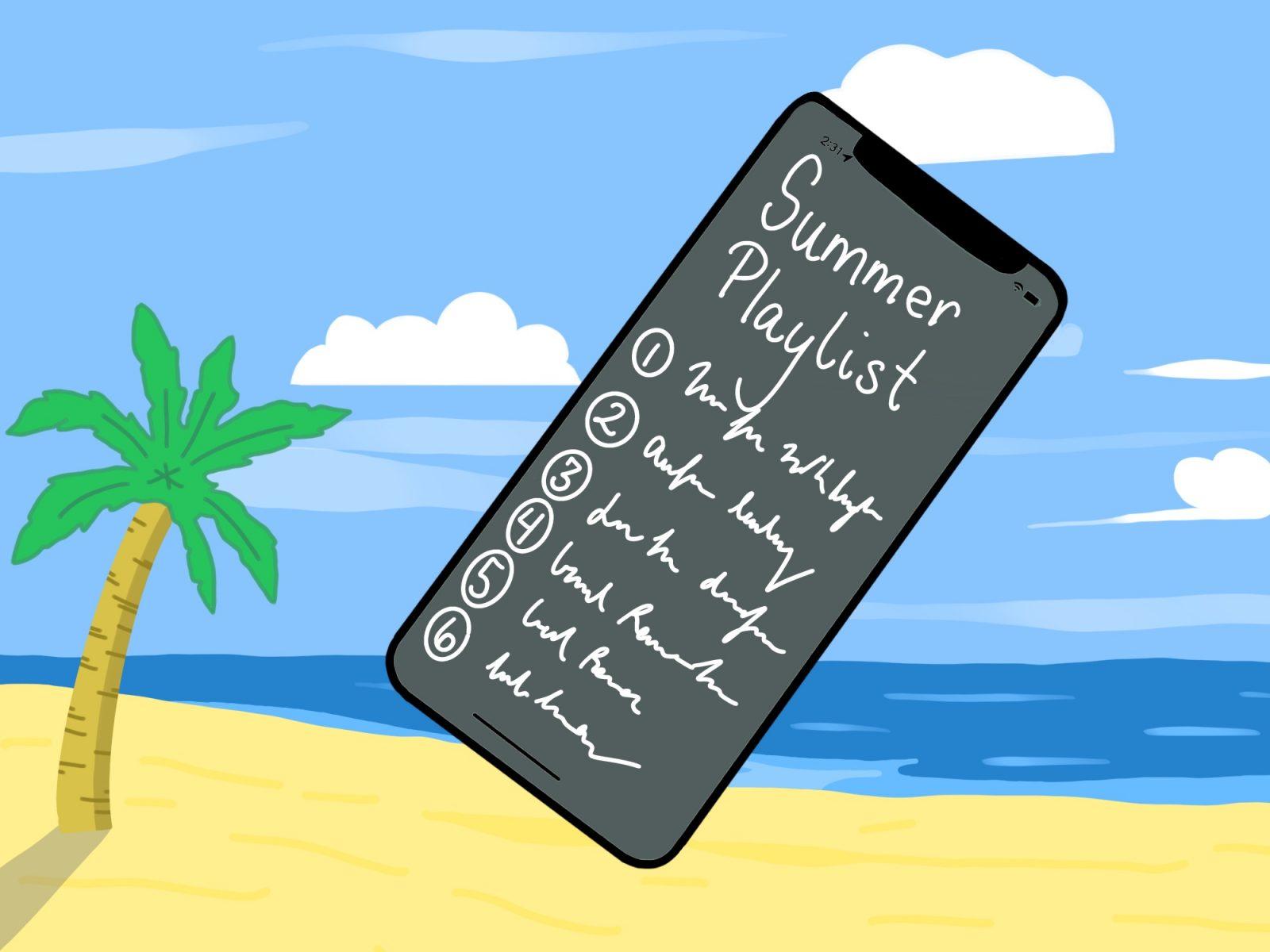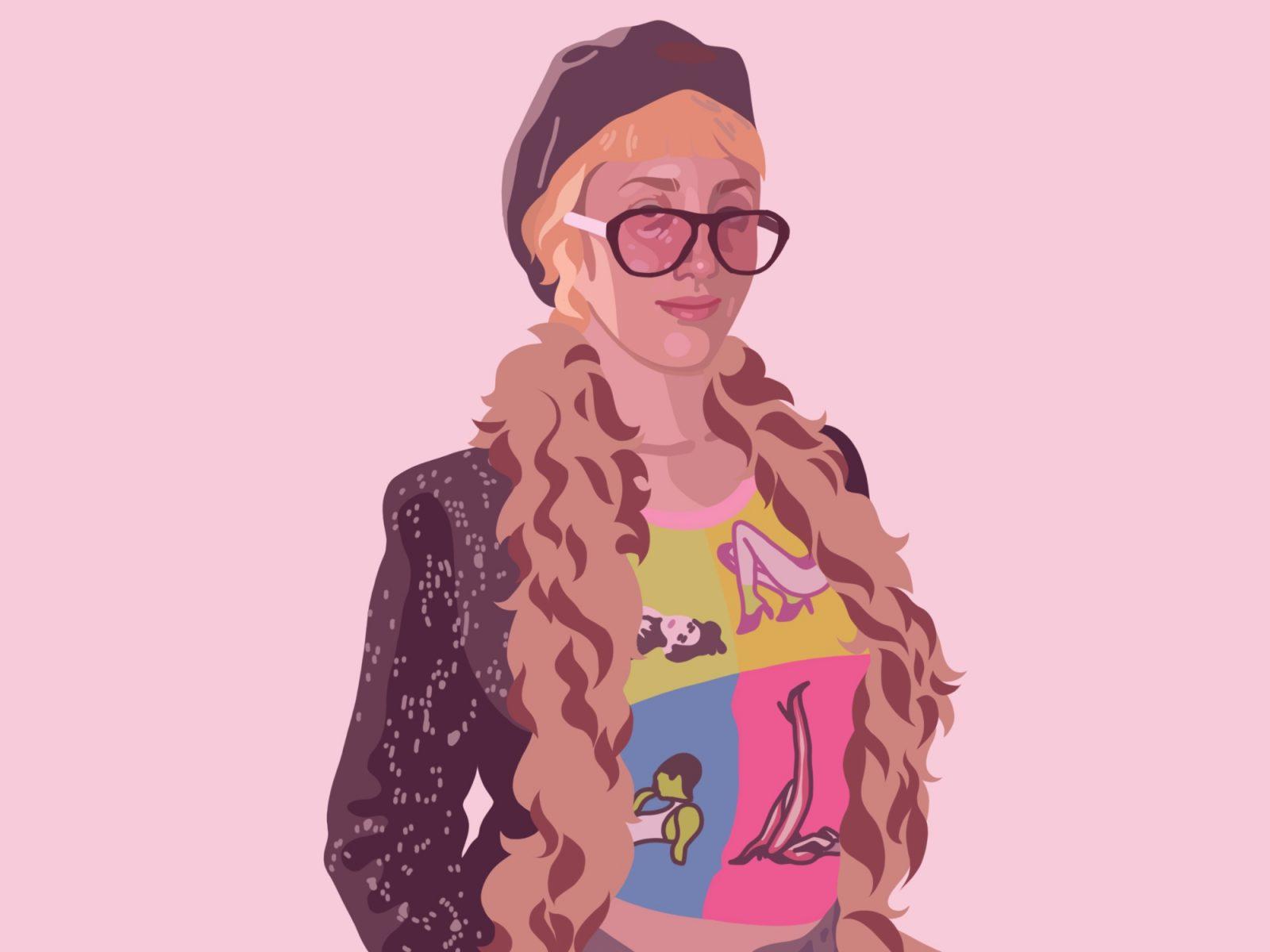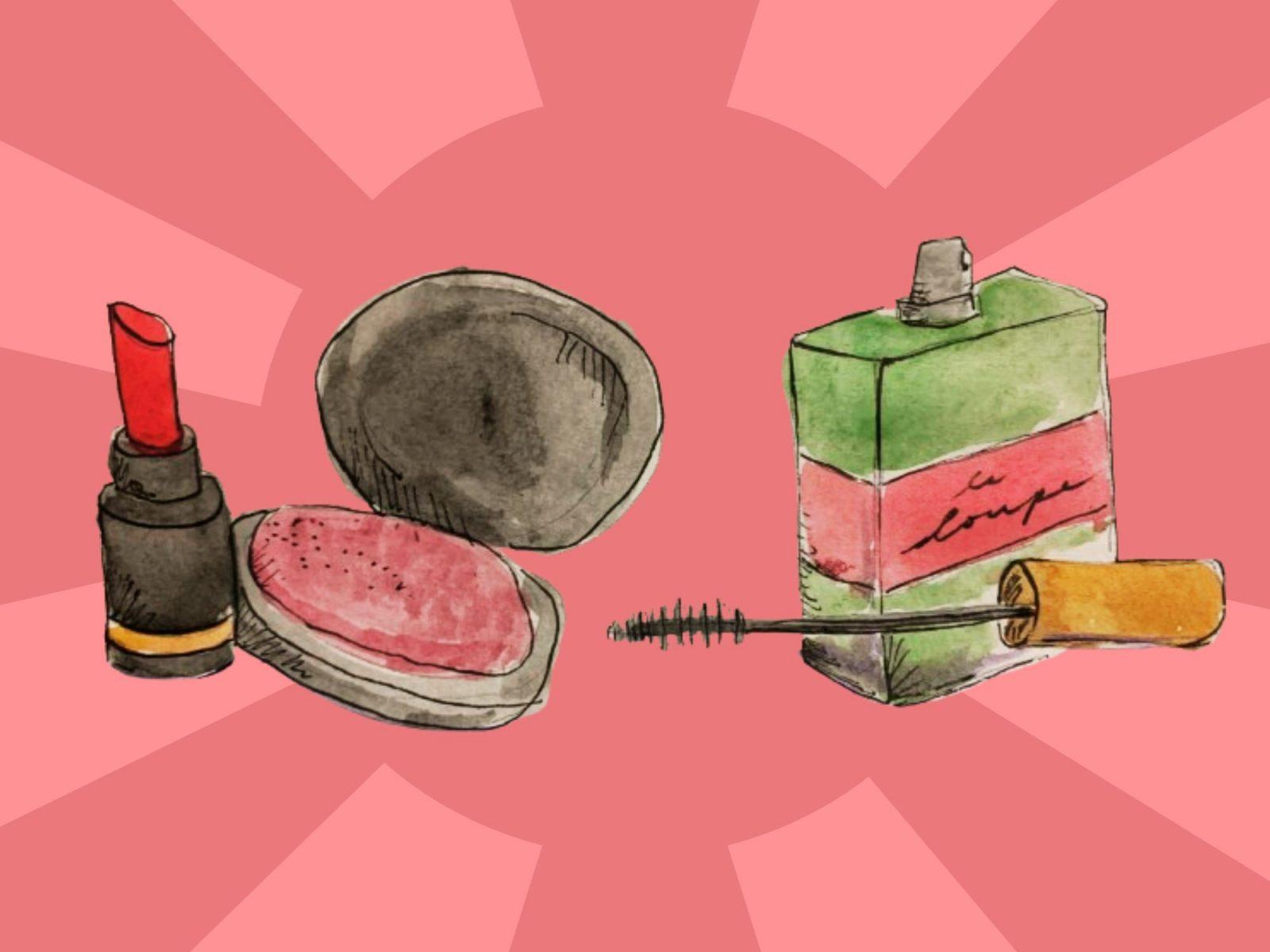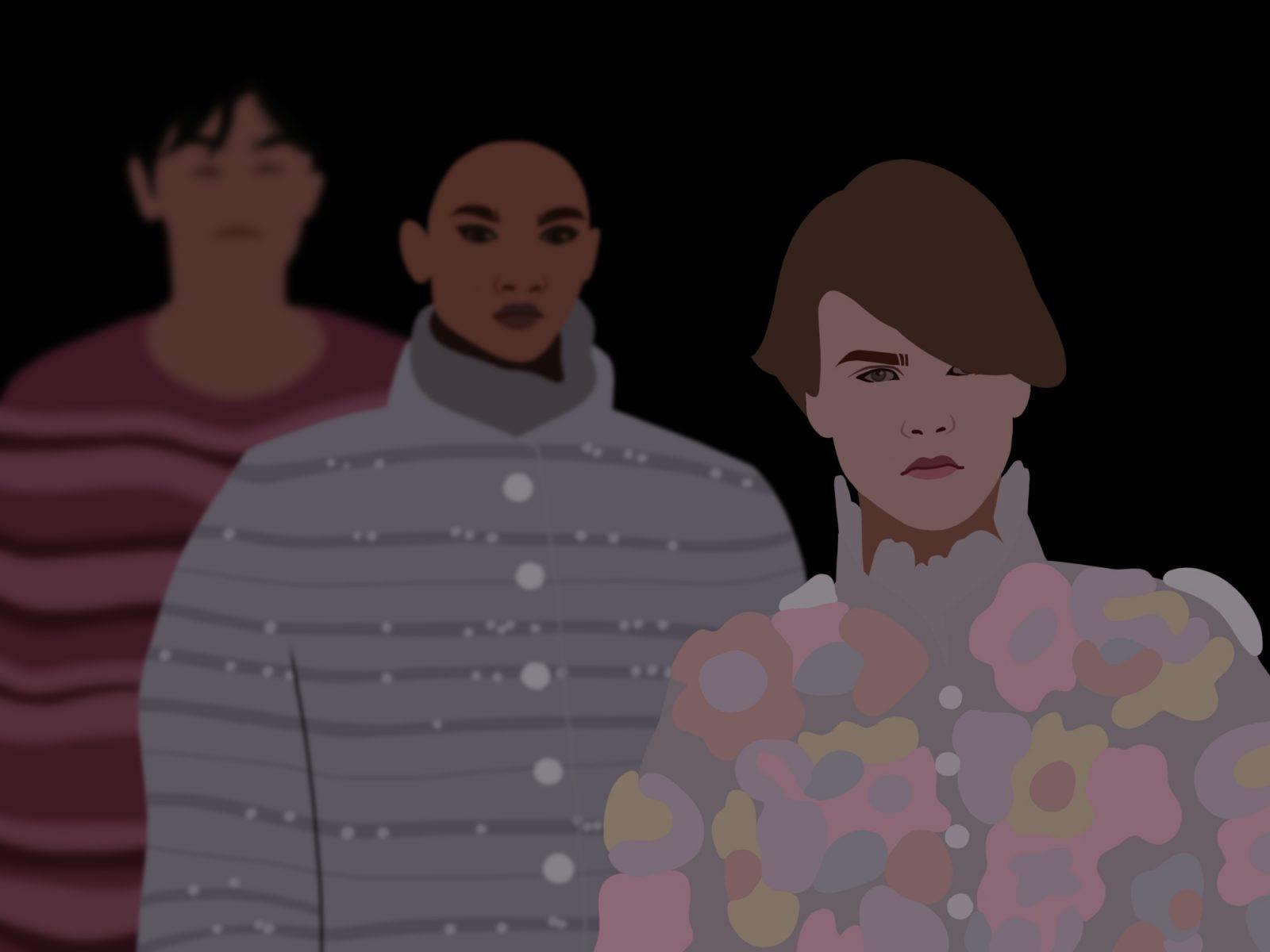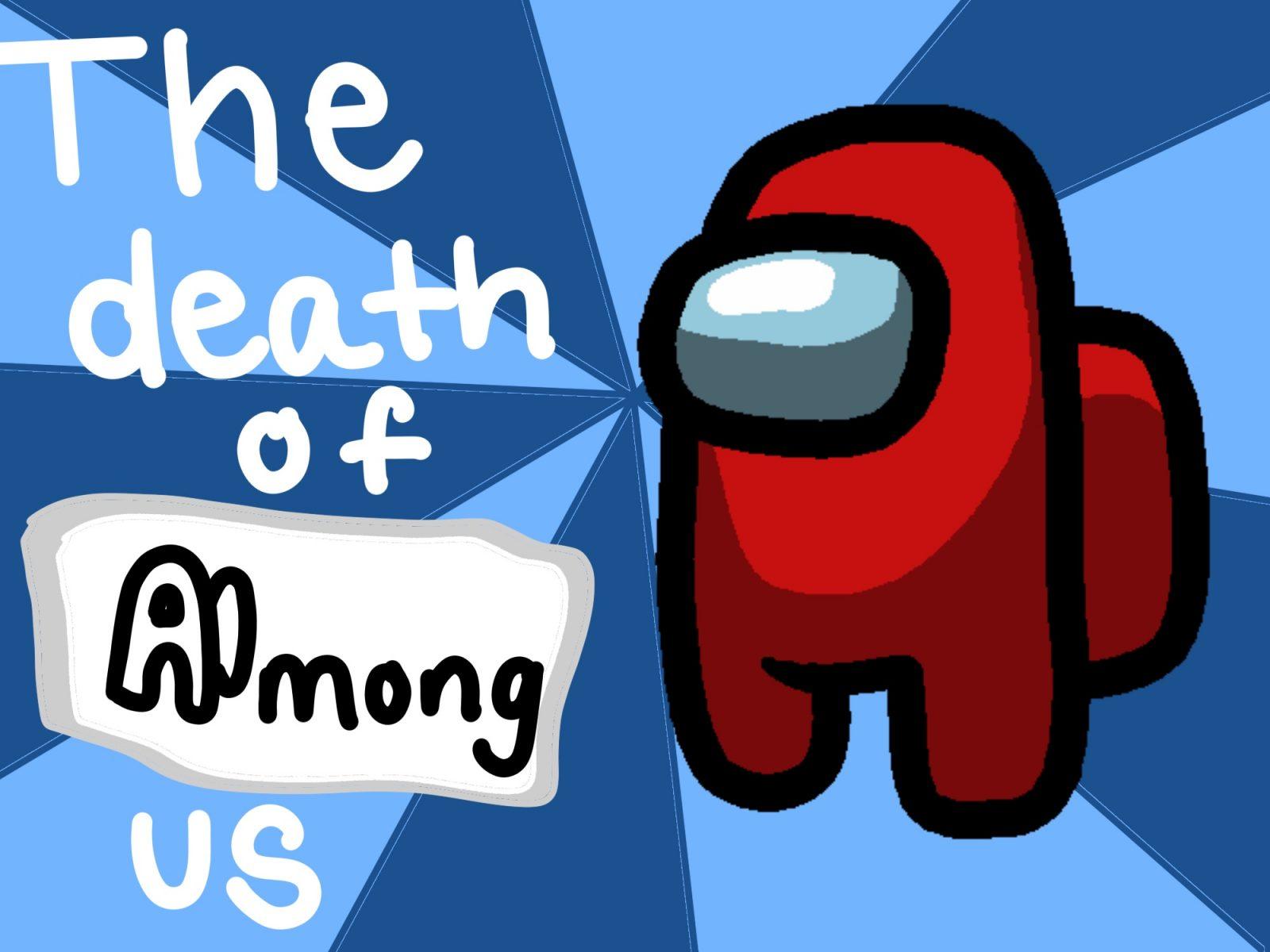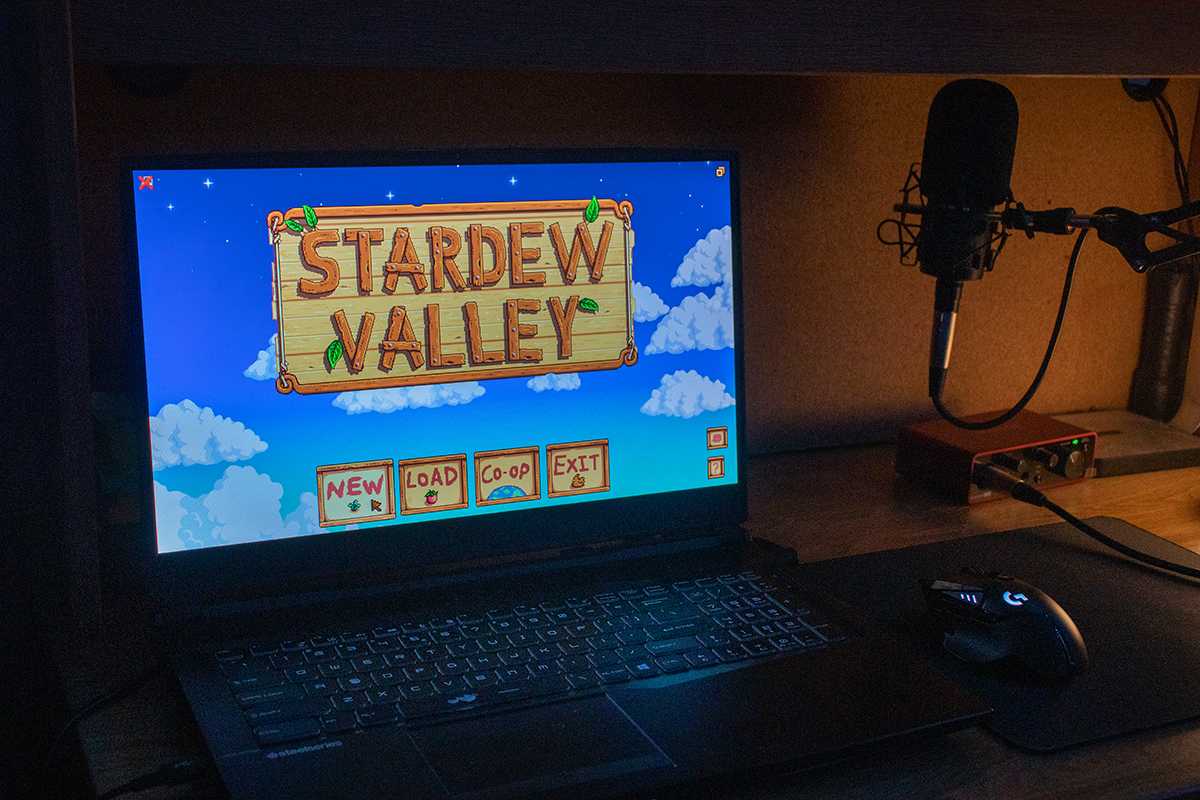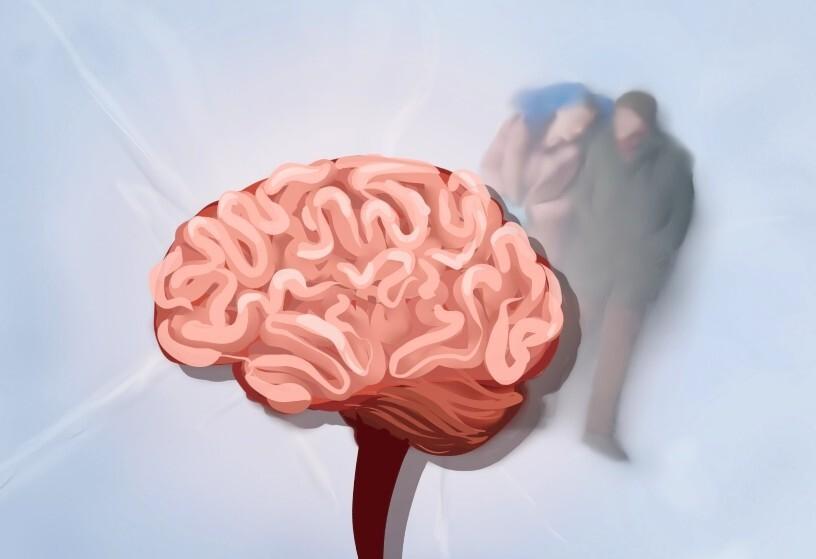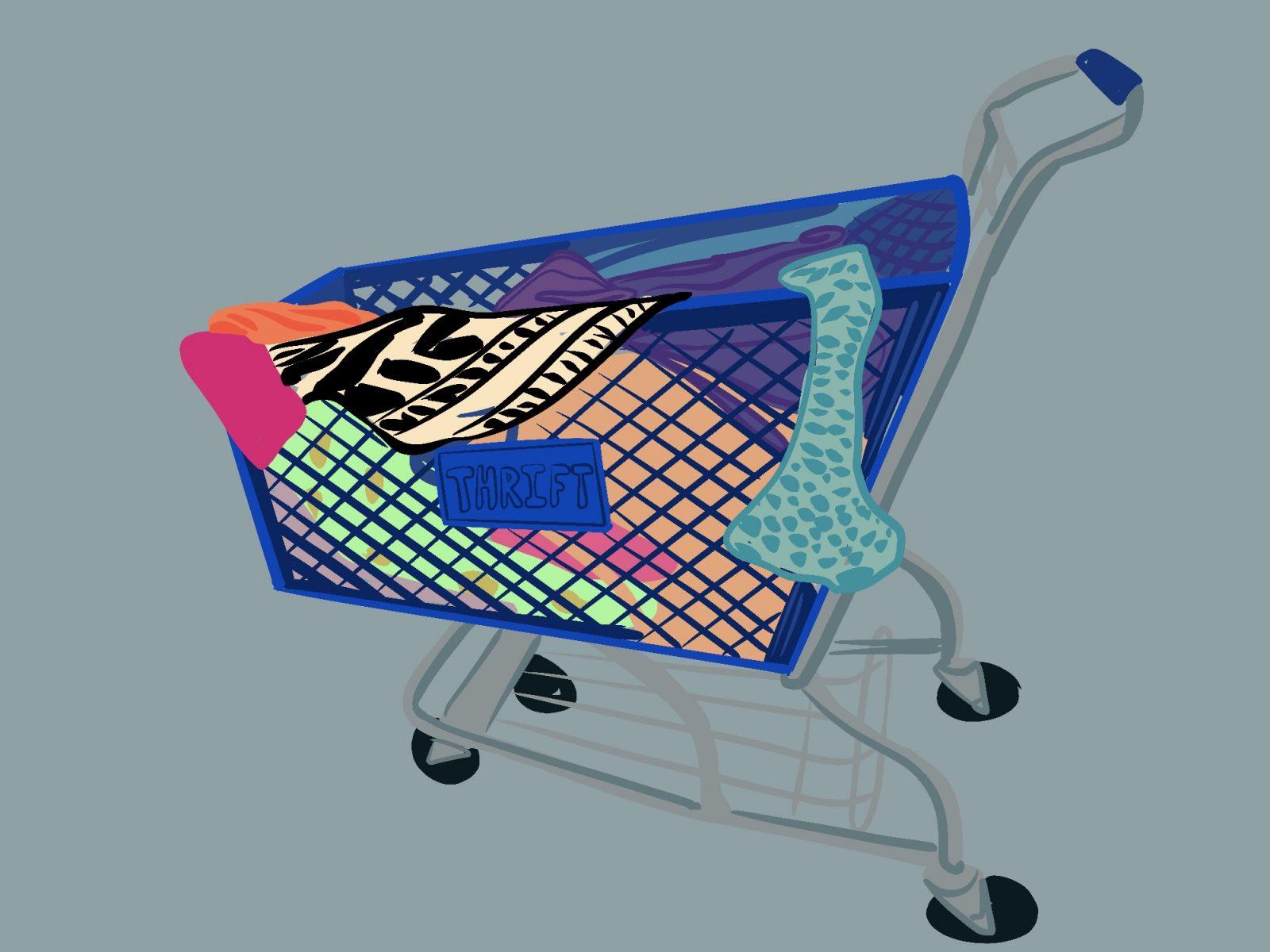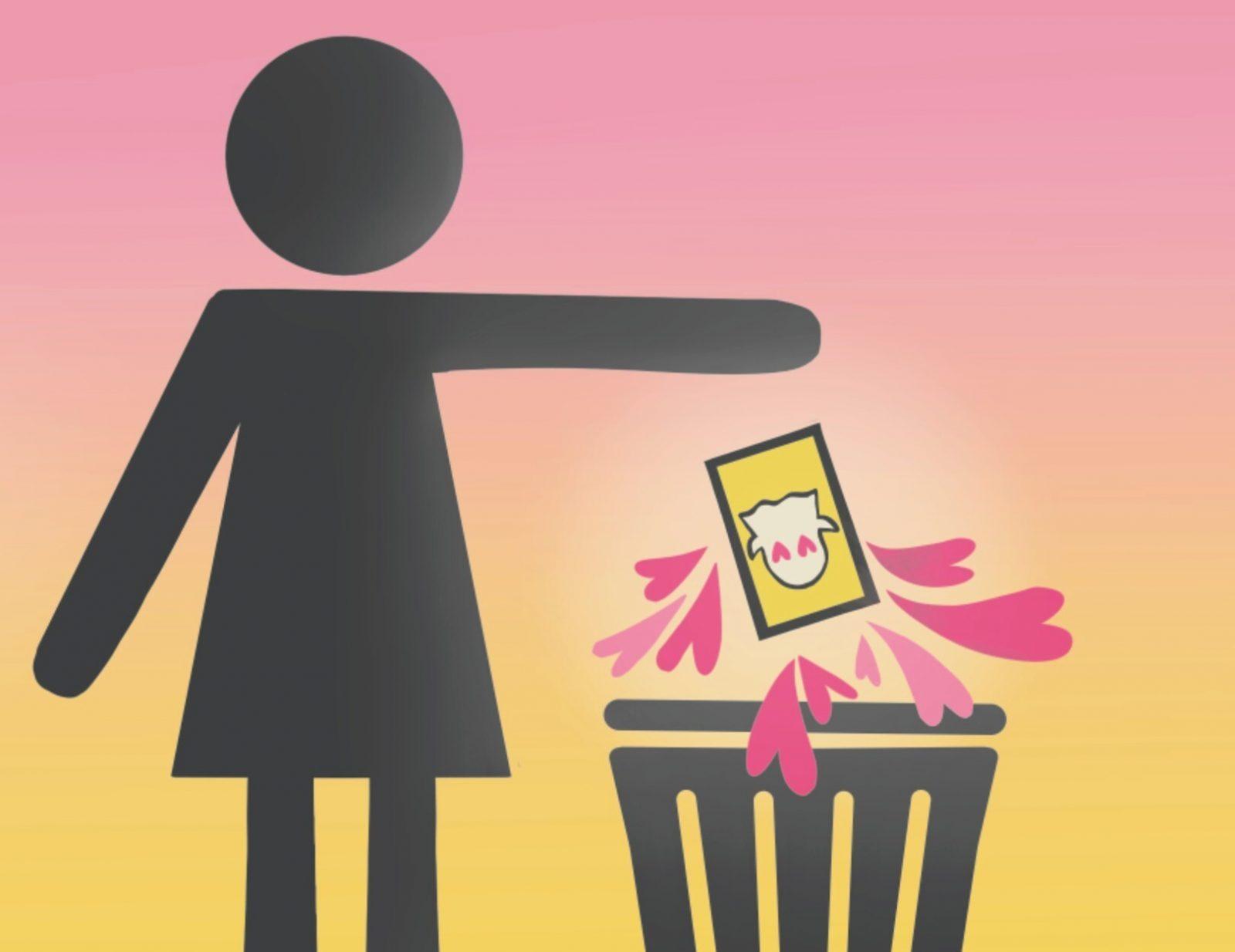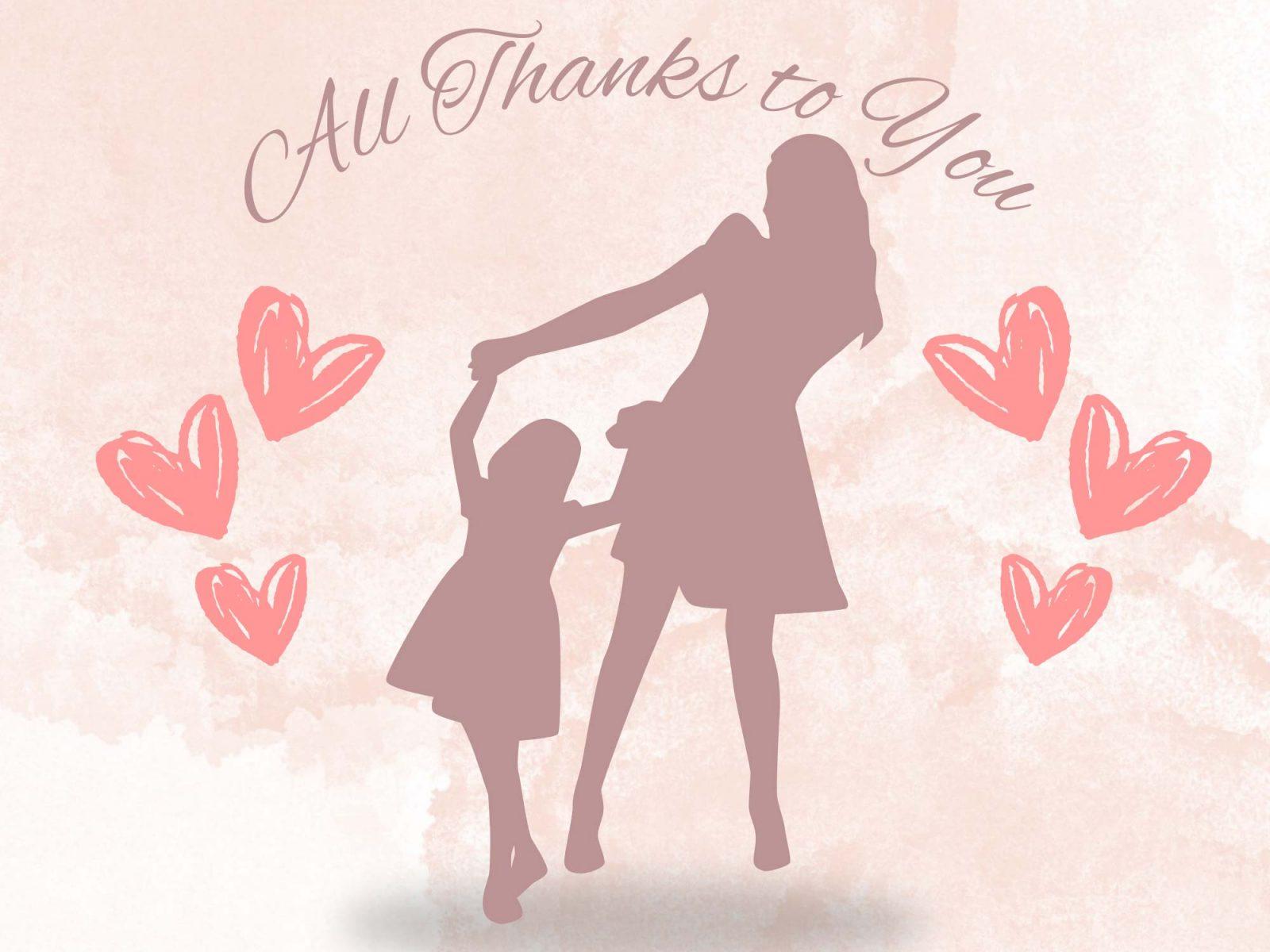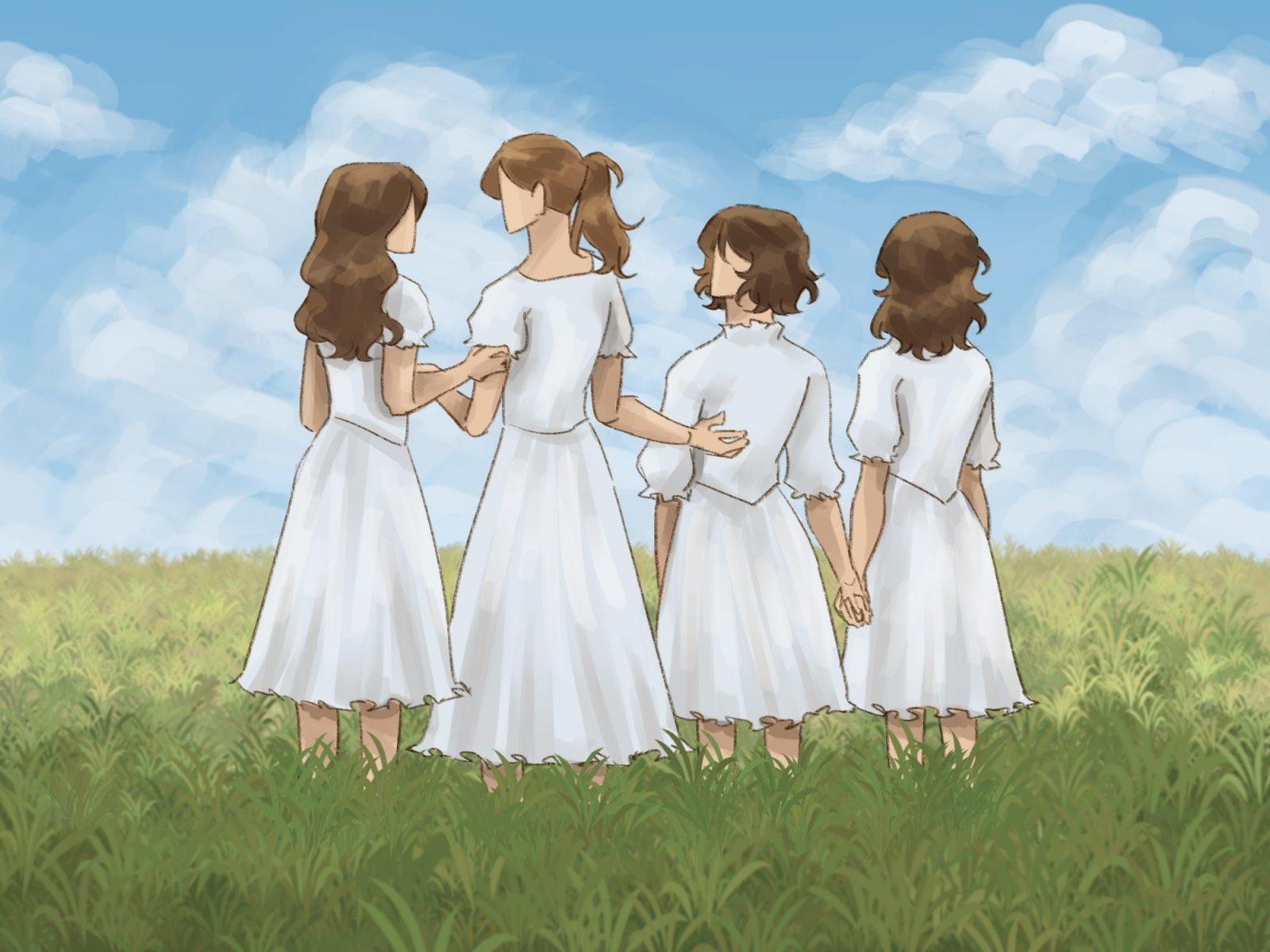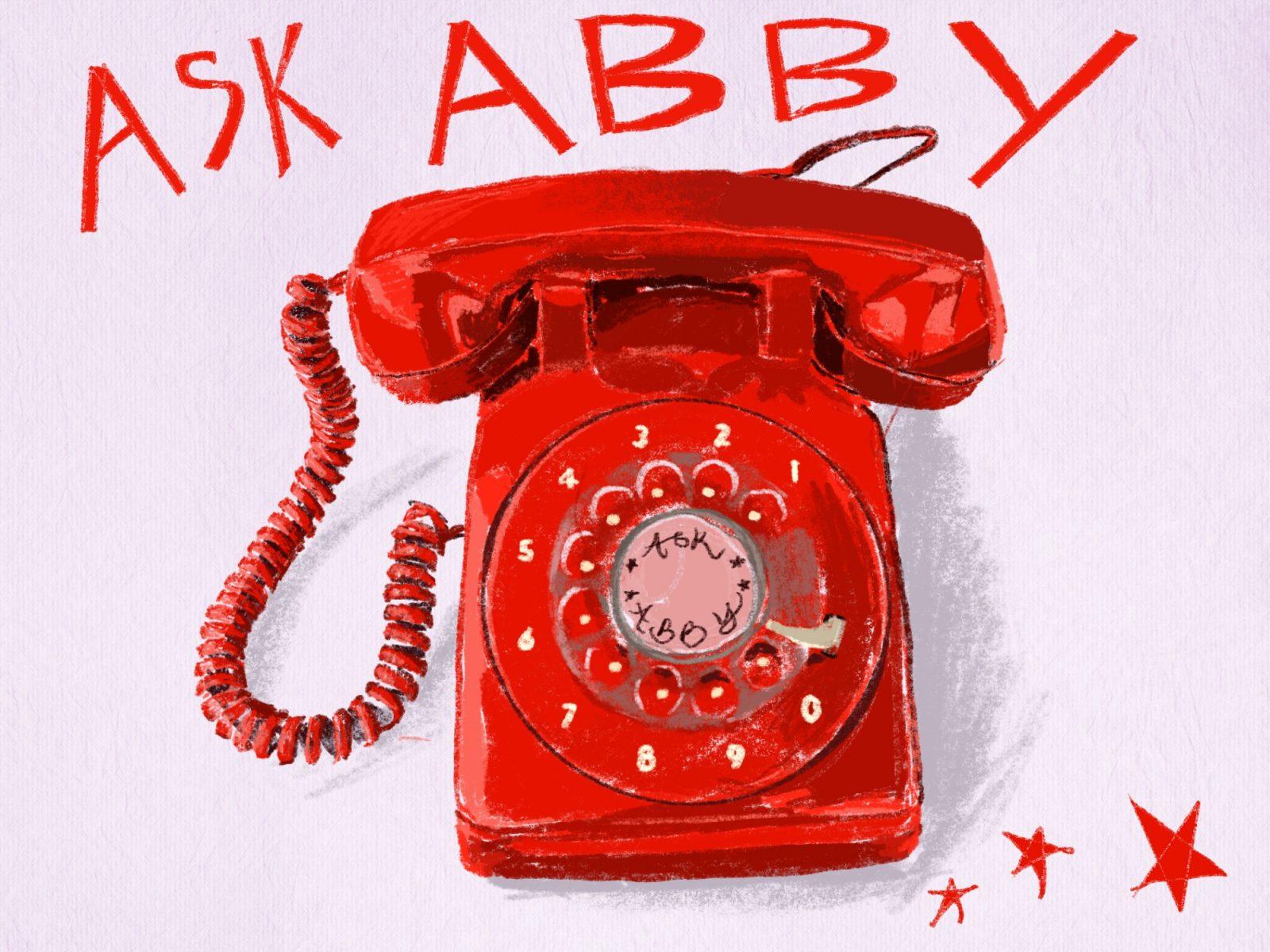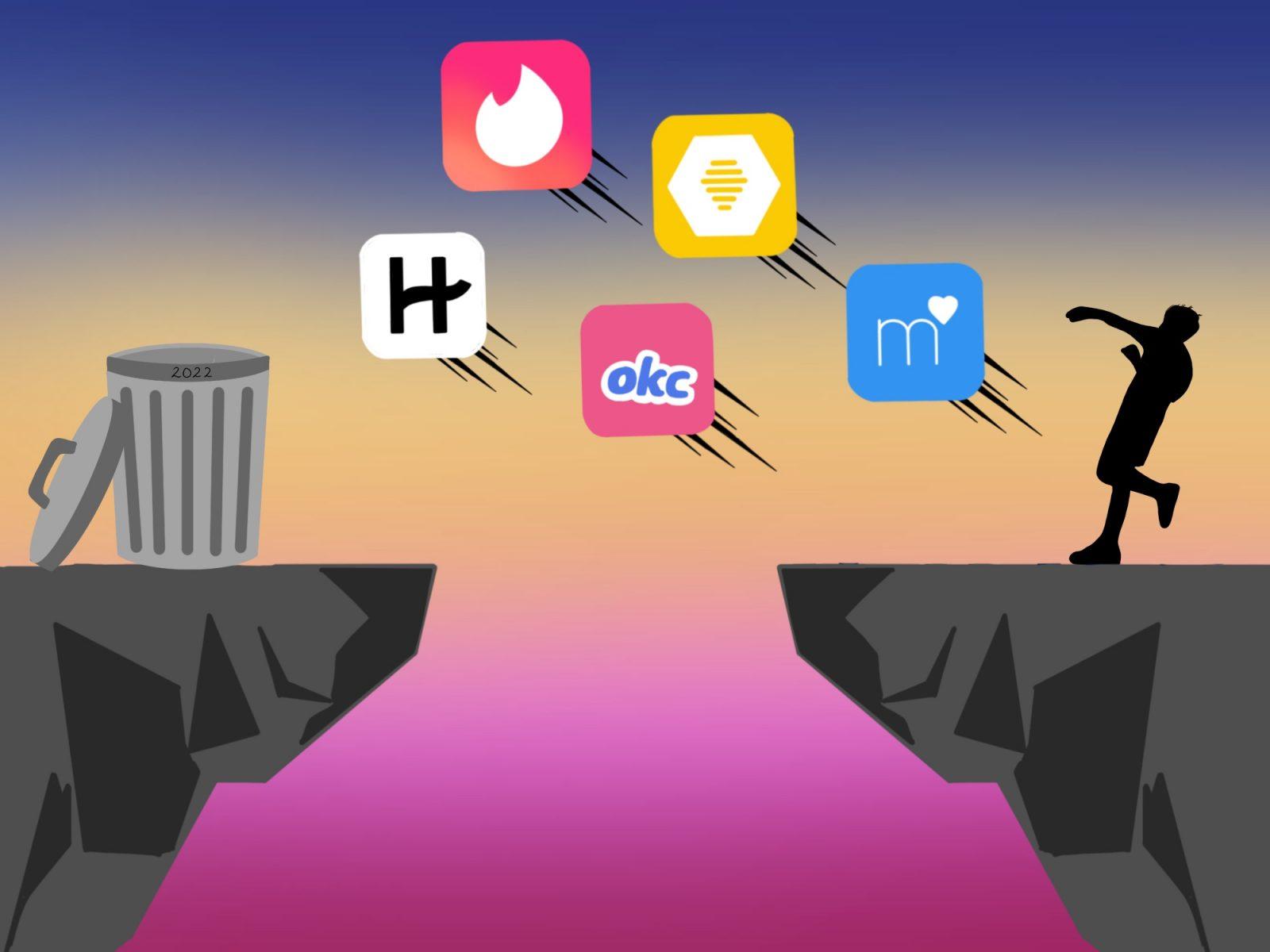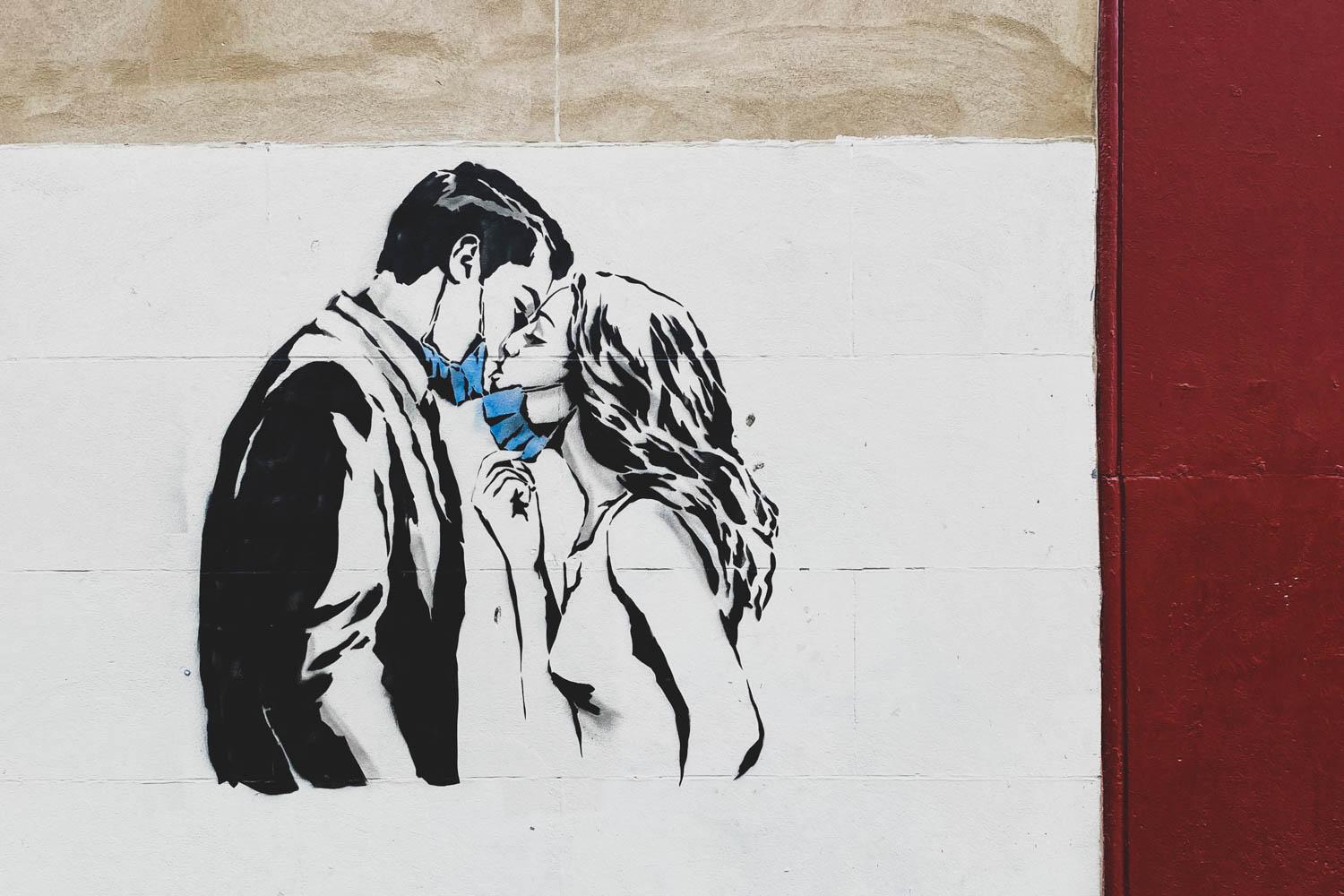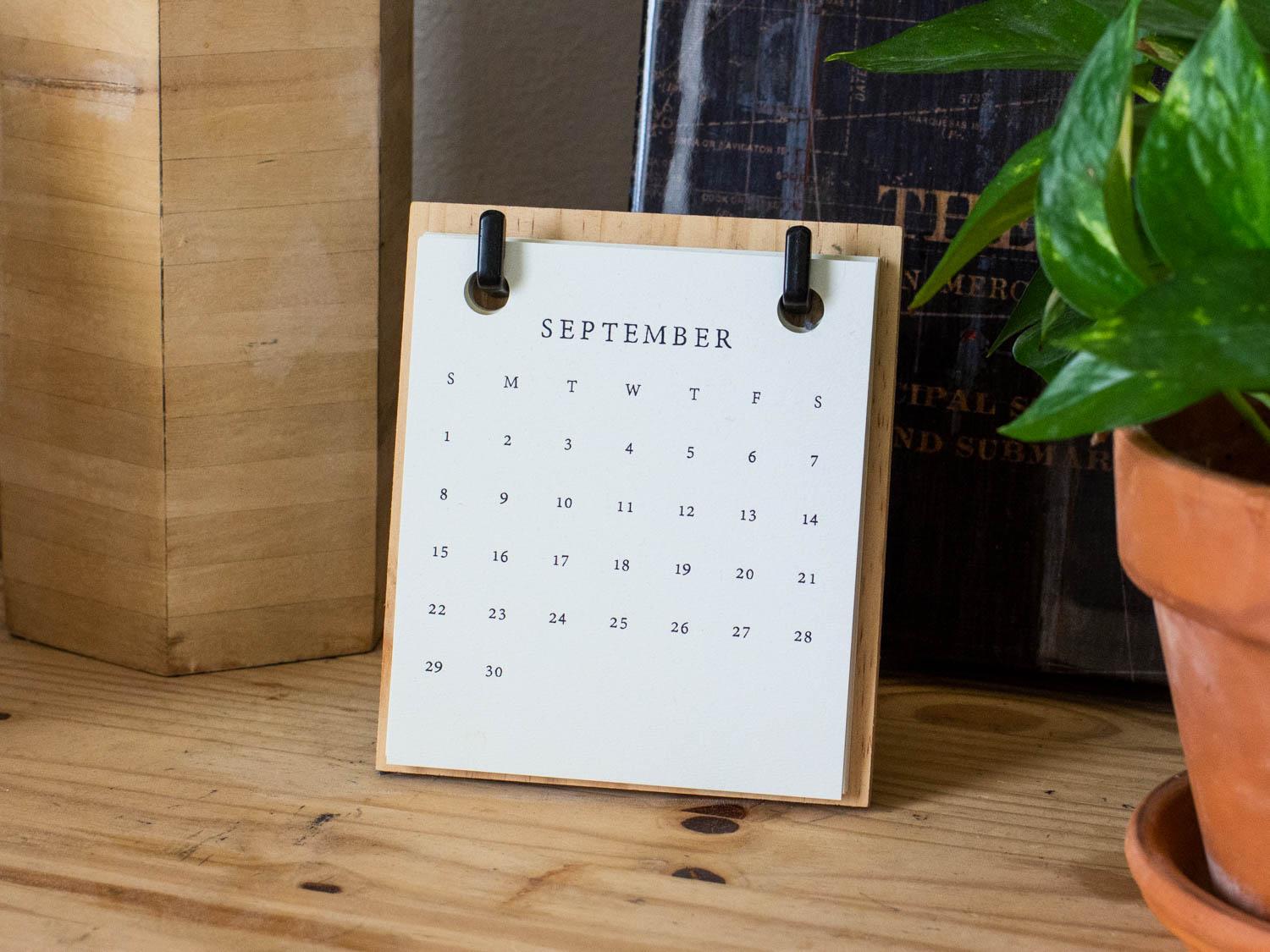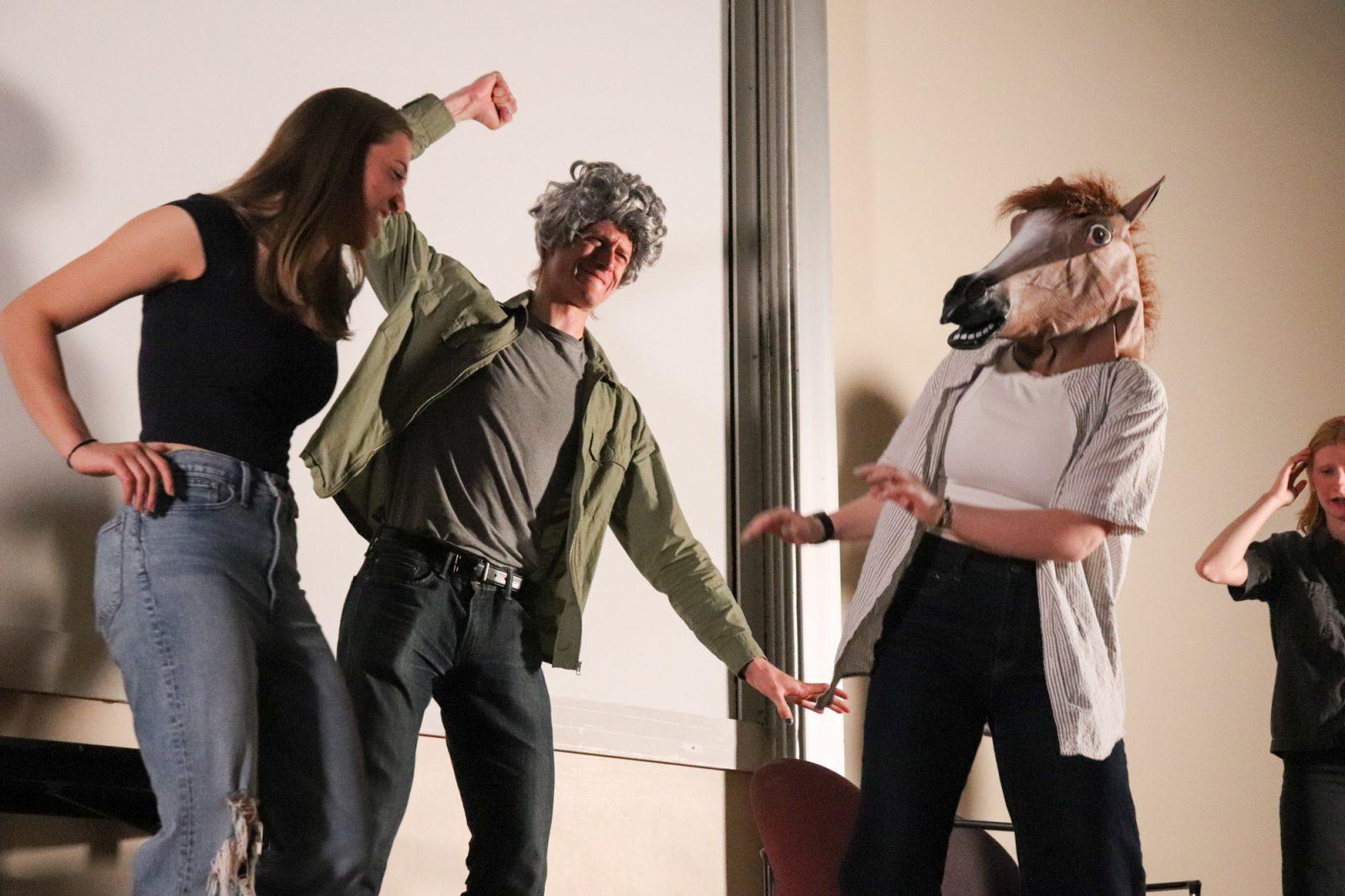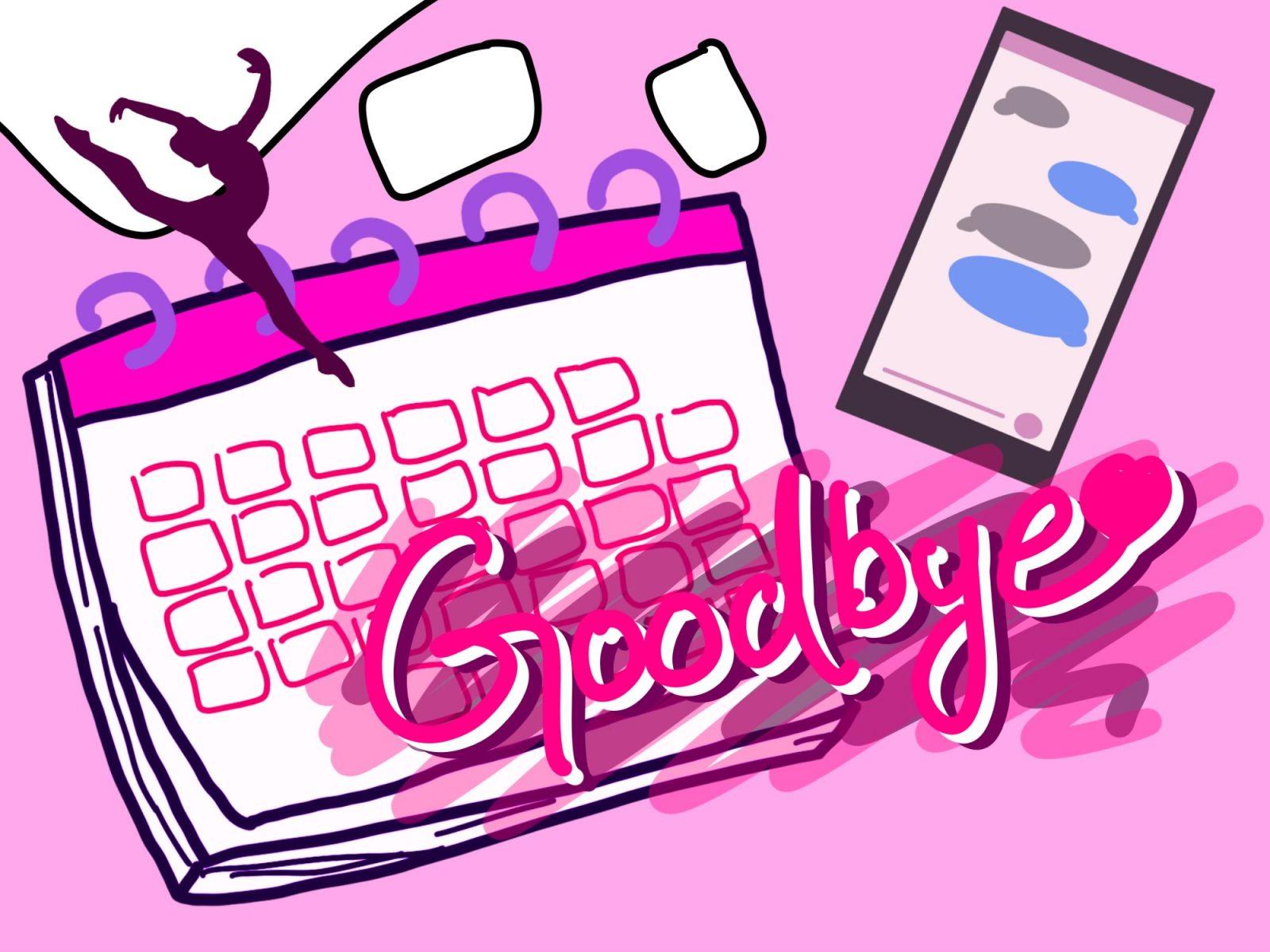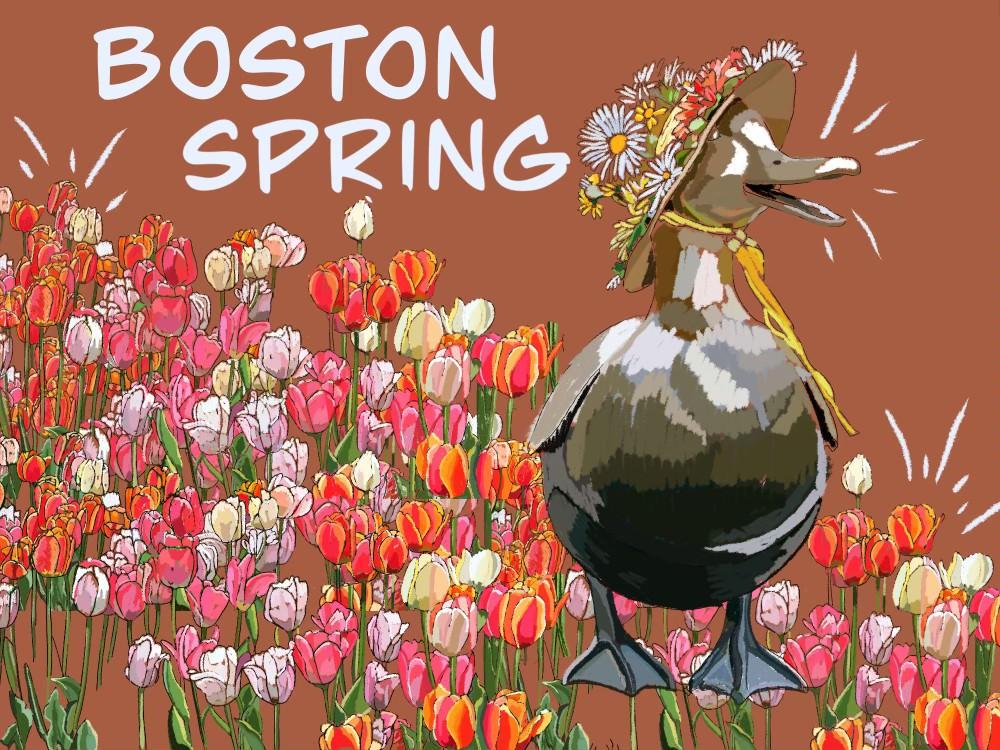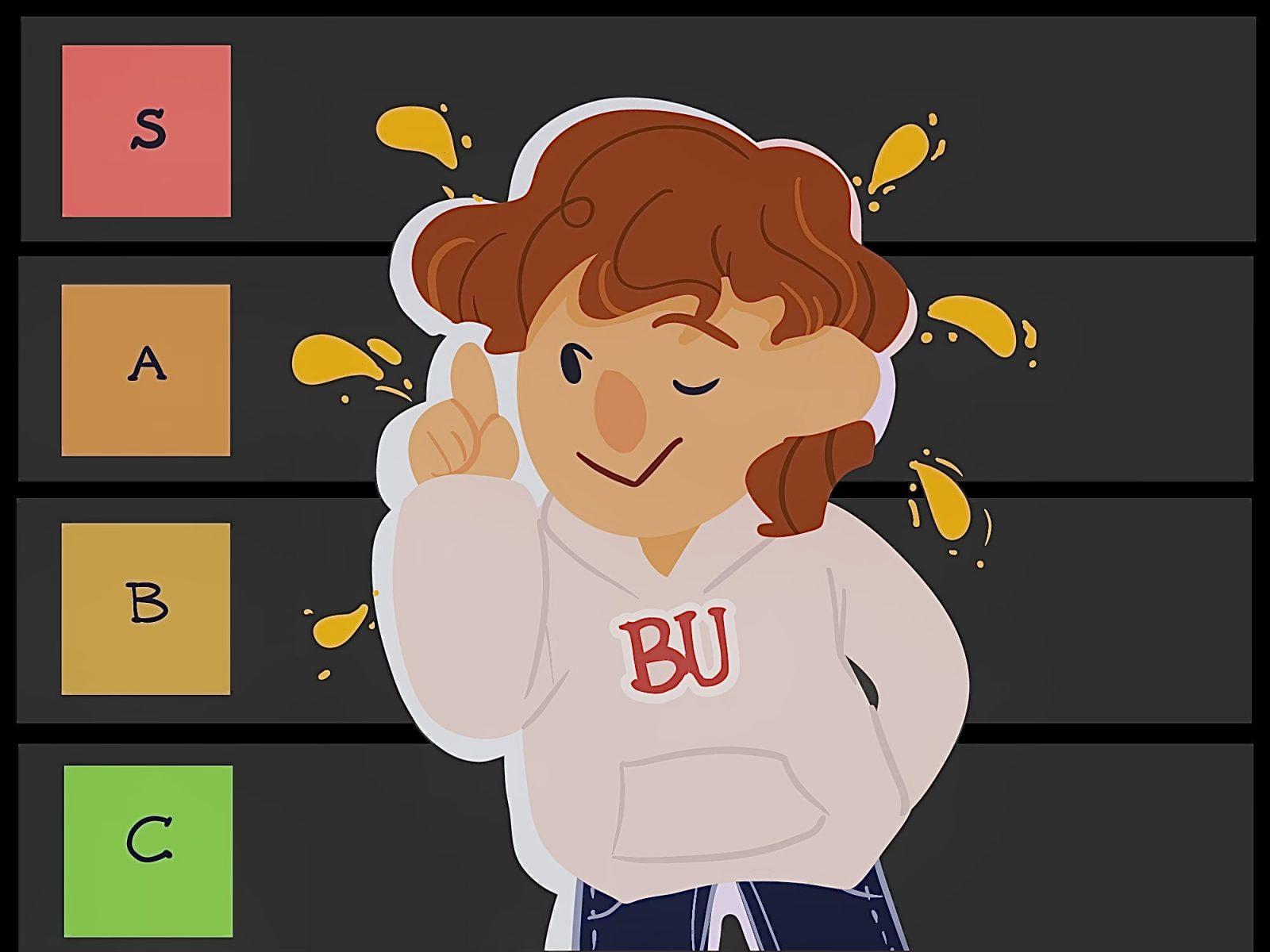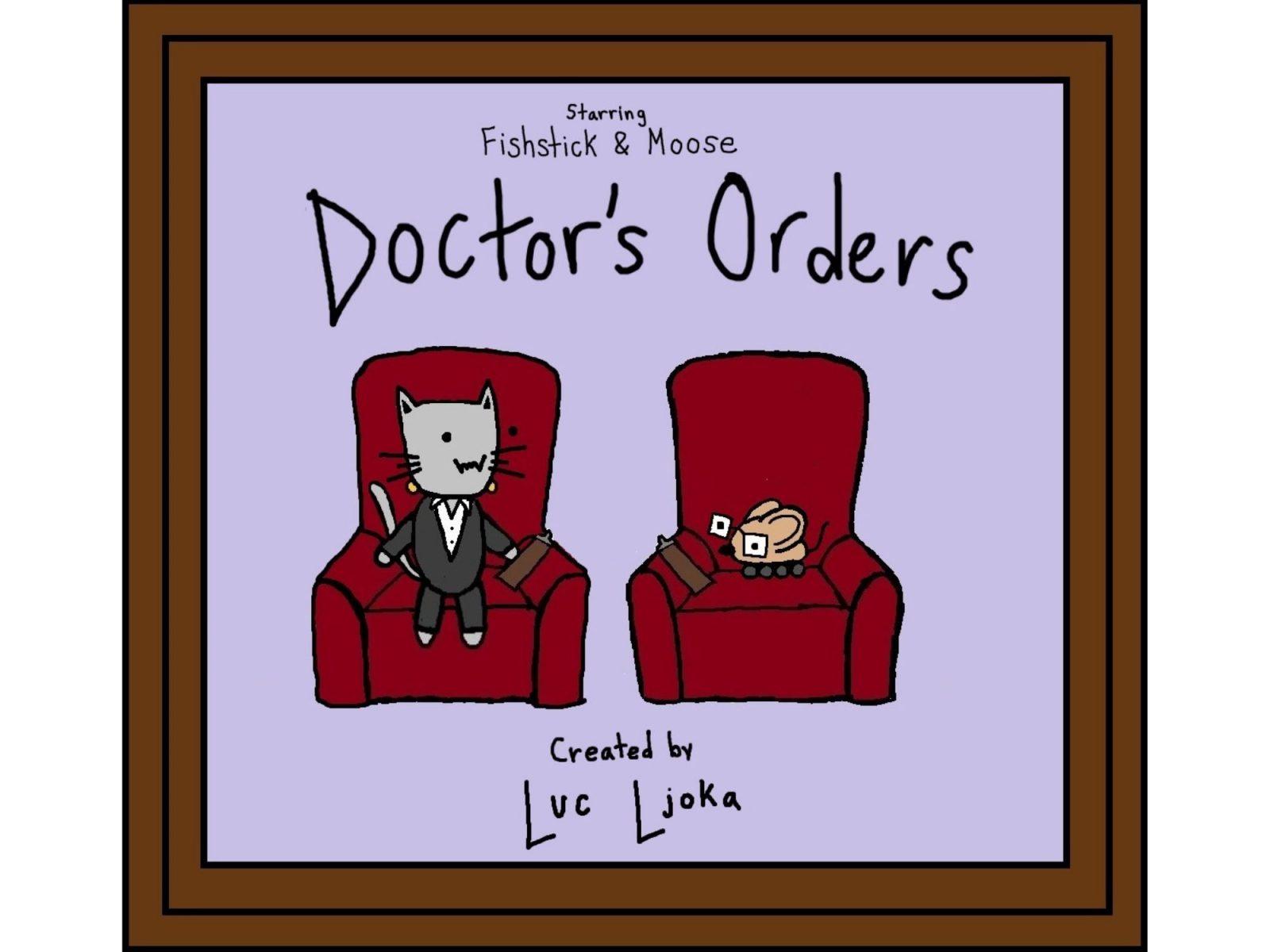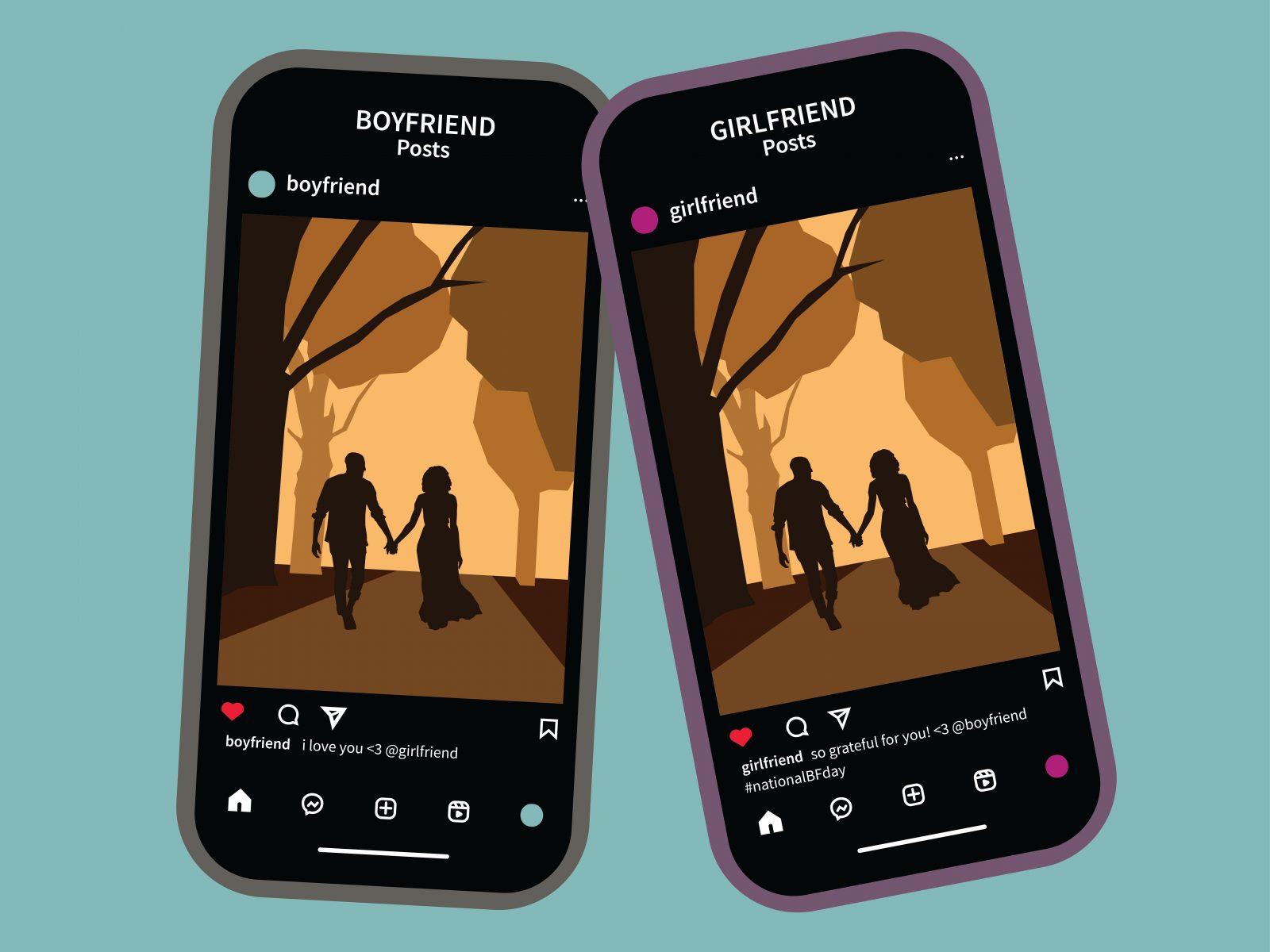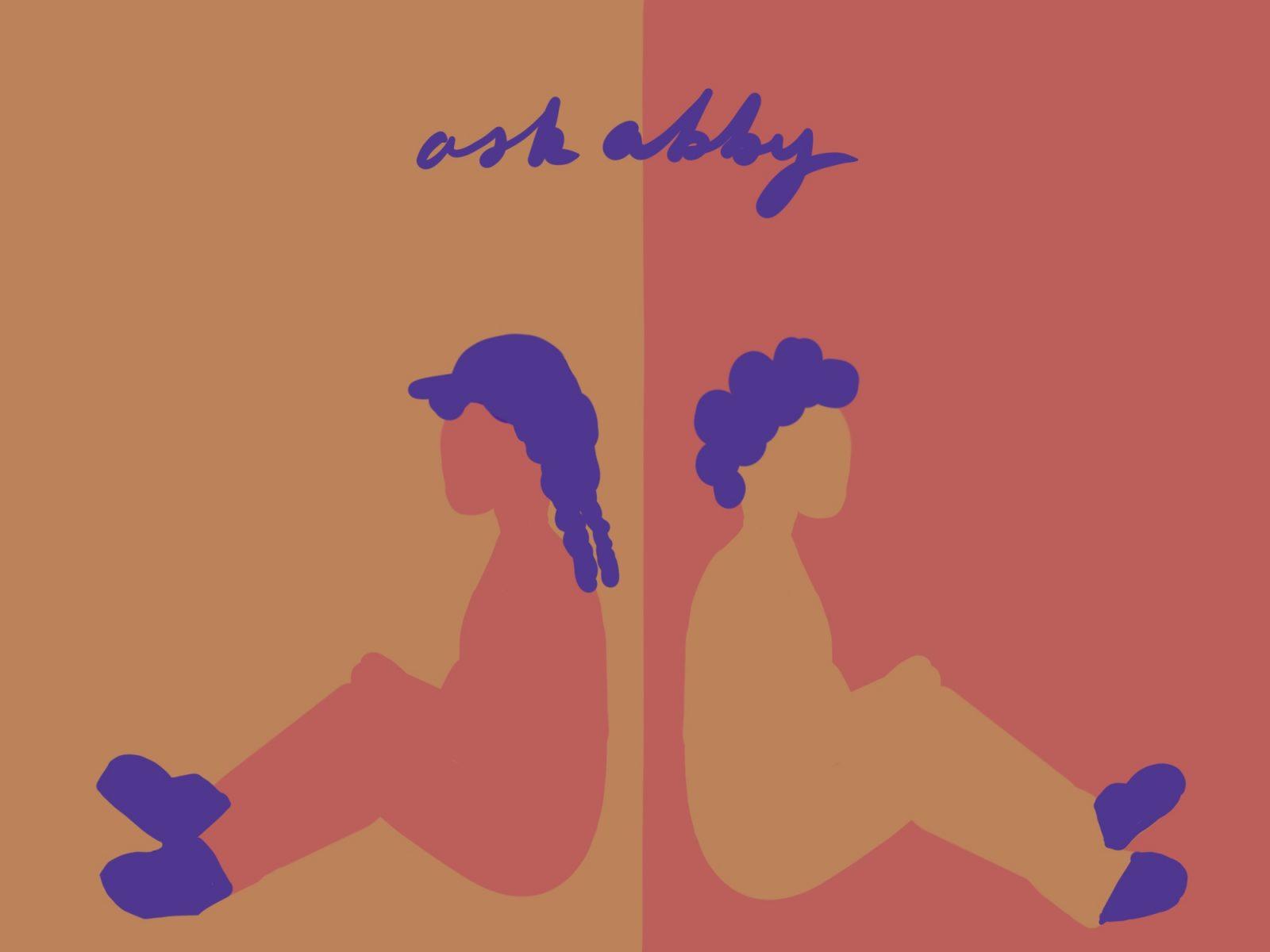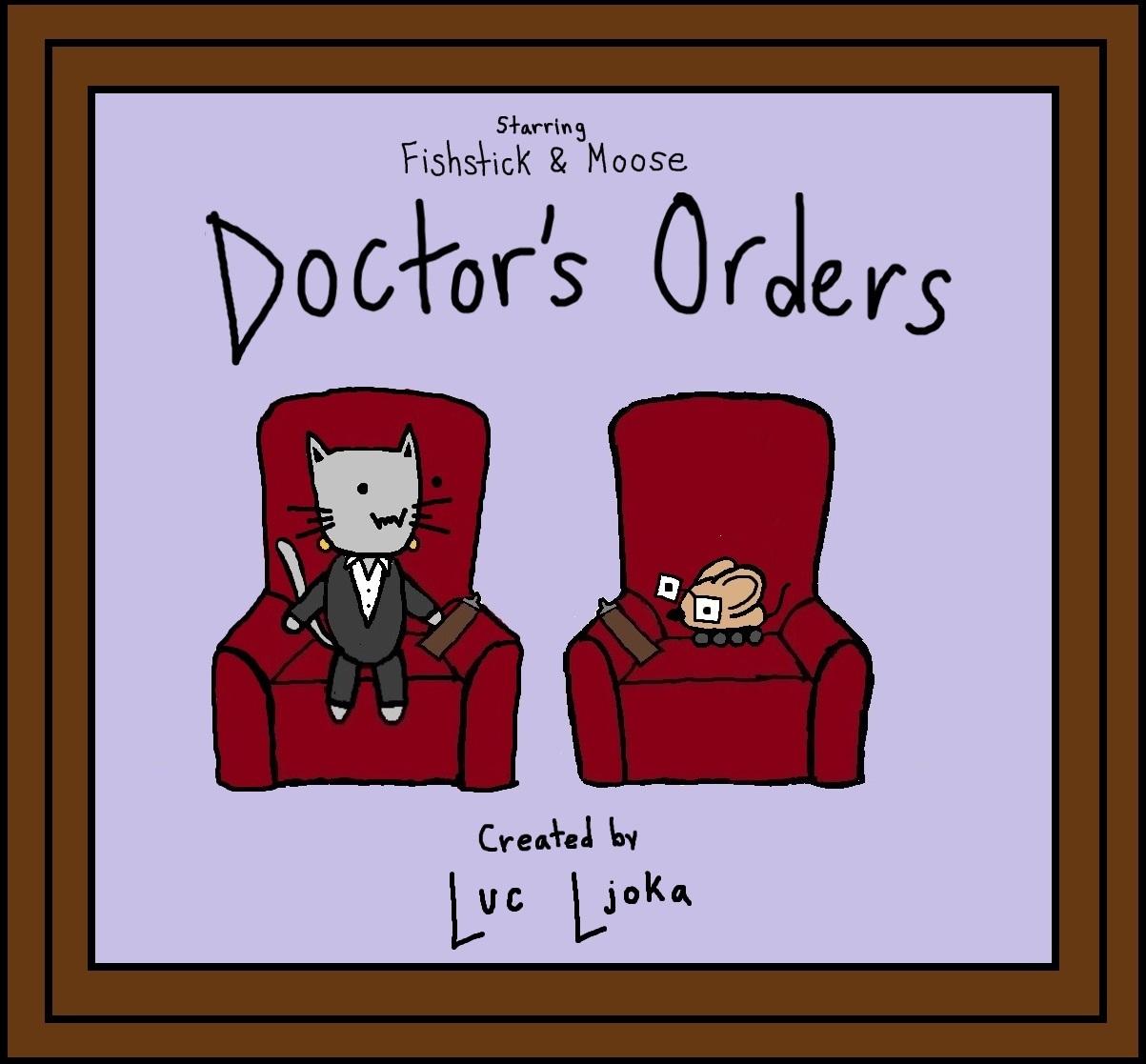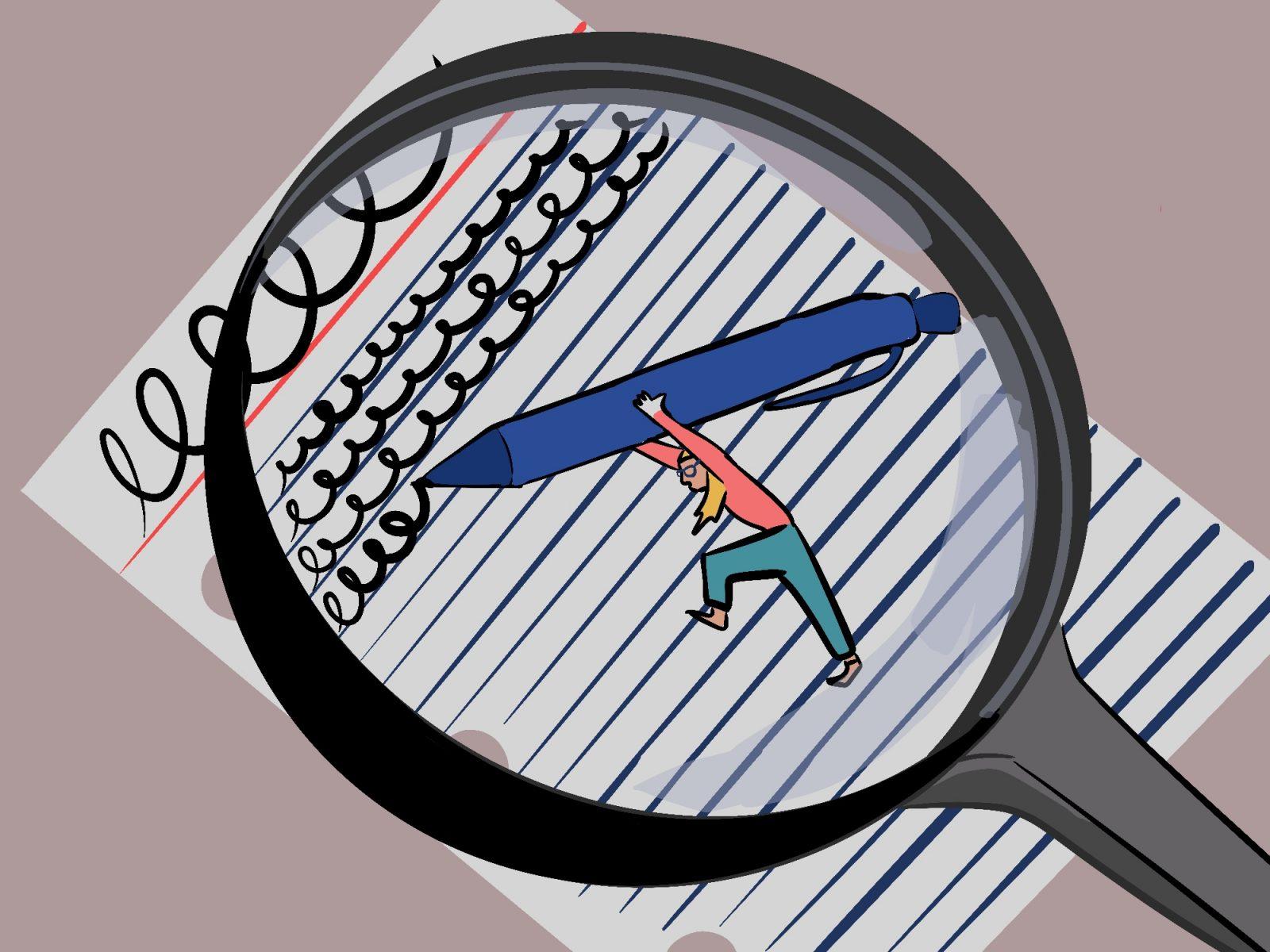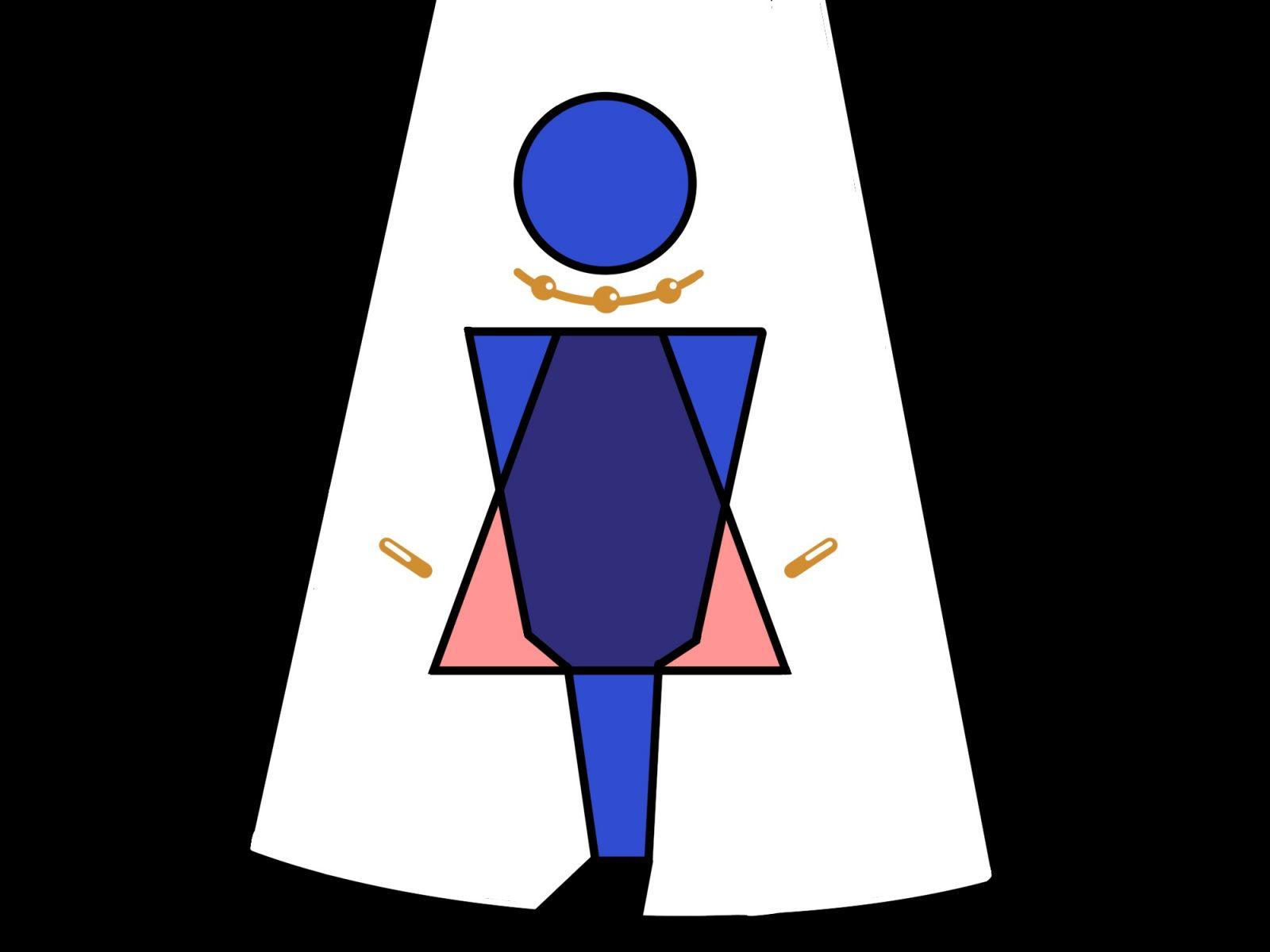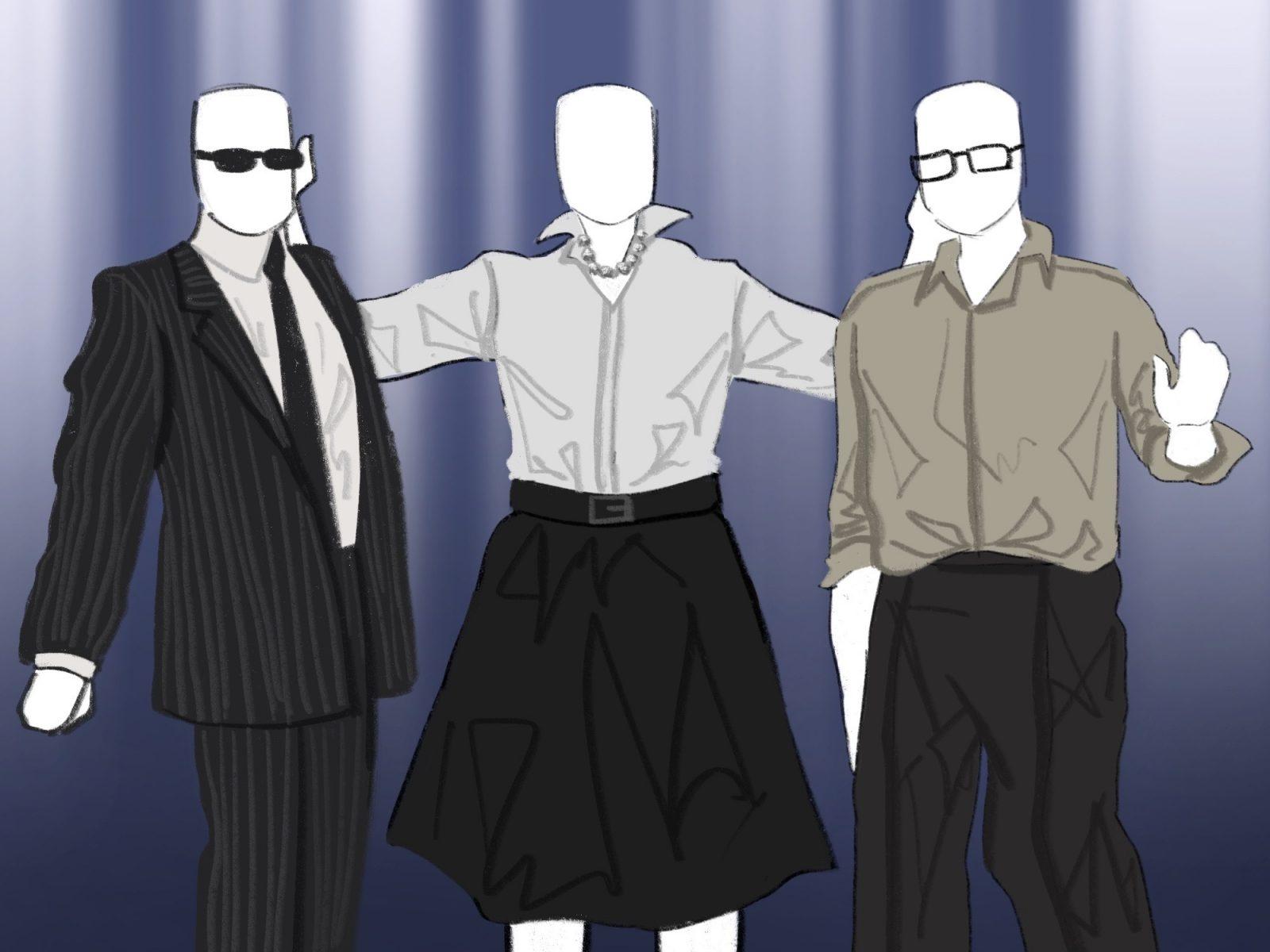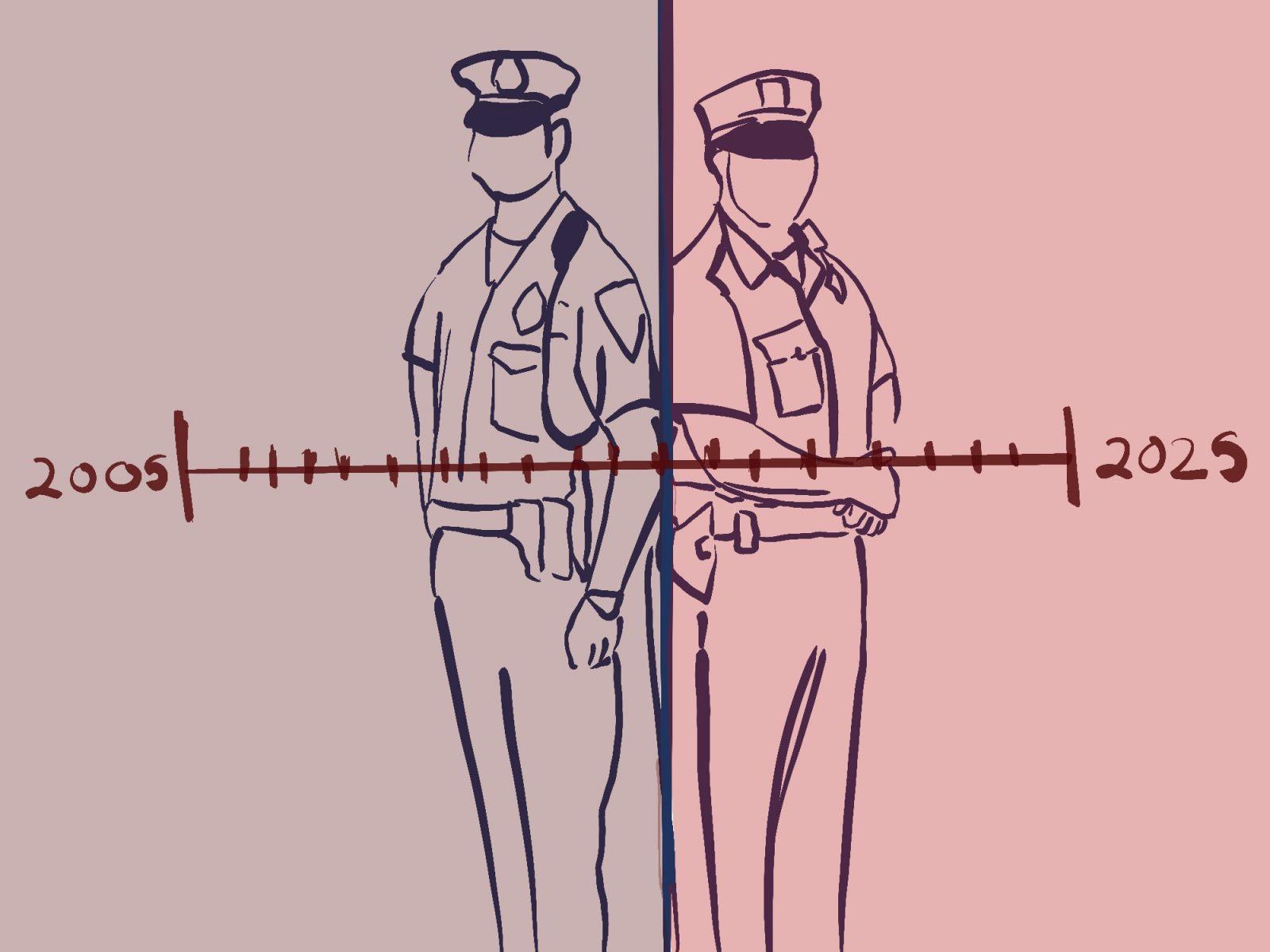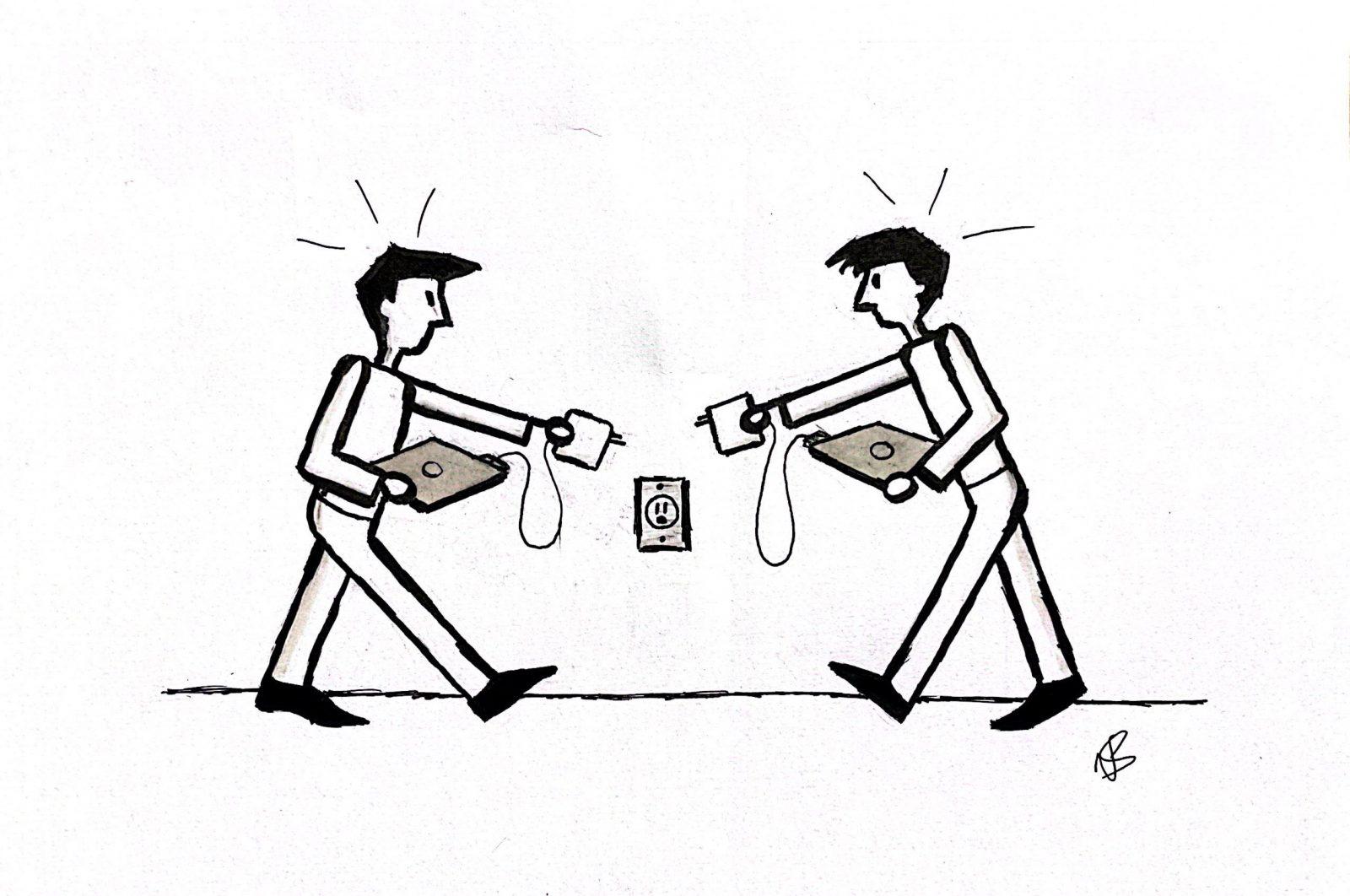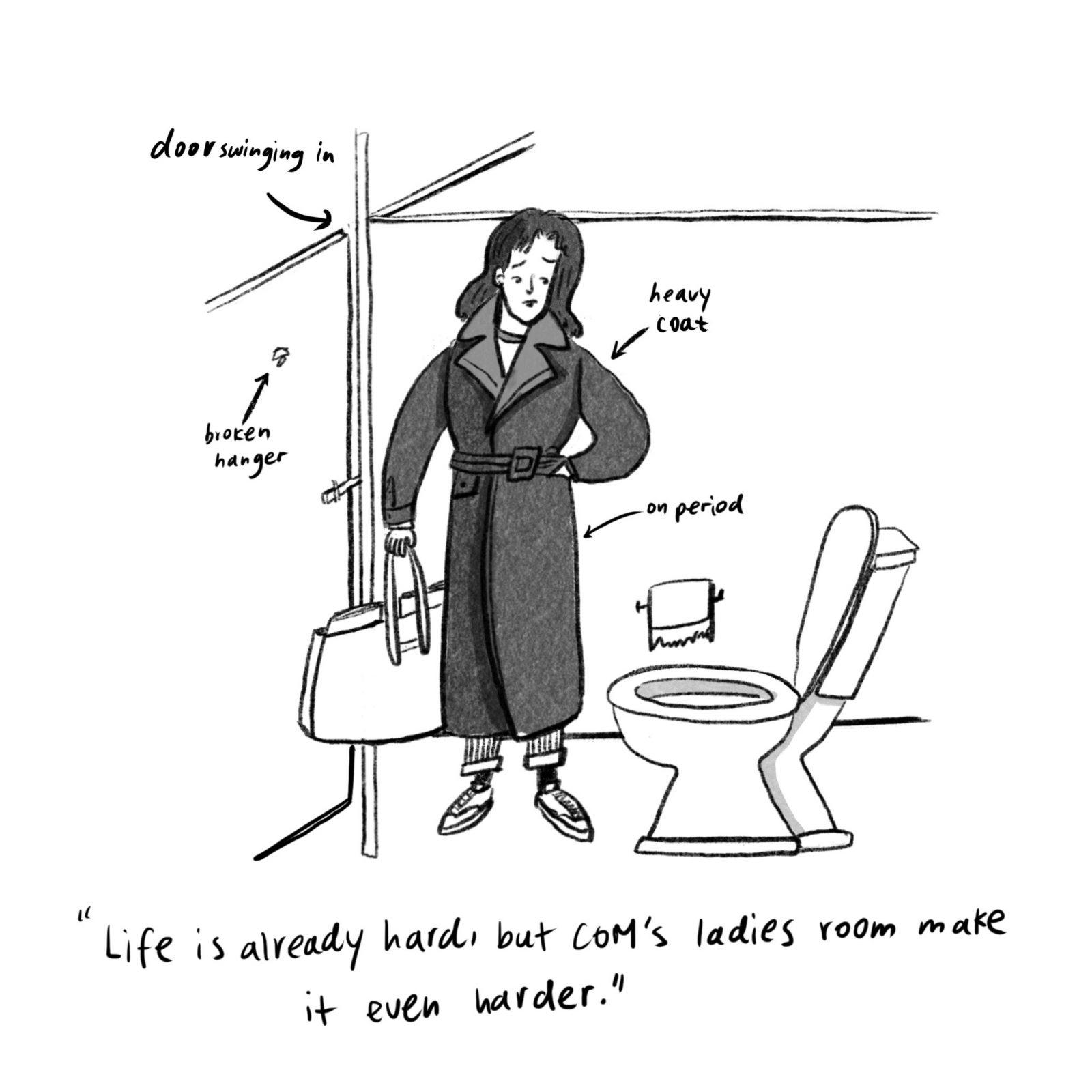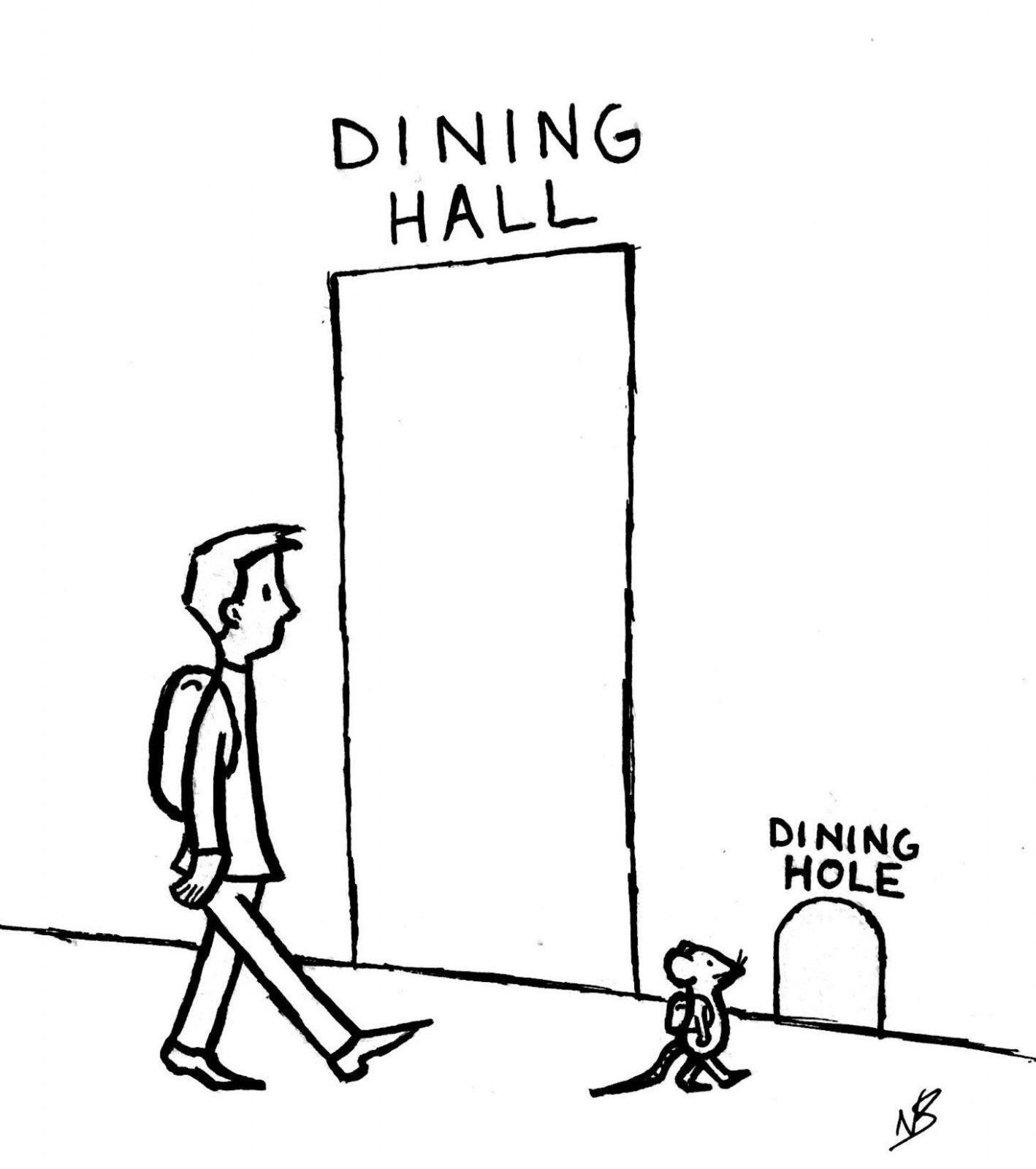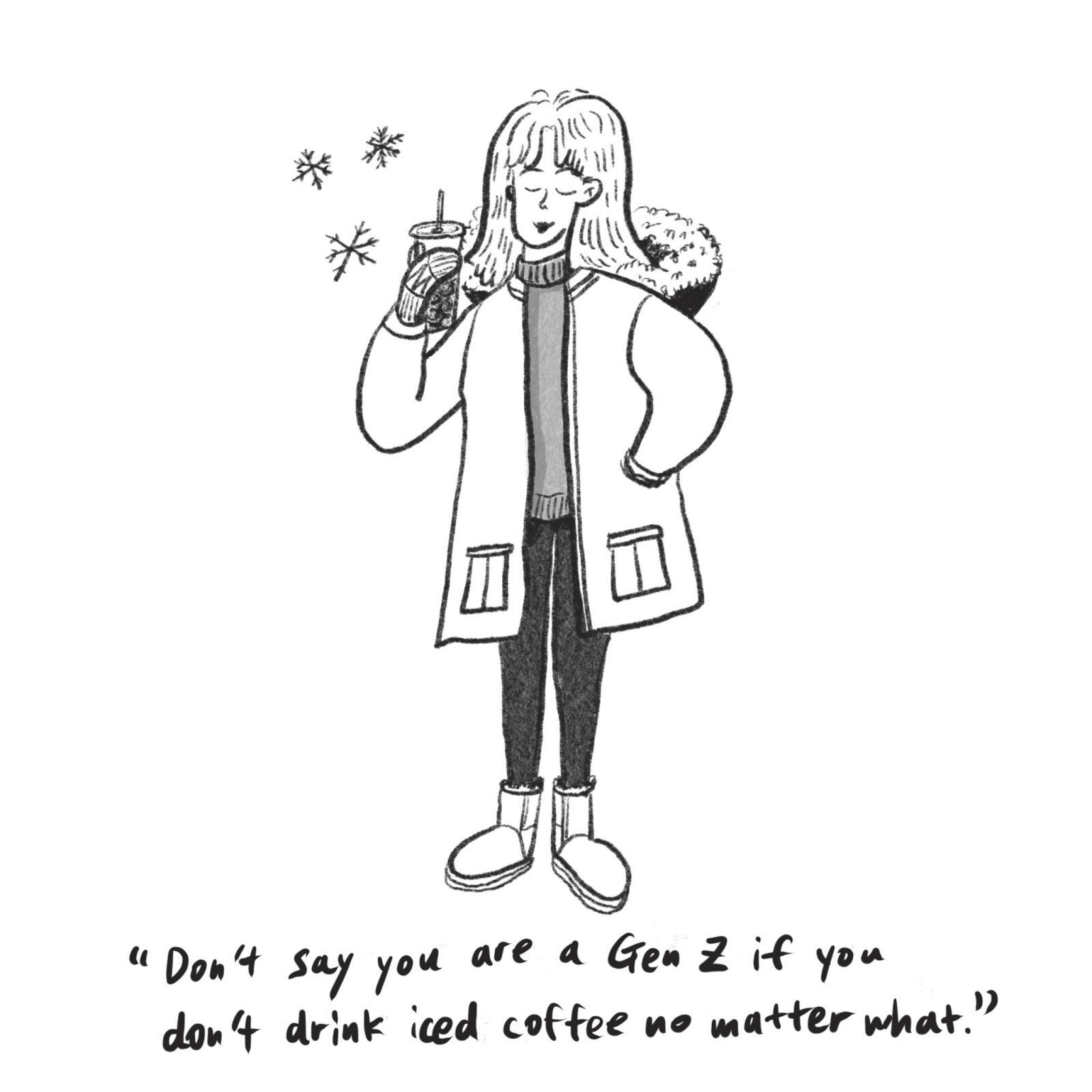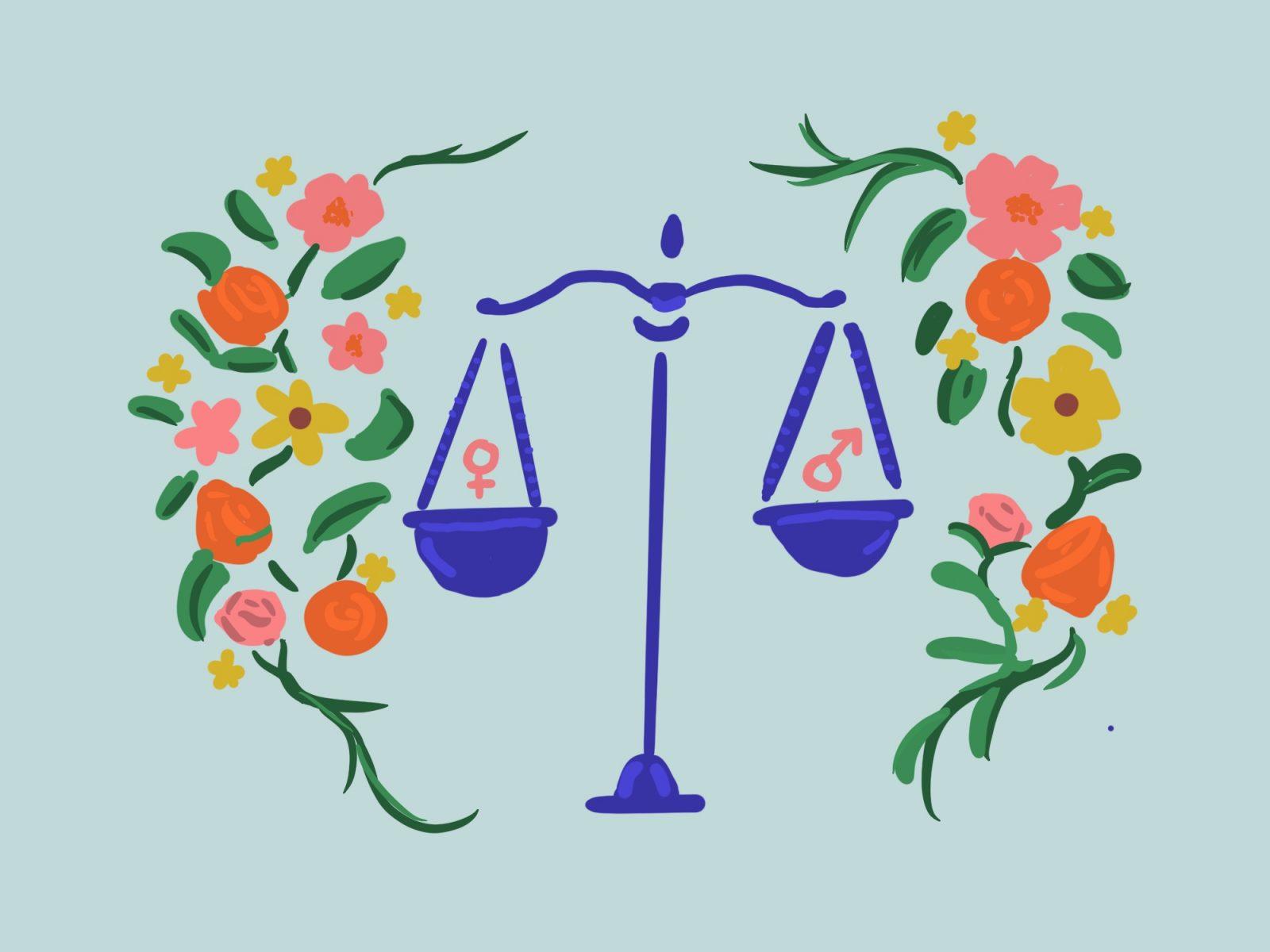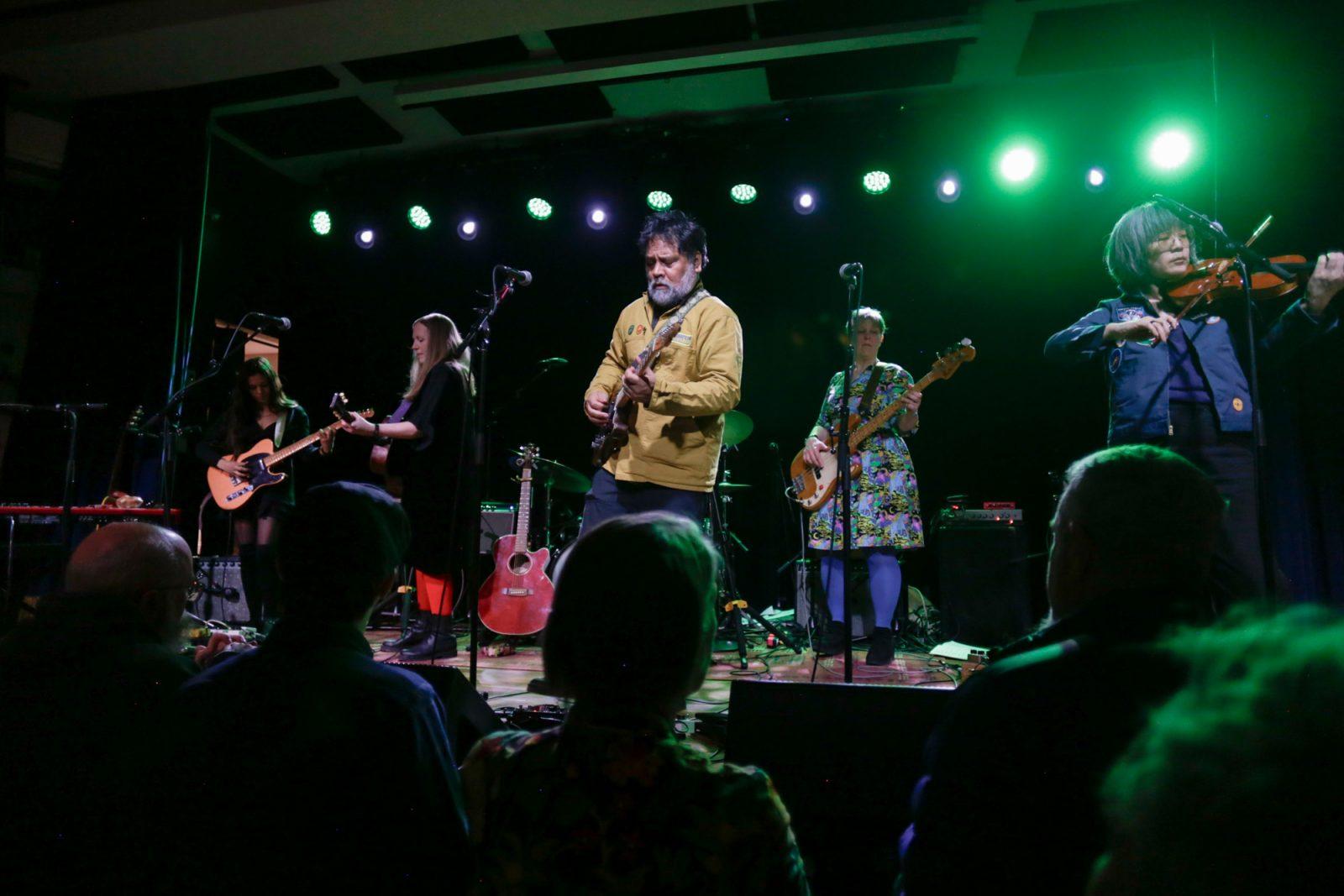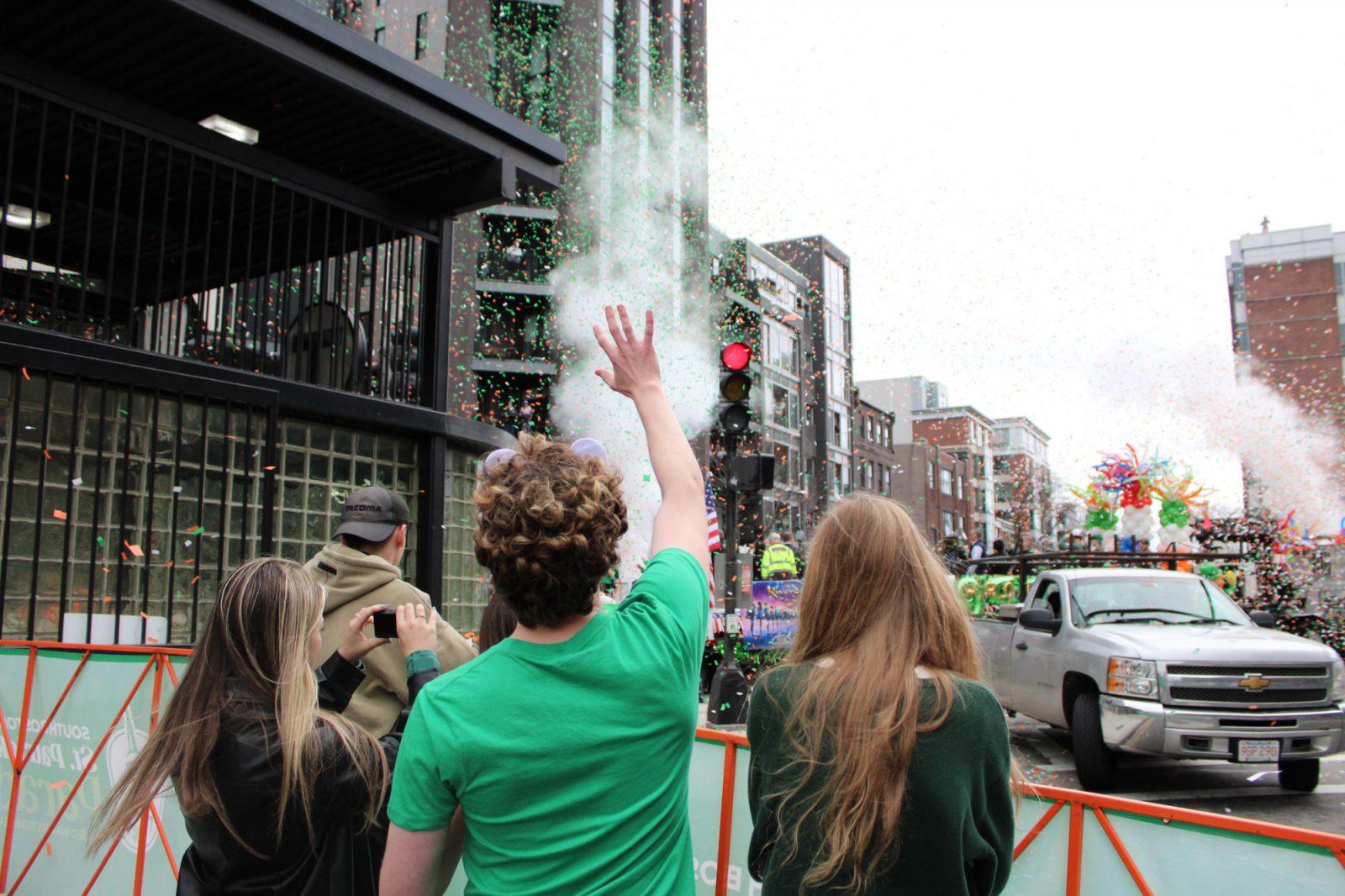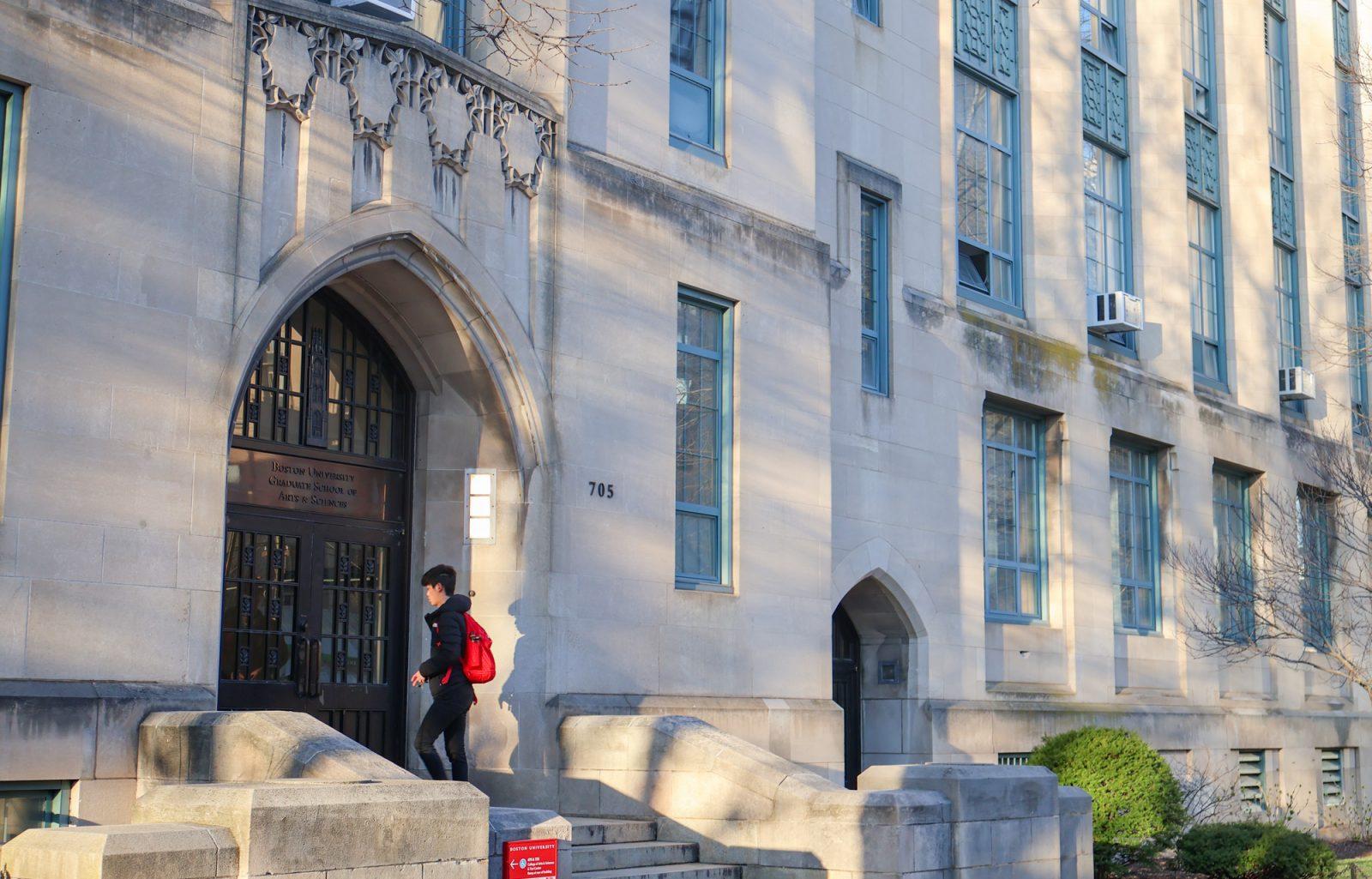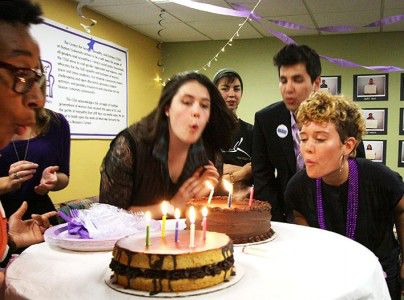
The Center for Gender, Sexuality and Activism celebrated five years of student activism at a birthday party for the organization on Friday night.
“Tonight is a chance to celebrate the fifth birthday [of CGSA],” said CGSA Public Relations Coordinator Ileana Tauscher. “We get the chance to go over all of the things that we have done in the past five years. We get to welcome back alumni … and it’s a way for us to fundraise … It’s a way for us to raise awareness for the center because we are always trying to get people to know we exist.”
Tauscher, a School of Management senior, said CGSA reinstated itself at BU during the fall 2008 semester after being shut down in the 1970s. For the past five years, CGSA has served as a resource for many different students on campus.
During the party, co-directors Swanson Ninan and Chelsea Schwalm spoke to the audience about what CGSA has accomplished in the past five years. Following their presentation, College of Arts and Sciences junior Laura Cha and Sargent College of Health and Rehabilitation Sciences junior Sandy Lee sang. Member Jay Schwartz, a College of Communication junior, read poetry.
Tauscher said CGSA reopened five years ago as the Women’s Resource Center. Since the center changed its name to CGSA in 2011, she said it has become a more inclusive space for BU students.
“We were always very inclusive, but the title made it seem like it was just for people who identified as women,” Tauscher said. “So, at this point, we want to make it clear that it [CGSA] is welcome for all genders and all sexualities.”
Sasha Goodfriend, CGSA alumni and development coordinator, said CGSA has accomplished a wide range of achievements over the course of the past five years. She said some of its most notable accomplishments have been involvement in the opening of the Sexual Assault Response and Prevention Center and gender-neutral housing at BU.
“We’re just celebrating all that we’ve accomplished so far, and all of the volunteers who have made this possible,” Goodfriend, a CAS senior, said. “We are always looking to expand our membership, and so far, we have expanded it from being a single-digit [executive] board, for example, to now 14 people on our board.”
Lizabeth Metzger, CGSA alumna, said the Women’s Resource Center existed for about 30 years before it was renamed CGSA and given its own space in the basement of the George Sherman Union.
“All of a sudden, things magically came together,” Metzger, a Sargent College of Health and Rehabilitation Sciences 2009 and 2011 graduate, said. “People wrote proposals, they petitioned to the right people and the [CGSA] space opened up … Over time, it’s become a hub for student activism, which is pretty amazing. We’ve been very impressed by the past two years, and everything that this space has accomplished.”
Ninan, a CAS junior, said CGSA is constantly evolving, and that each year, students bring new ideas and challenges to the table.
“We do a lot of weekly programming,” Ninan said. “We do a bunch of consciousness raising, where students will bring ideas to the table and want to do a presentation on some topic of form of oppression that they feel really interested in and want to educate our community members to, and they are always open to everyone else.”
Recently, CGSA members have worked on uniting different activists on campus to collaborate with them on various issues, Ninan said. Members are currently working with the university to obtain gender-neutral bathrooms.
“It is just beautiful to have a space that really encourages growth and change and challenges people’s assumptions about what is going on in our university and larger community in Boston,” Ninan said.
In November, CGSA will host the New England’s Women’s Center Conference, which brings together various other similar entities, Schwalm said. The conference will help connect CGSA with the outside community.
“The center was a place that kind of saved my life in a lot of ways,” Schwalm said. “Coming into the Center, I was able to connect with a lot of people on things that were really important to me, especially feminism and queer issues, and I figured out that I wasn’t a pessimist, but I was just an activist.”

